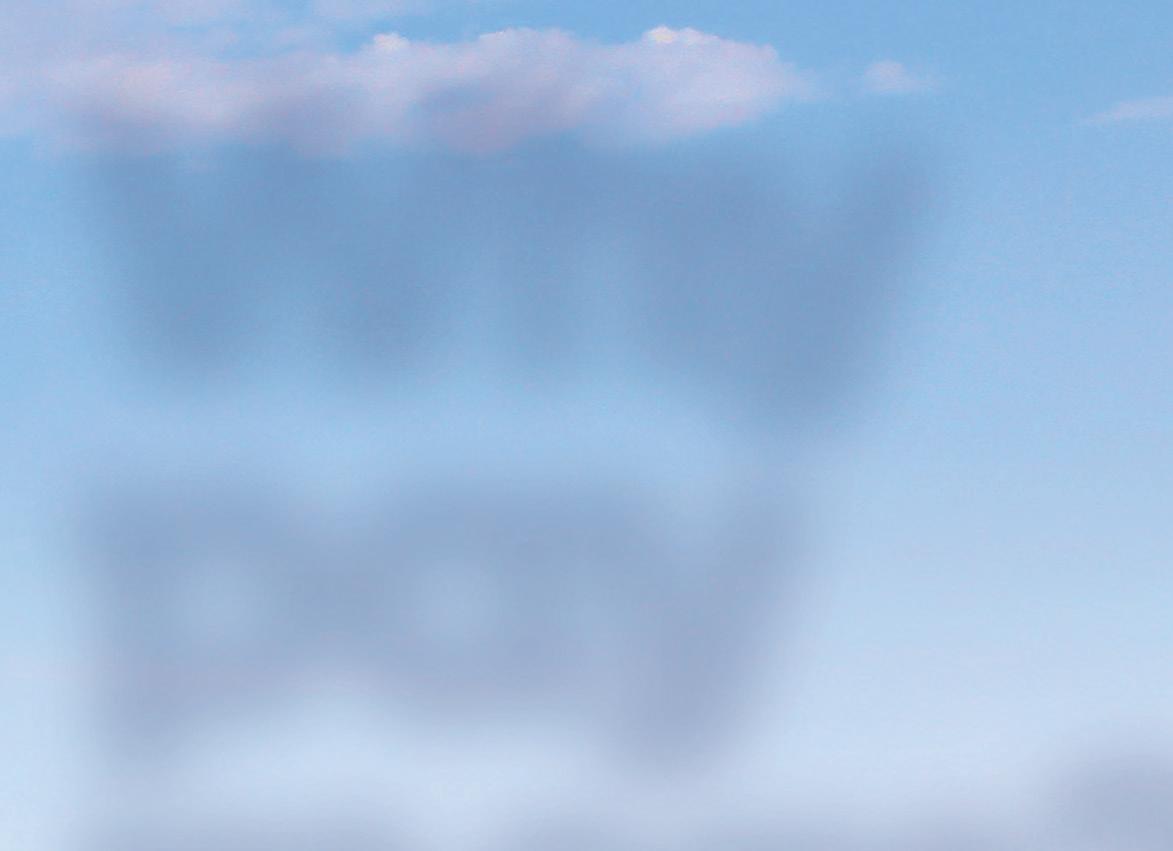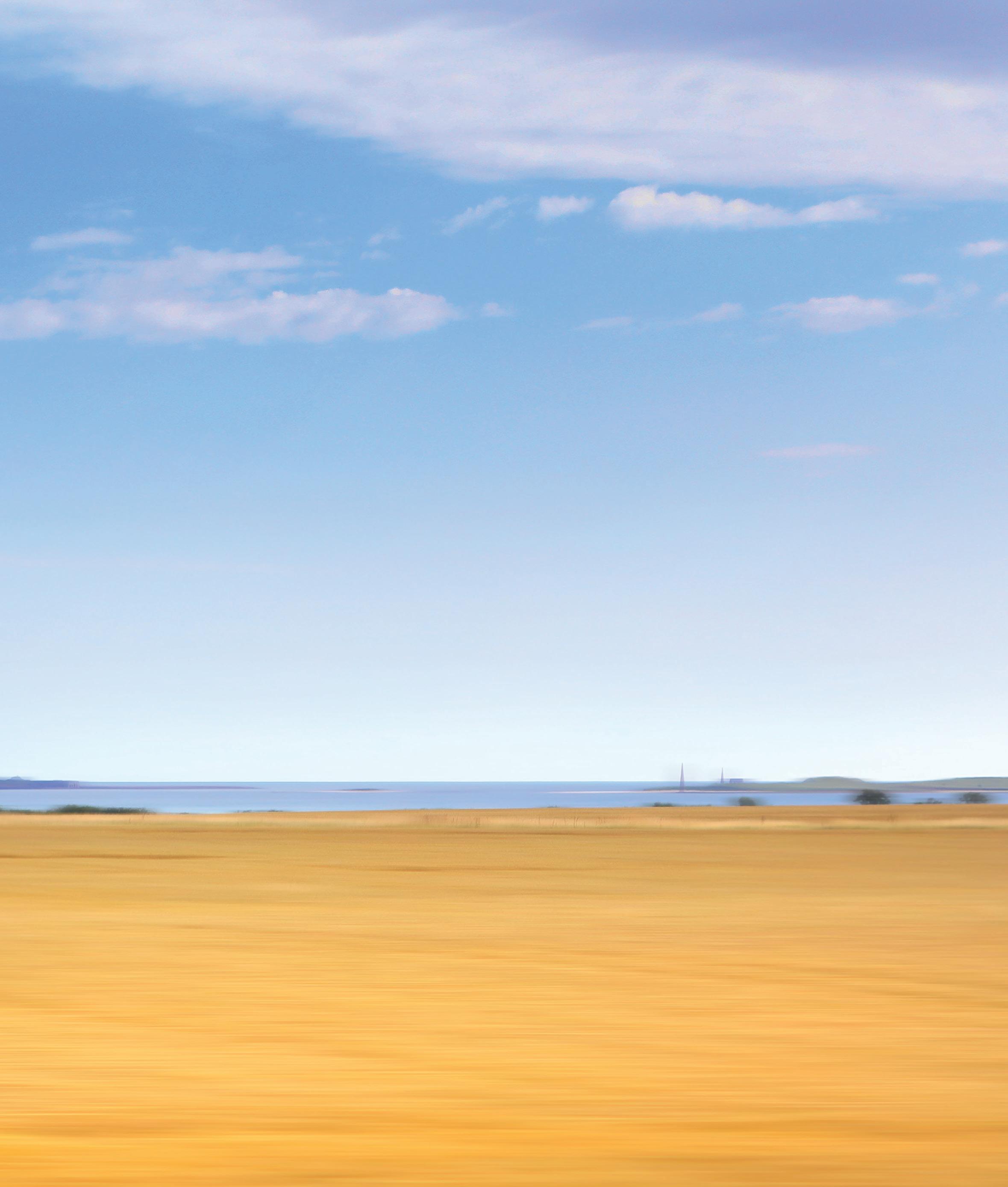
The sky’s the limit for Scotland’s post-rock gods


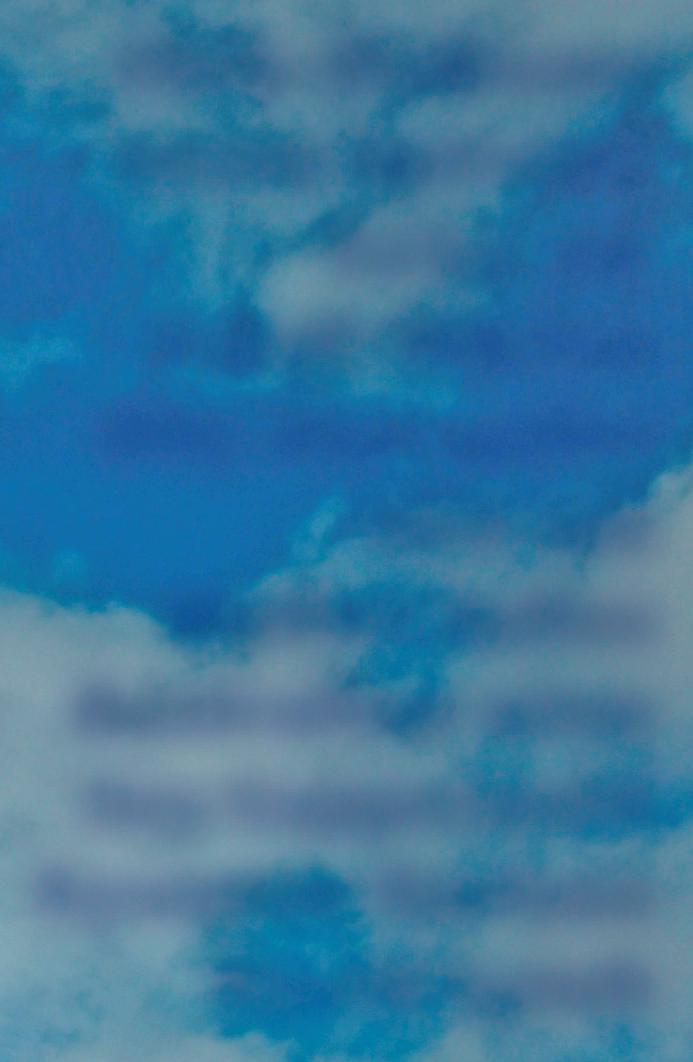







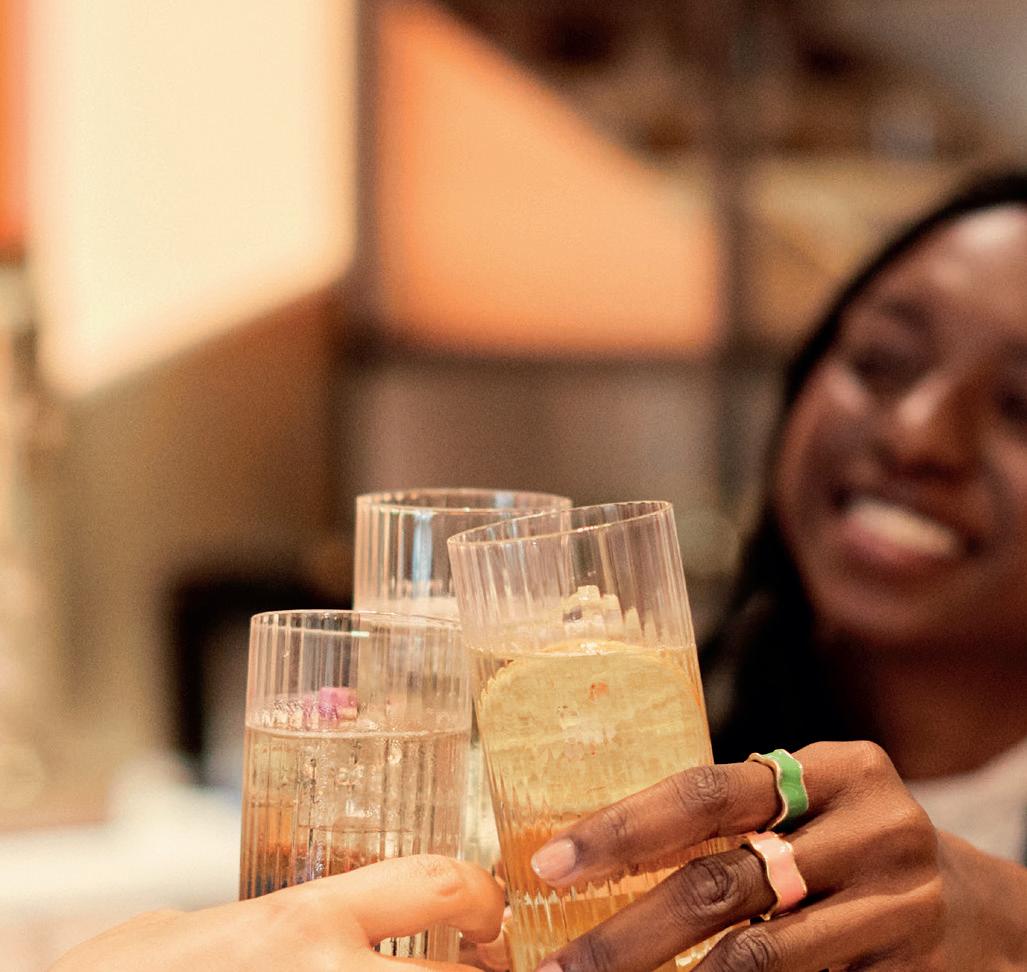




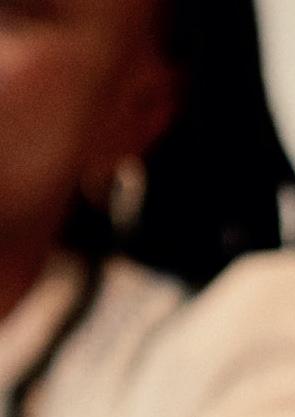


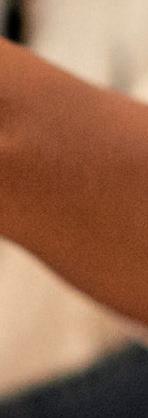



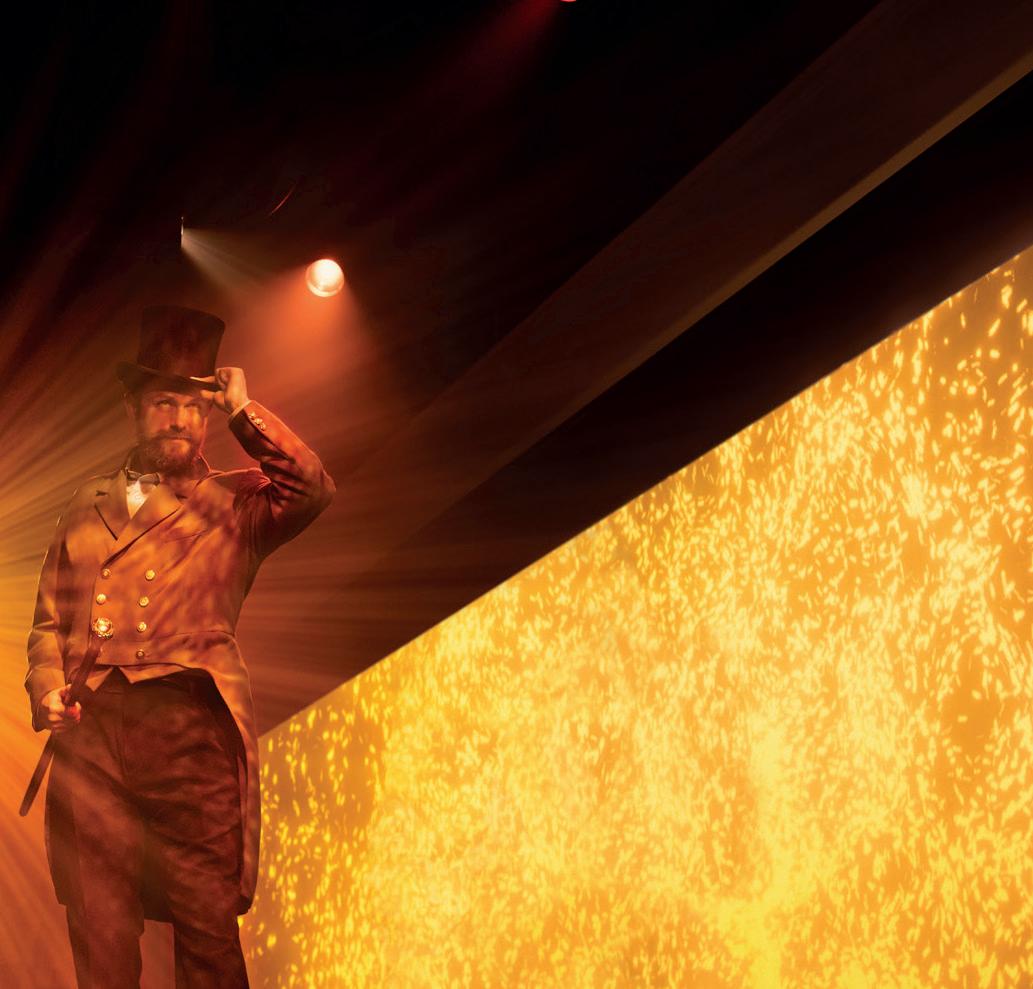




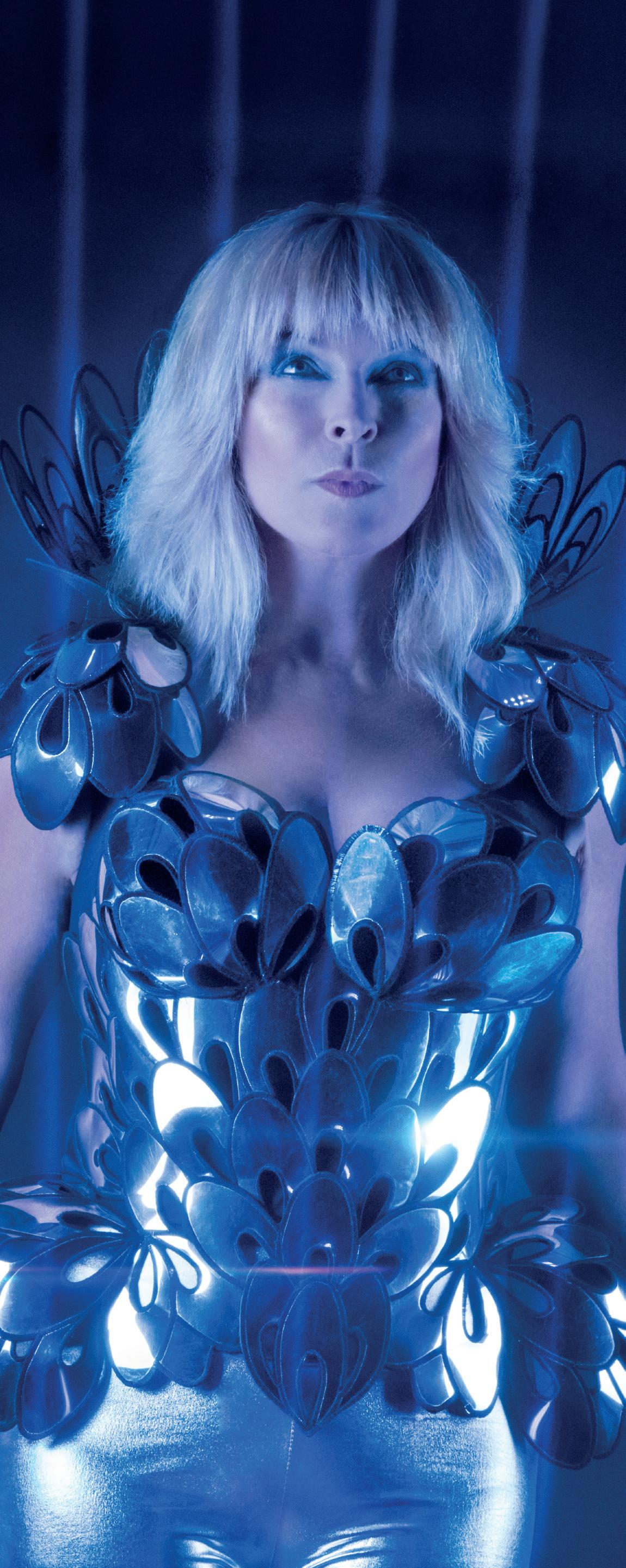
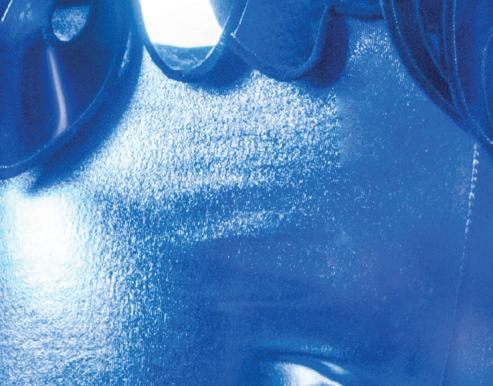
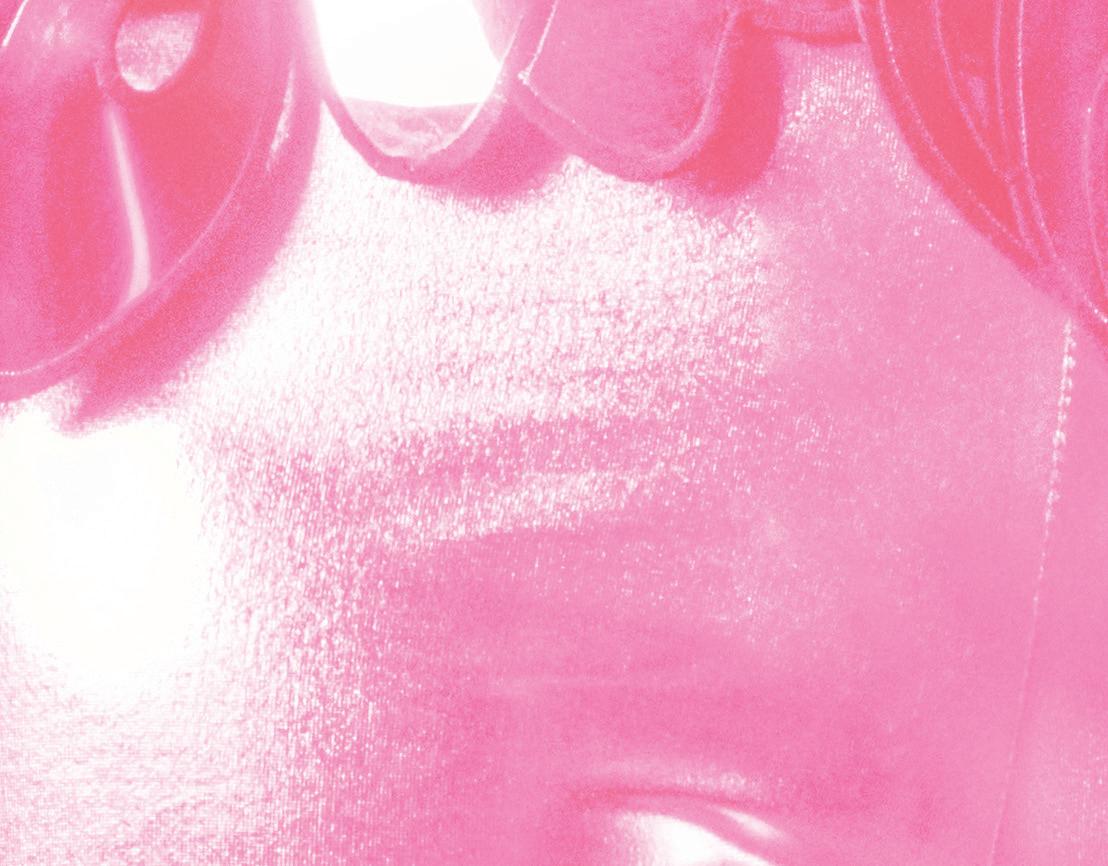
Sometimes in this job, you have to right some wrongs. The fact that Mogwai have never graced the cover of The List feels somewhere between gross negligence and a bad joke. Rumour was rife that the band were in fact cover stars in 1999 to coincide with the release of Come On Die Young, but despite being awarded with a big feature to mark that moment, they were scooped by Ewan McGregor for Star Wars because of course that would be the case. So finally, Stuart, Barry, Dominic and Martin have their eyes on the skies boosted by another epic album and the prospect of more era-defining live shows. We love them, ok.
There’s no shortage of affection being dished out elsewhere in this issue with a Scottish Books special taking in a debut novel, a pioneering publisher and a musing on the current state of Tartan Noir (healthy it seems), plus a selection of books being published over the coming months. The Glasgow Film Festival is also in fine fettle: keep your eyes out for a bunch of online coverage as the festival looms into view at the end of February, but for now we’ve spoken to Portuguese-Scottish director Laura Carreira about her feature-length debut, On Falling, a piercing indictment of the gig economy.
Other interviewees include talented multilingual stand-up Celya AB and composer Jay Capperauld who’s exploring one classical music icon’s slightly morbid obsession; filmmaker Walter Salles talks over his fears for Brazil, and actress Synnøve Karlsen discusses a new drama about the Austen sisters, while Strictly alumna and punk survivor Toyah Willcox tears into our Back Q&A with vigour. Reviews-wise, we’re looking at an all-American version of The Merchant Of Venice, Iranian social and family drama The Seed Of The Sacred Fig, Irish author Garrett Carr’s debut novel, and sort-of Frenchman Marcel Lucont having a good old whine.
Oh, and we have Mogwai on the cover. Just saying.
Brian Donaldson EDITOR
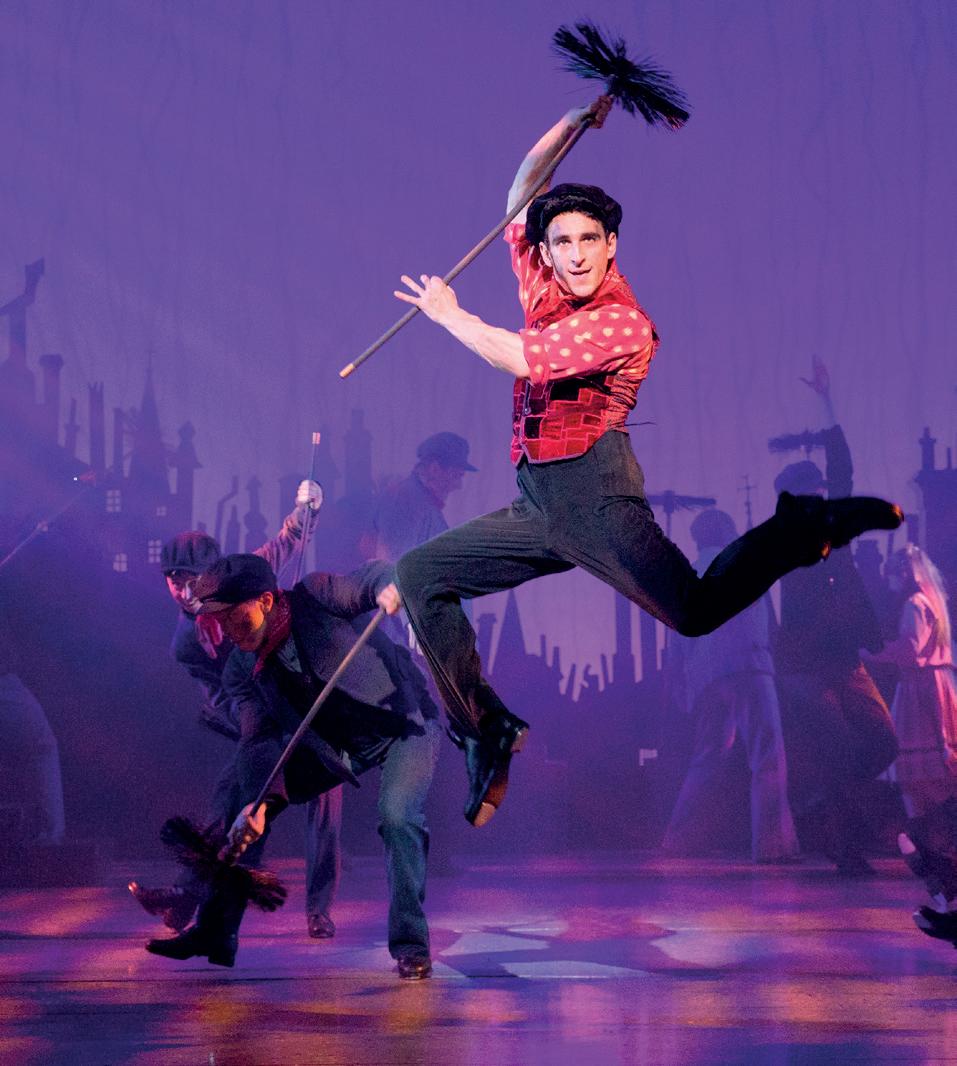

McLean
Laidlaw
Dalliston
Aashna Sharma, Ailsa Sheldon, Becca Inglis, Brian Donaldson, Carol Main, Claire Sawers, Danny Munro, David Kirkwood, Dominic Corr, Emma Simmonds, Eve Connor, Fiona Shepherd, Gordon Brown, Isy Santini, James Mottram, Jay Richardson, Jay Thundercliffe, Jennifer McLaren, Jo Laidlaw, Kelly Apter, Kevin Fullerton, Lucy Ribchester, Marcas Mac an Tuairneir, Mark Fisher, Megan Merino, Murray Robertson, Neil Cooper, Rachel Morrell, Rob Adams









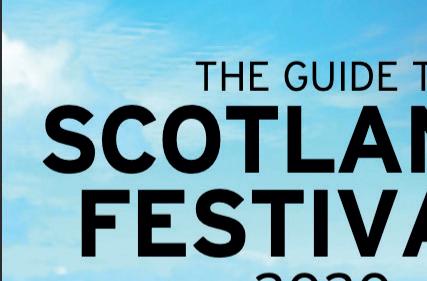






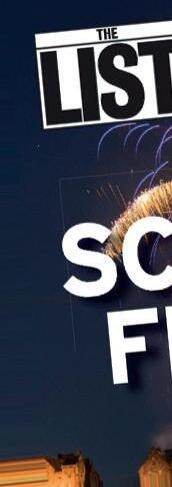


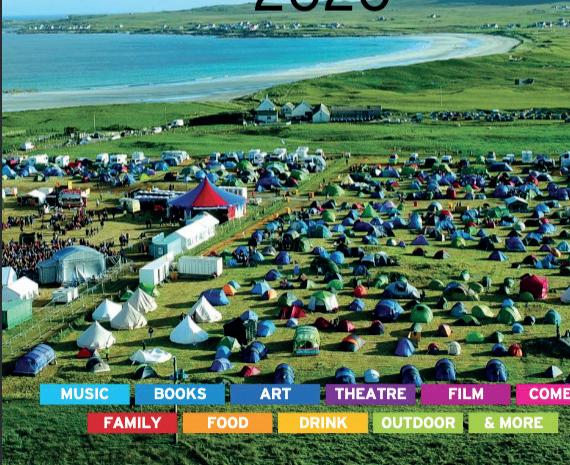








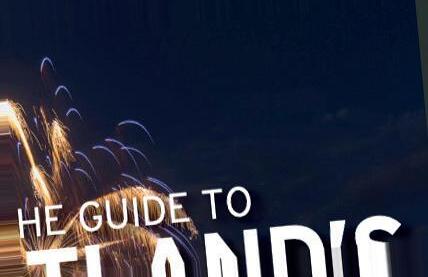



































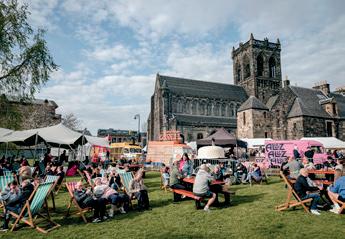



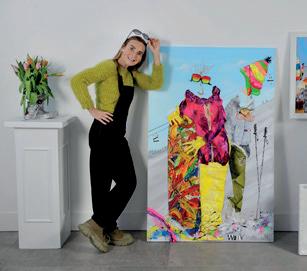
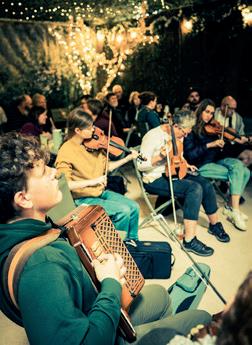

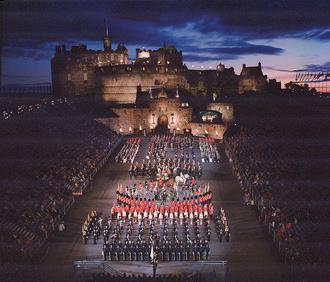










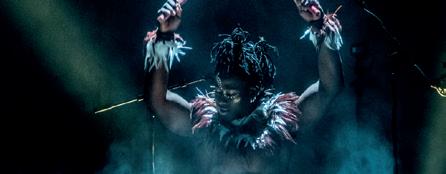

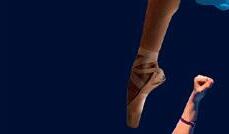


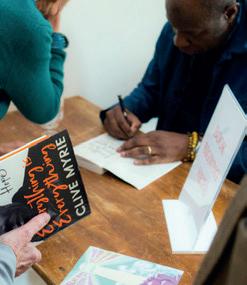

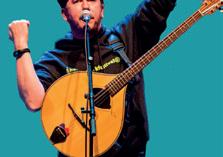






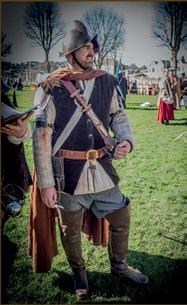































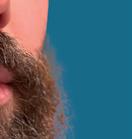






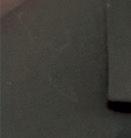



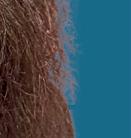





leepovers were always held at Smarty’s flat because Smarty was the only one of us who was allowed a TV in his room. Every Friday night we’d binge PlayStation games for hours before moving onto the ‘grubby little pervert’ timeslot on Channel Five, an allnighter of softcore erotica from eras gone by. We were in it for even the most piecemeal glimpse of skin, unable to grasp that this meant effectively receiving a sex-ed class from a grumbling crotch-fondler more likely to be on a register than in a relationship. If you weren’t a horny teenage boy or a lonely man who’d stumbled home from the pub, these were films that offered nothing but an exclamation of ‘eew’. Chief among them was Emmanuelle, a leering French import about one young woman’s voyage of downstairstingling discovery. Horribly shot, laughably written and creakily acted, its copious dollops of nudity made it a boxoffice bonanza, spawning multiple sequels and bargain-bin knock-offs (Emmanuelle In Space, anyone?). Such is its status in my formative years, I suffered ʼNam-style flashbacks upon hearing there was to be a reboot of the series from celebrated director Audrey Diwan, who has used the premise of the Emmanuelle novel to cast her eye over pleasure in a ‘postsex’ era.
It joins Halina Reijn’s Babygirl (one of the few films where you’ll hear a chorus of people exclaim ‘that fingering scene was so powerful’ as they leave the cinema) in a two-hander from female directors with near-facsimile plots, following successful and disciplined women who use the less trodden
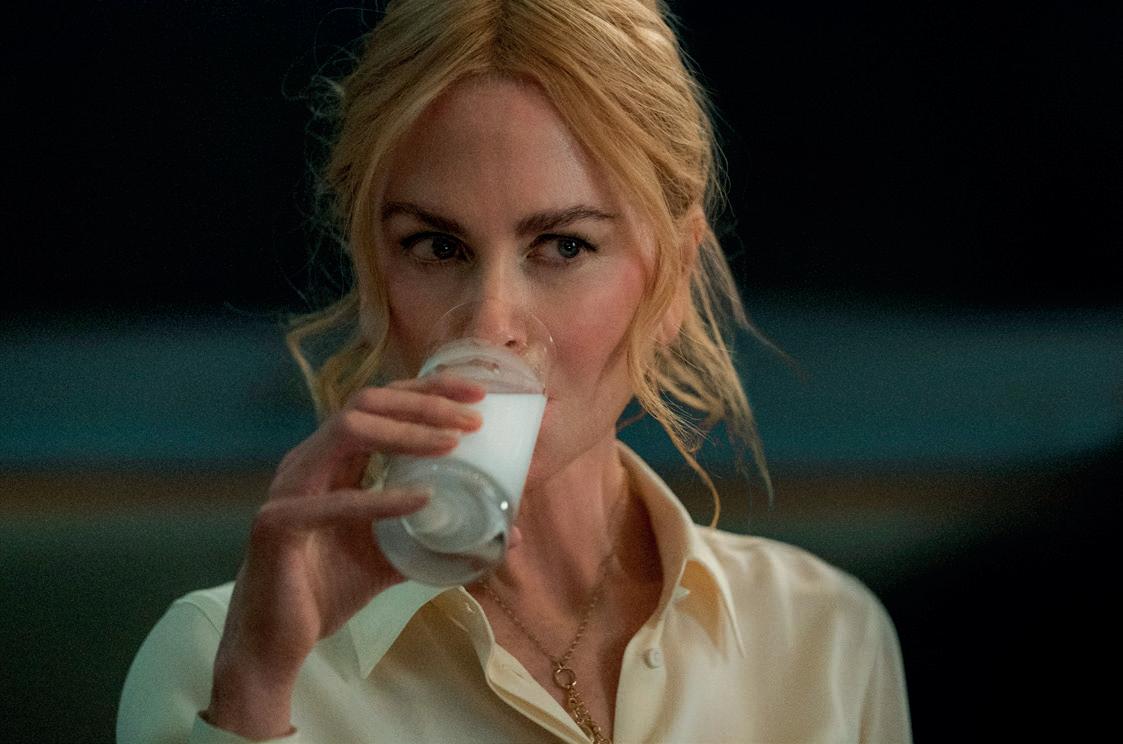
To kick off his new regular opinion slot, Kevin Fullerton muses on the rise of mainstream erotica created by female filmmakers, but wonders whether the direction of travel in movies such as Babygirl and Emmanuelle remains askew
paths of kink to escape their carefully curated lives. There’s no shortage of flesh on show, nor lust-filled moaning and panting; but there are also no lingering camera pans over female flesh, allowing an atmosphere of equal-opportunities objectification. Unlike reductive fantasies of decades past, empathy is in partnership with wish fulfilment, a sense that people contain multitudes underneath their sculpted abs. Neither work is perfect: Babygirl fires wildly in too many directions to be coherent while Emmanuelle is a vapid mess with the sensual appeal of a long ride on a Megabus. Yet each also represents a turning point in how sexuality is portrayed on screen as the film industry re-evaluates its simplistic morality tales in the long aftermath of #MeToo. These are complicated individuals enjoying freedom in lust, neither wholesome nor sinners.
Complex though they may be, Diwan and Reijn spring the same traps of all culture in an age of privilege within the arts; more than pleasure, Emmanuelle and Babygirl are about being white and middle class, and tiringly preoccupied with the social mores of the wealthy. If the industry is going to push for more fulfilling fornication in cinema, we need to do more than replace middle-class men with middle-class women. Let’s give Andrea Arnold the keys to Rita, Sue And Bob Too or lavish Amanda Kramer with the big budget she deserves to paint her gender-queer fantasies onto a blockbuster canvas. As late-night fodder for the young and impressionable goes, a broader range of expressions will produce healthier attitudes than Emmanuelle In Space ever did.

As we enter February, we look at a few buzzy F words such as Fender. Not the guitar but the Geordie guitar man Sam who releases a new album this month. A short time ago, you’d have passed the Ivor Novello-winning toonsmith if he was stroomin’ ‘Woondawall’ ootside (sorry) your local H&M but now he’s selling out gigs by the arena-load. Glasgow has its very own FrightFest as part of the city’s film festival with the terror ramped up by spooksome movie titles such as Scared To Death, Pumpkin Guts and By The Throat. Despite being generally shunned by most sentient beings since the Nazi horrors of World War 2, fascism is once again rearing its nasty head across the developed world, led by the felonious orangeman who somehow has just finagled his way back into the White House. Thanks a bunch America.
Our monthly issue soundtrack is back. This time it features the dulcet tones of artists such as Mogwai, Olly Alexander, Jill Lorean, Julee Cruise, George Michael and a heap of others
Scan and listen as you read:


We look through The List’s 39-year back catalogue to see what was making headlines this month in decades gone by
A whole 29 years ago, the ‘feverishly anticipated’ Trainspotting first hit cinema screens around the UK. On the brink of greatness (and canonisation), Ewan McGregor and Ewen Bremner spoke about transforming themselves into Irvine Welsh’s Leith addicts and bringing Danny Boyle’s scrapbook of ideas to life. Meanwhile, in the spirit of Valentine’s Day, we penned a love letter of our own to mark the one-year anniversary of the mag’s infamous I Saw You column. In this diabolical age of online dating, perhaps we ought to bring it back?
n Head to archive.list.co.uk for our past issues.
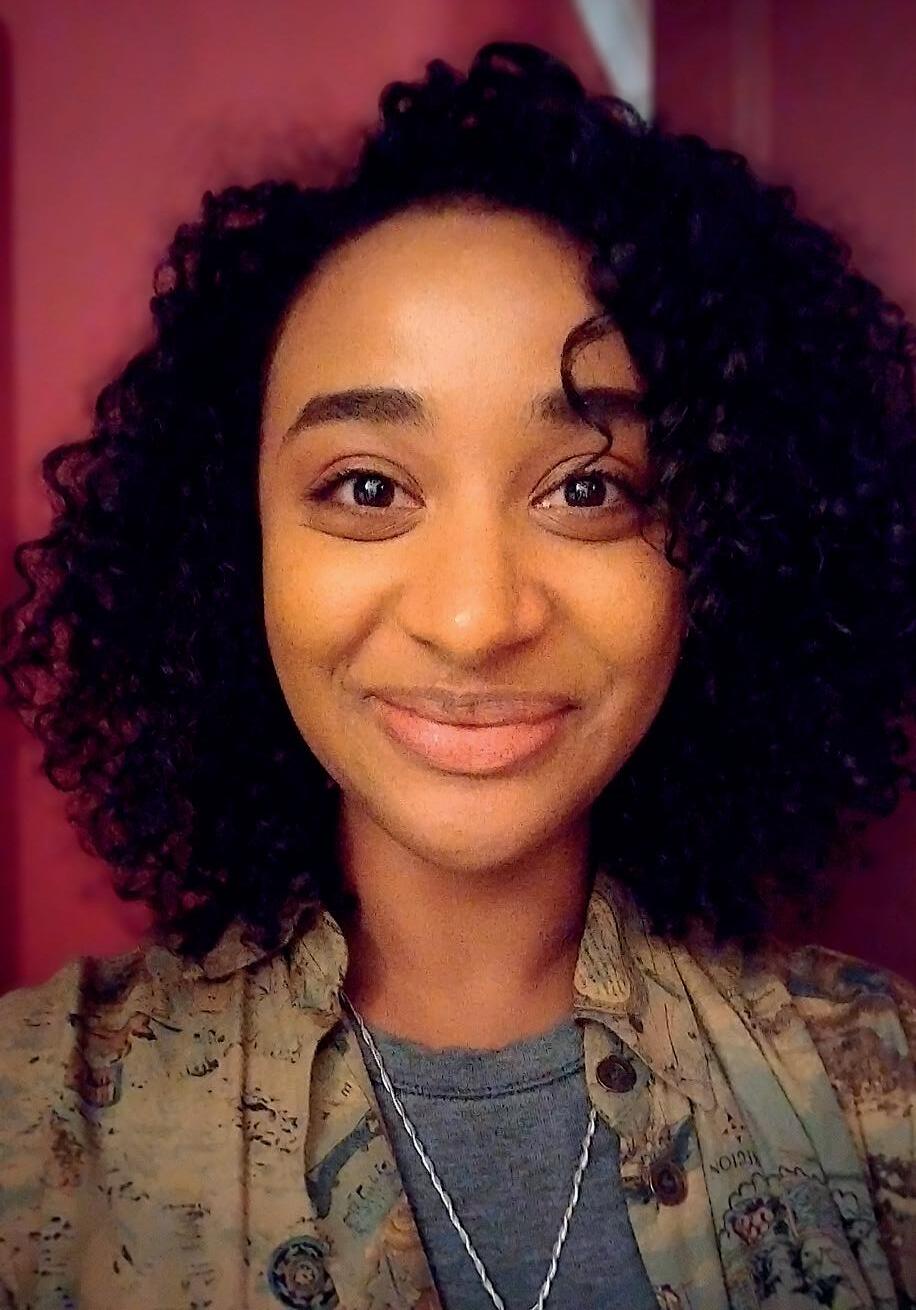
In this series of articles, we turn the focus back on ourselves by asking folk at The List about cultural artefacts that touch their heart and soul. This time around, Rachel Morrell tells us which things . . .
Made me cry: I chased my annual tear-filled watch of The Muppet Christmas Carol with a documentary on the man behind it: Jim Henson Idea Man. Terrible idea. With such a stirring homage to someone who changed so many lives, I’m going to need a minute.
Made me angry: Learning that Roxie, the red panda cub at Edinburgh Zoo, died due to noise stress. I was livid hearing fireworks in the area after residents were asked to avoid them. While not naively expecting no noise, I’d hoped to see silent fireworks, saving other animals (and people) unnecessary anxiety.
Made me laugh: Comedian Marc Jennings has had me in stitches with his wit and exceptional audience banter. Alongside the Some Laugh podcast and an upcoming tour, I’m thrilled he’s making waves.
Made me think: My faith in live music took a knock after many rainy queues last summer. Luckily, it was reborn seeing a stellar performance by The Fugees. Sparkling and ethereal, the only thing that could distract from Hill’s outfit was her voice, reminding me that there’s nothing quite like hearing the bands you love play live.
Made me think twice: As my fervour for Australian true crime was waning, Erin Patterson’s name ignited my feed. Accused of knowingly serving a lethal lunch, the mushroom poisoning story is everywhere, from the RedHanded podcast to The Guardian. Until the trial in April, I’ll think twice about beef wellington . . .





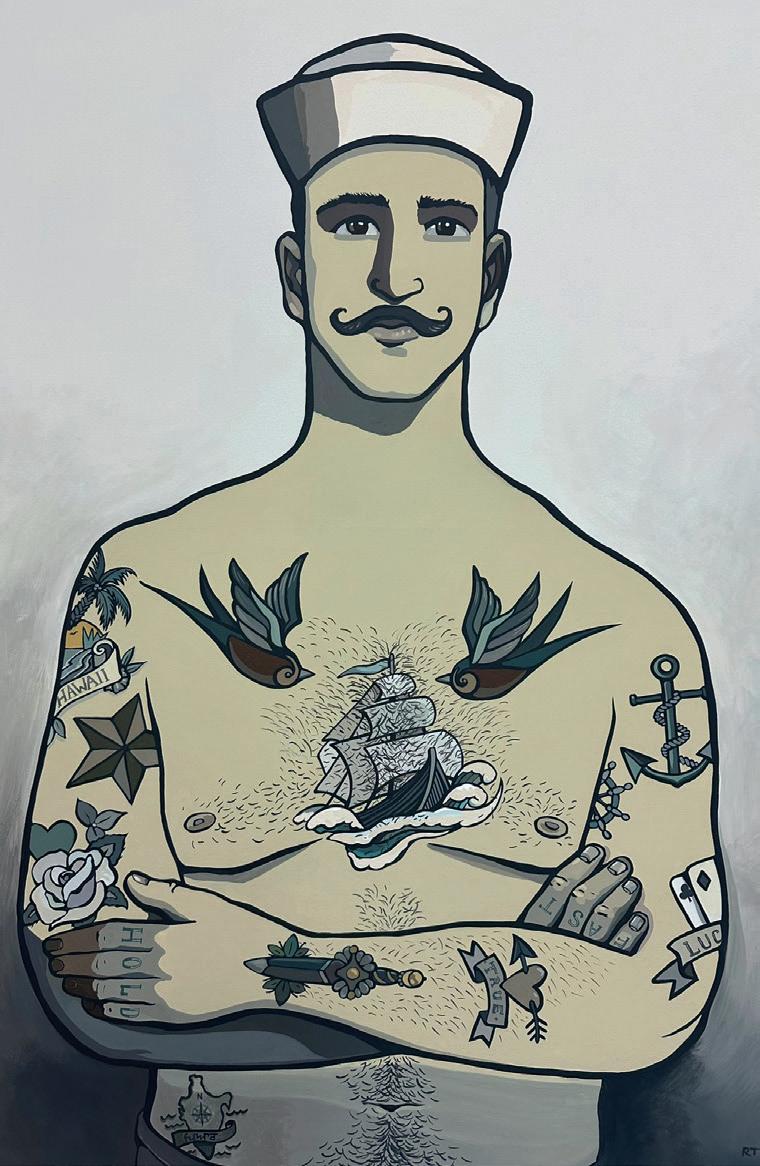
2






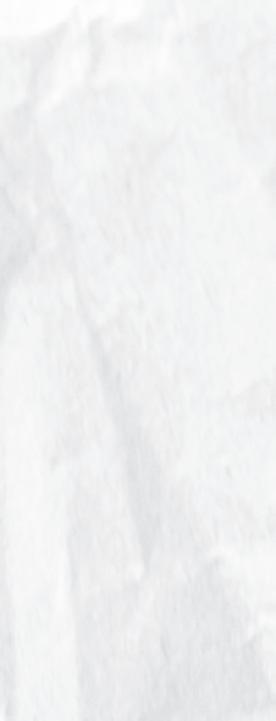

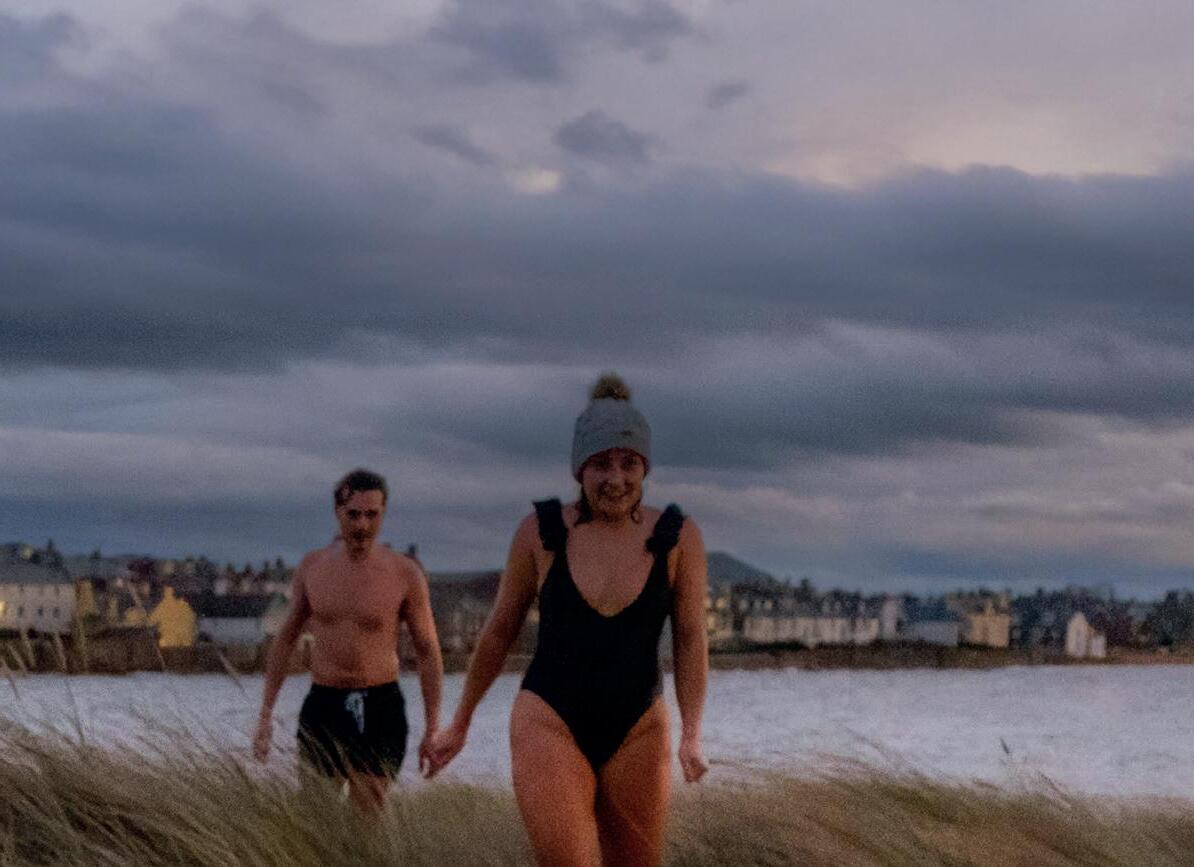





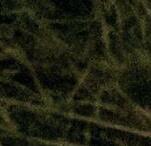
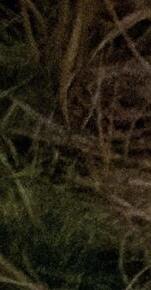
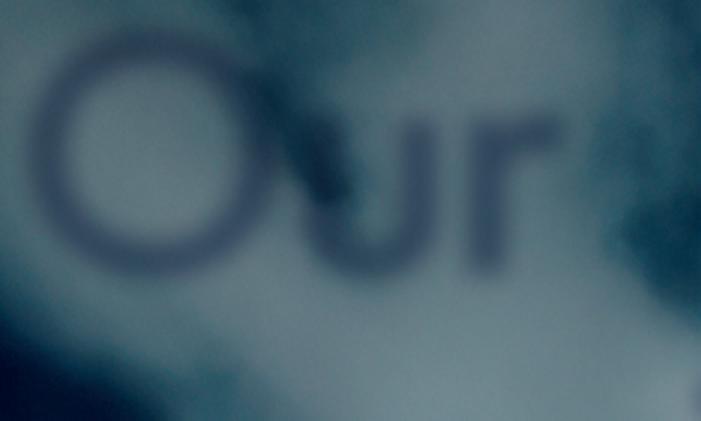
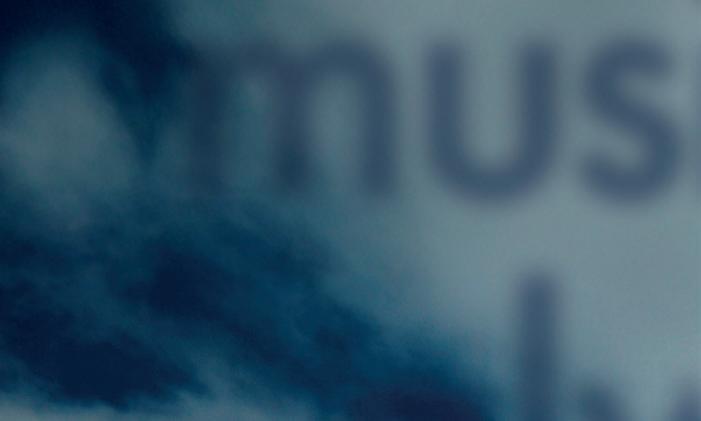
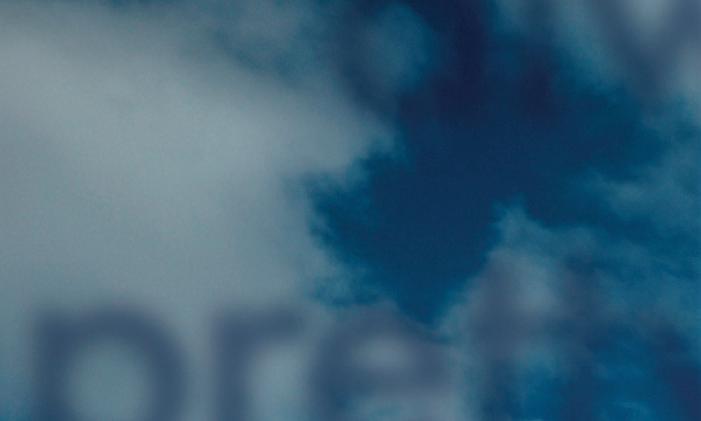




















All-conquering Mogwai release their 11th album just as the world seems set to topple into the abyss. Frontman Stuart Braithwaite tells Becca Inglis that smiling while the planet burns is the only way to get out of bed in the morning. The drive to keep making emotional, influential and captivating music also helps >>
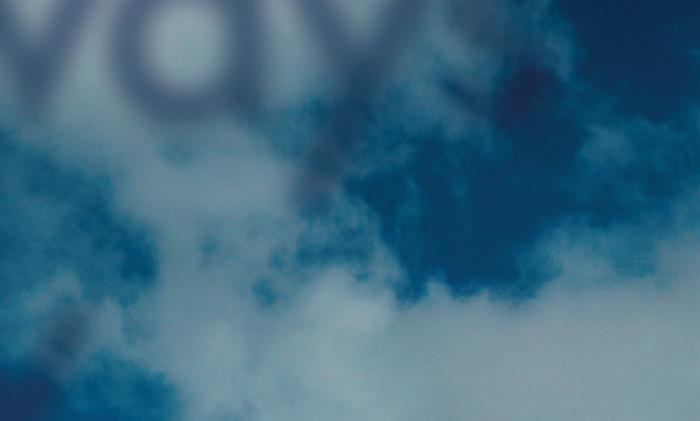

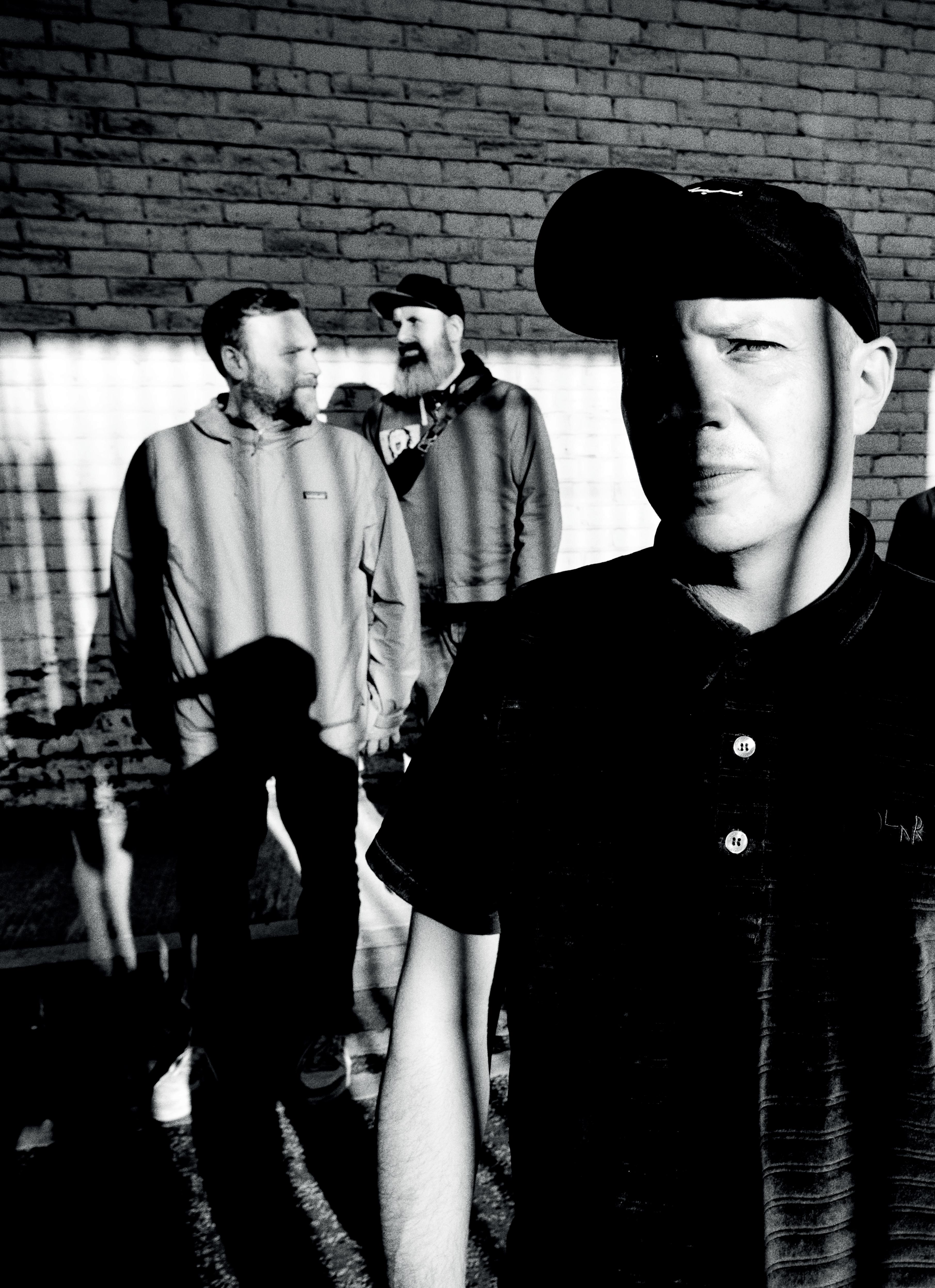

It comes as a surprise that Mogwai, the Scottish behemoths of post-rock who have perfected their wall of noise over three decades, still get pre-game nerves. But when we speak, at T-minus six weeks to the band’s 11th album launch, guitarist Stuart Braithwaite admits to some butterflies. ‘It’s one of the periods where I’m most nervous,’ he says. ‘You’re in this bubble making it, and then other people are now going to hear it. What are they going to think?’ So far, The Bad Fire’s listeners have been complimentary, ‘which is a big relief.’
Has that ever not been the case? ‘Our second record,’ Braithwaite remembers of Come On Die Young, 1999’s follow-up to Mogwai Young Team ‘A lot of people were like “what the fuck have you done here?” Actually, people really like that record now, so I guess it was just a departure.’
Other bands may have felt the pressure writing this new record. The Bad Fire comes blazing on the heels of 2021’s surprise hit, As The Love Continues, which shot to number one in the UK and earned Mogwai their first Mercury Prize nomination. But other events have kept minds occupied, most potently multi-instrumentalist Barry Burns’ two-year-old daughter being hospitalised for a rare blood disorder called aplastic anaemia. Happily, she is on the mend now. ‘There were all sorts of heavy traumatic life things going on, so the “what if people don’t like it as much as the last one?” conversation would have seemed pretty trivial,’ notes Brathwaite. ‘In hindsight, it does terrify me a bit, because the last one really did exceed expectations.’
Braithwaite has previously credited As The Love Continues’ success to the pandemic, when listeners were primed for inward-looking outlets to wrap themselves in at home. Now the world has opened up again, he’s hesitant to brand The Bad Fire as a more extroverted record. ‘It’s super introspective. I actually think the world’s scarier now. A virus that’s going to wipe out a third of the planet is almost less scary than World War III.’
The first song to click for Braithwaite was ‘Hi Chaos’, the whirling second track that goes heavy on drone fuzz and shredding. Burns wrote it while the rest of the band was touring Australia, having stayed behind to look after his daughter. ‘It was a very scary thing to go through,’ says Brathwaite. ‘I can’t even imagine what it was like for Barry.’ When they returned to Glasgow, ‘Hi Chaos’ was the first new song Mogwai played in the same room together. ‘We were emailing each other demos, and some of them ended up really good, but this felt like a real band environment.’
A few months later, they recruited John Congleton, the producer behind fellow postrockers Explosions In The Sky and Sigur Rós, as well as Angel Olsen’s album All Mirrors, a shared favourite for Braithwaite and Burns. ‘He’s into chaotic sounds and letting things happen naturally. It reminded me of when we’d make our very early records and we wouldn’t know what we were doing. He’s definitely not a perfectionist. I like that energy, because a lot of it sounds pretty wild.’
He’s also a good fit personality-wise, bringing bursts of levity to the studio. ‘John likes having a laugh. He was being absolutely ridiculous the entire time. There’s probably a Scottish thing as well about not being pretentious. John’s from Texas, which is pretty much the Scotland of America.’
We’re reminded here of ‘Tracy’ from Mogwai’s 1997 debut, which sampled two prank calls to their then manager and an employee at American label Jet Set. While, in Brathwaite’s words, ‘our music’s always pretty miserable,’ Mogwai remain light-hearted. ‘I think you’ve got to be, especially
when your music is incredibly emotional. If you carried that into your day-to-day life, you’d never leave your bed.’
This new record comes at a time of note for Mogwai, marking 30 years since they first formed. It follows a lengthy period of reminiscence, including last year’s documentary If The Stars Had A Sound and Braithwaite’s memoir in 2023. Looking back, Braithwaite says he was reminded of all the friends who helped shape Mogwai but have sadly passed on. ‘Something in the background over this album was a sense of loss; a lot of people that had been on this journey with us weren’t there anymore. The way I interpret that is to feel lucky to have known them.’
Staying together all this time is no mean feat (still alongside Braithwaite and Burns are drummer Martin Bulloch and bassist Dominic Aitchison). What is Mogwai’s secret? ‘The short answer is we enjoy it and we still really like each other’s company. We’re a family at this point.’
Even more impressively, they’ve managed to stay independent with this their fifth album on the band’s label Rock Action. ‘We’re in a really lucky position now, having our own label, studio and rehearsal room. We couldn’t have done it when we were younger because we needed the advances to pay rent.’
With conditions for independent music still deteriorating in the UK, getting to Mogwai’s status feels increasingly out of reach for new bands. ‘I worry about grassroots venues. That really struck a chord when I was writing my book and talking about our first tour with Urusei Yatsura.’ Few of the venues Mogwai visited then have survived, adding to the weakened infrastructure for emerging music. ‘Bands don’t come out fully formed. We had to go around the whole country a couple of times before we got any good.’
One solution could lie in the approach taken by countries such as France and Italy, where musicvenue networks receive government support. ‘I think in Britain, because the music sector is so successful, it’s taken for granted. There are so many less bands than there were years ago; it’s mostly solo artists. That’s absolutely a byproduct of how difficult it is.’ If the expense of touring keeps increasing alongside an unwavering costof-living crisis, Braithwaite fears this decline could be terminal. ‘The next step is people simply not being able to be musicians.’
And yet, says Braithwaite, making music is more important than ever, for both its role as interpreter and a cocoon in a turbulent decade. ‘Music can help people forget about the world, but it also can be a catalyst for change. I think about America and artists like Kendrick Lamar capturing the moment of the Black Lives Matter protests. I’m sure there will be a lot of soul searching in America over the next while with Trump back in. I think making music is a political act, even if the content of your music isn’t explicitly political. Especially now that making music is almost an altruistic thing.’
Not that he would be so bold as to put Mogwai in Lamar’s camp, Braithwaite hastens to add. His hopes for this new album are more modest, reflecting the intimate relationship the band hold with their fans. ‘My aim with every record is to try and make the world sound a bit better, and I think we’ve done that with this record. There’s some of our best music on it.’ As for what he envisions for the next 30 years: ‘I’ll be almost 80 years old, so I’d like to get to that. I’d like us to keep making music as long as people want to hear it.’
Mogwai play Usher Hall, Edinburgh, Sunday 23 February and Barrowland, Glasgow, Saturday 17 & Sunday 18 May.
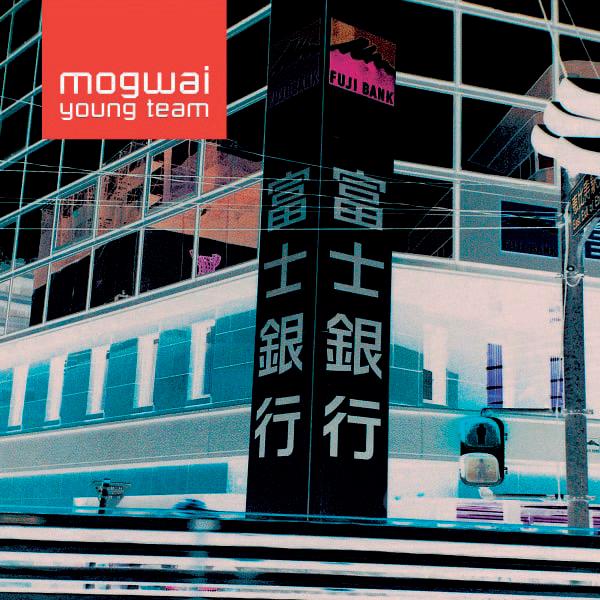






From the raw grandeur of Mogwai’s early albums to the lavish scoring and bombastic melancholia across their more recent work, Kevin Fullerton listens to it all and picks out a mere sample that gets to this epic band’s beating heart

Yes! I Am A Long Way From Home (1997)
‘If someone said that Mogwai are the stars, I would not object,’ claims a woman at the start of this opening track for the band’s debut, Young Team Its hubris may be tongue-in-cheek but they more than justify it with guitars that seem to rise from the earth to the stratosphere.
Like Herod (1997)

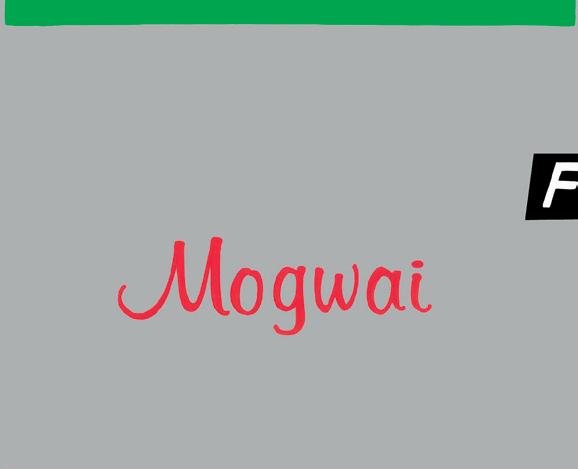

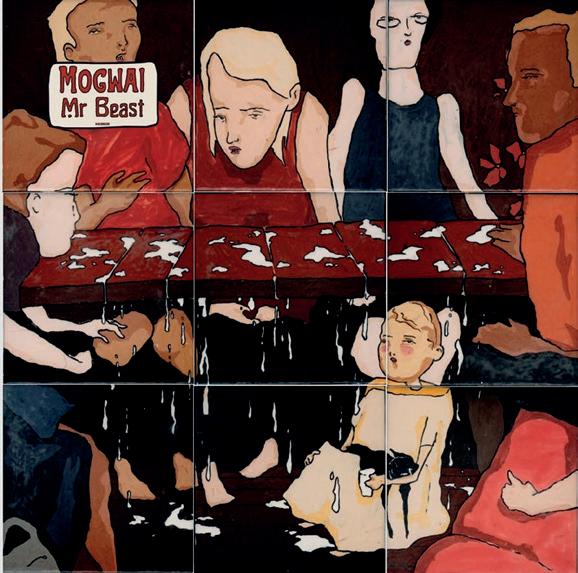

Doom metal lies at the core of Stuart Braithwaite and co’s sound, harnessing its moody energy to reflect the dark soul of Scotland. ‘Like Herod’ is the apotheosis of the heavier end of their sound on Young Team, moving from a soupy bassline to a fleg-inducing crescendo of distortion-fuelled satanism.
Tracy (1997)
Every music journo under the sun can harp on about the noise terrorism of Young Team, but it doesn’t quite acknowledge this masterpiece’s chilly vulnerability. ‘Tracy’ uses a bass guitar and glockenspiel as its lead instruments, toying with a spare and soft dynamic.
Christmas Steps (1999)

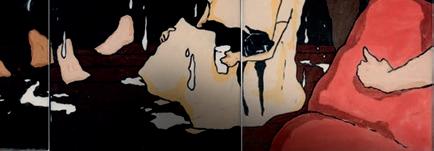


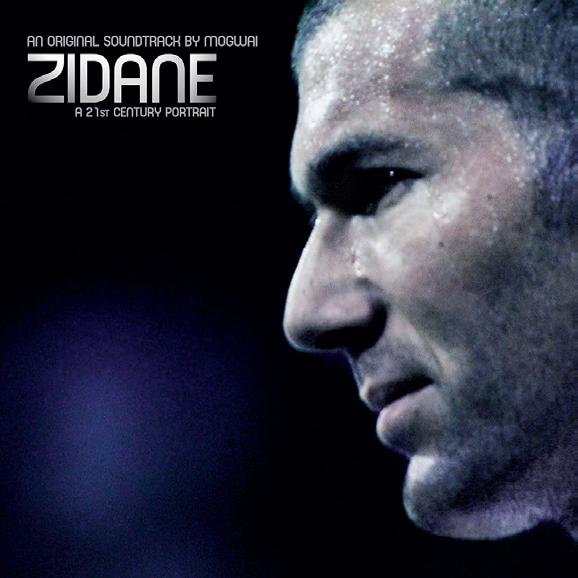

A ten-minute trek through gloomy post-rock with brief glimmers of psychedelia, the loping bassline and attack-and-retreat structure conjure a vast drama which threatens to unspool into chaos. Bracing and unapologetically miserable, it’s also the most ambitious track from Come On Die Young
Hunted By A Freak (2003)
The most successful early foray into vocoder vocals (from Barry Burns) provided a new and haunting texture for album Happy Songs For Happy People, offering the richness of melody without the burdensome specificity of discernible lyrics.
A piano-led piece from Happy Songs For Happy People marks another entry in their move from hardcore to sadcore. With shades similar to Nine Inch Nails’ Ghosts I–IV, it turns a simple chord progression into an epic story.
Glasgow Mega-Snake (2006)
Praying at the altar of rock on Mr Beast helped produce this frantic and lean guitar punch-up which is drenched in adrenaline-inducing menace, as though the huge serpent itself is in hot pursuit of its next victim.
Wake Up And Go Beserk (2006)
The first film score written by Mogwai was Zidane: A 21st Century Portrait, Douglas Gordon’s documentary which captures a match between Real Madrid and Villareal from the perspective of Zinedine Zidane. Ethereal in scope, ‘Wake Up And Go Beserk’ does for football what Popol Vuh did for ski jumping.
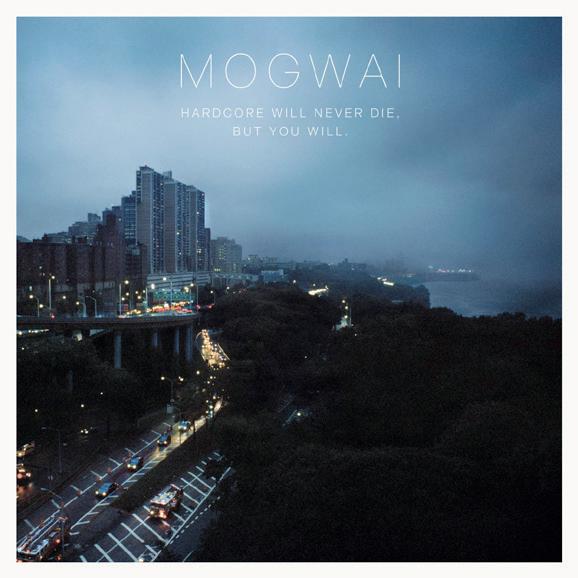
Rano Pano (2011)
Fulfilling the promise of album title Hardcore Will Never Die, But You Will, ‘Rano Pano’ is emblematic of the mid-tempo banger that crops up on every Mogwai record, offering an entry point into post-rock while they expand their musical canvas into skittering synthetics.
This Messiah Needs Watching (2012)
The last decade-plus of Mogwai’s career has been dominated by work for both indie films and prestige television shows such as ZeroZeroZero and Black Bird. Taken from their score for French drama series Les Revenants, ‘This Messiah Needs Watching’ is a testament to their mastery of synths, evoking a subdued stalking through foggy nights. Spare, foreboding and, more importantly, casting a thousand spectres in your mind’s eye.
Teenage Exorcists (2014)
Every rule can be broken if the tune’s good enough, and that’s the case here in this shoegaze stomper from the Music Industry 3 Fitness Industry 1 EP. The result is like Mogwai from an alternative dimension, one where they had more interest in storming the indie charts than perfecting eight-minute mood pieces.
Ether (2016)
A score for Mark Cousins’ Atomic is arguably their film project that works best as a standalone album, and ‘Ether’ is its most rousing track. Rammed with ornate trumpets and enough pomp to wake Elgar from the dead, it’s a steady climb towards shimmering beauty.
Ritchie Sacramento (2021)
A major hit of the coronavirus era, this lead single from As The Love Continues marked the start of the ‘Gwainaissance, earning them a swathe of new fans and a resurgence of critical recognition. It’s as epic as anything they’ve made, bathed in a melancholic bombast that (whether they intended to or not) spoke to the chaos of a world falling apart.
To The Bin My Friend, Tonight We Vacate Earth (2021)
We’re not highlighting this one because of the song (marvellous though it is) but to mention that Mogwai have never shied away from humour. Joining this in the mordantly funny song-title category is ‘George Square Thatcher Death Party’, ‘I’m Jim Morrison, I’m Dead’ and ‘Punk Rock/Puff Daddy/Antichrist’.
Ceiling Granny (2021)
A love of 90s grunge is eternal for Mogwai. This cut from As The Love Continues feels like a love letter to that era, merging elements of Nirvana and Smashing Pumpkins in a swell of uncomplicated good vibes.
God Gets You Back (2025)
The first single from the band’s latest album, The Bad Fire, is an invigorating statement that the ‘Gwai have more juice in the tank than ever, flitting from cold John Carpenter-ish synths to an insistent guitar section and vocoded vocals. Delicate, propulsive and filled with promise for what’s to come.
The Bad Fire is out now on Rock Action; thanks and sincere apologies to Rob Harvilla whose excellent podcast 60 Songs That Explain The 90s ‘inspired’ the headline for this feature.
















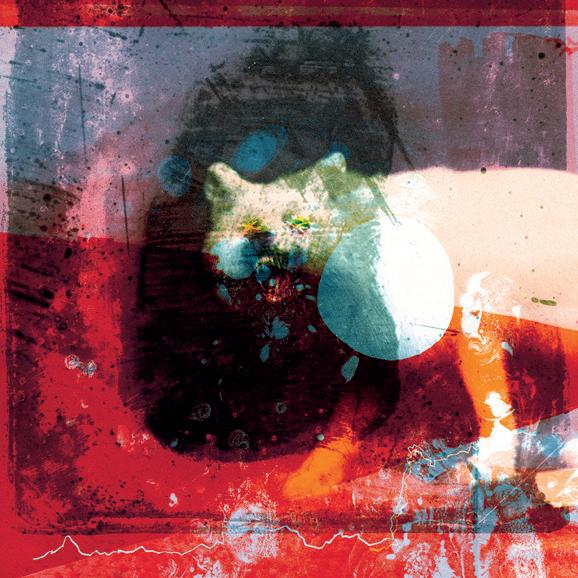



















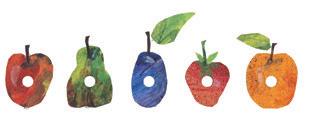
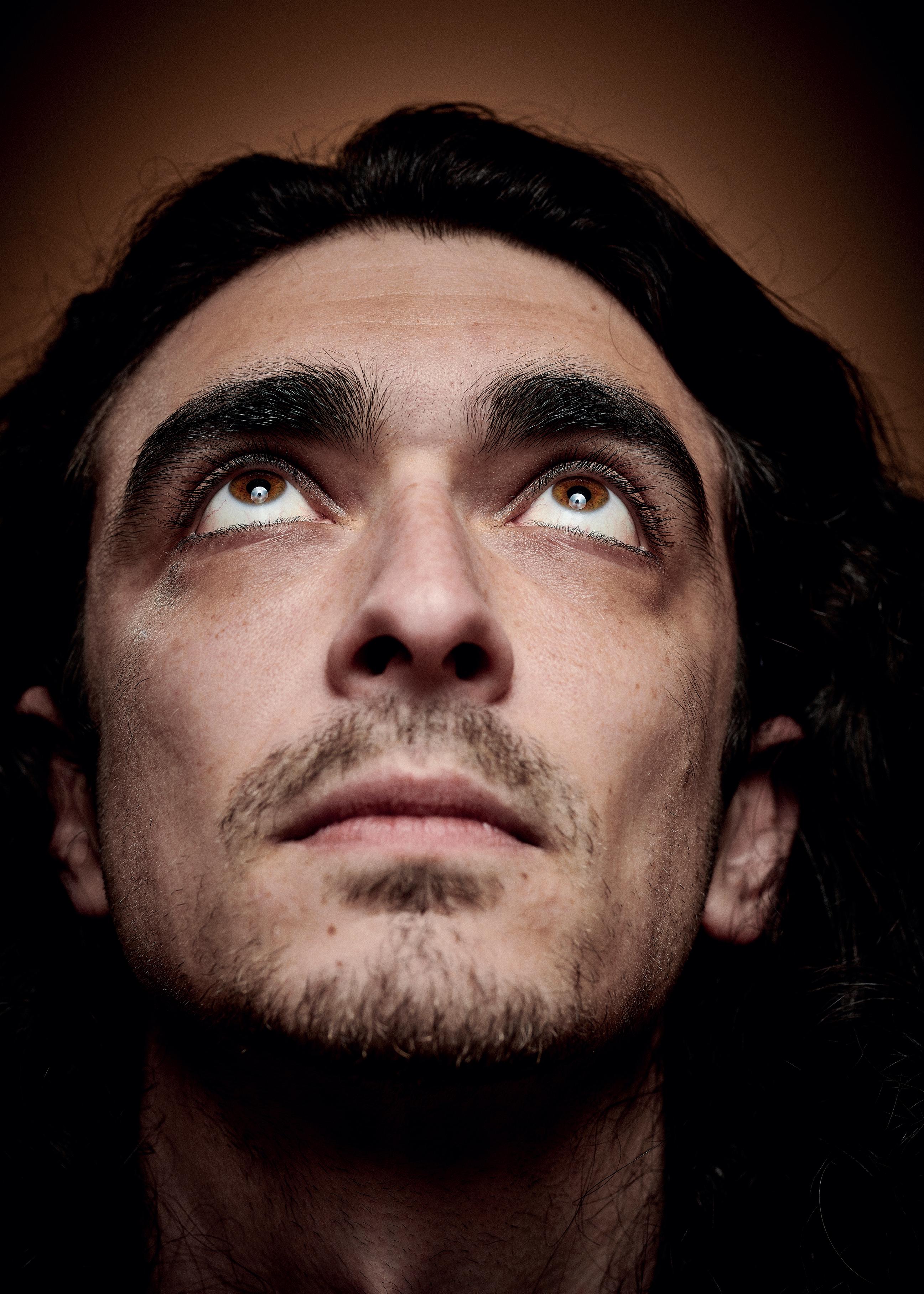
Stepping away from the short stories that brought him widespread acclaim, Chris McQueer enters the dark world of incels for his debut novel. Kicking off our Scottish Books special, the Glasgow author speaks to Danny Munro about male loneliness, the perils of full-time writing and how we need to start looking out for each other
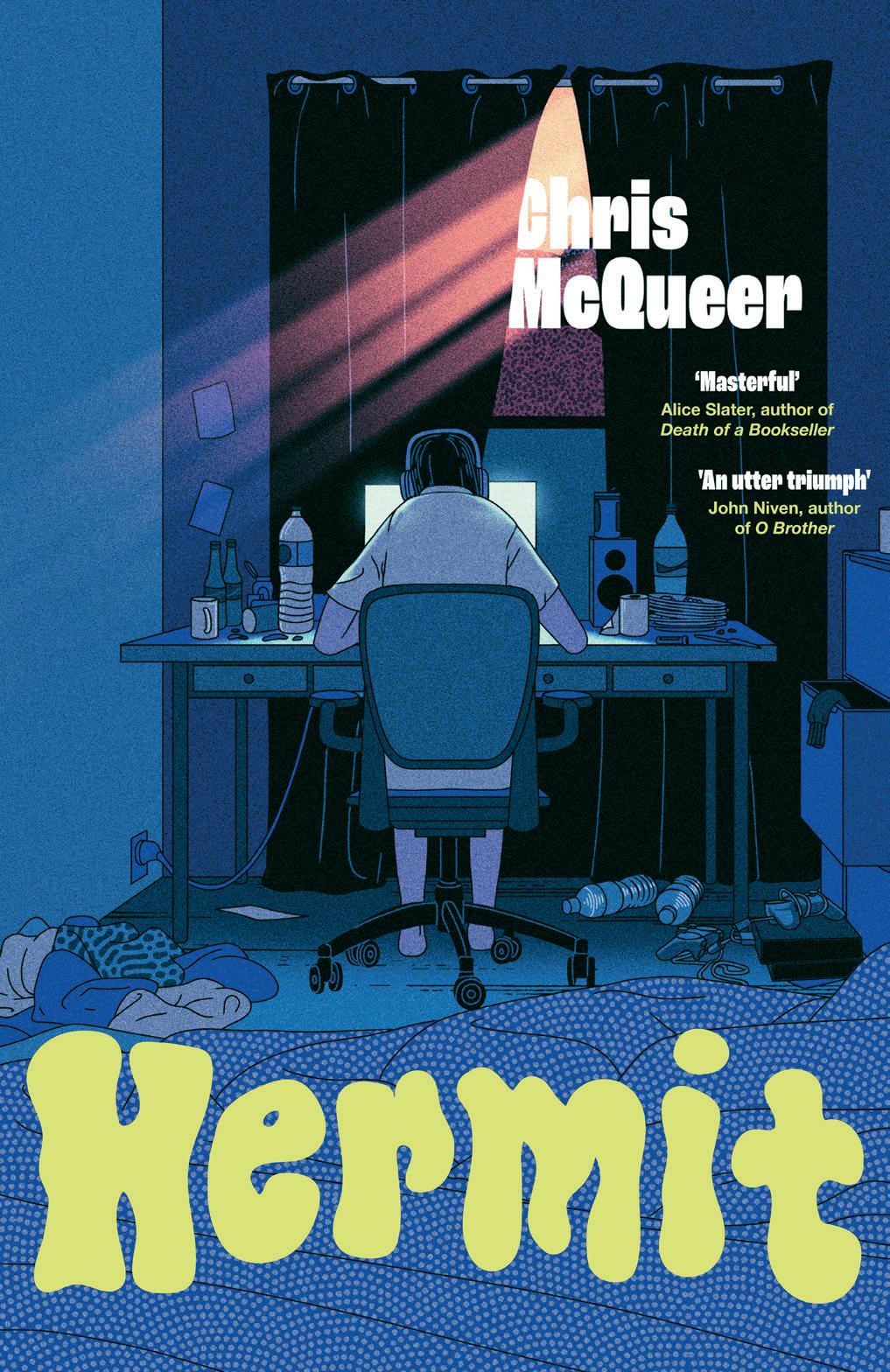
H‘ow hard can it be to write a novel, really? It’s just a long short story,’ a younger, more naïve Chris McQueer told himself in 2018, as he began to pen his debut full-length book, Hermit
‘Turns out it was a fucking nightmare,’ he laughs, shuddering at the thought of the subsequent seven-year slog towards a 2025 release date. Famed for his short-story collections Hings and HWFG, McQueer has made a name for himself telling irreverent, surrealist tales of dodgy whelk salesmen and feuding bowls players. Hermit, however, marks a distinct change of direction for the Glaswegian storyteller.
‘It’s about a wee guy, Jamie, who’s 19. He left school when he was 16, and in those three years he’s barely left his house,’ explains McQueer. ‘He’s just living in this horrible wee room. He’s filthy, he’s disgusting, he’s got no self-esteem, and he’s got one friend, an online friend; and this wee guy, Lee, is being radicalised by incels.’
As defined by the Cambridge Dictionary, an ‘incel’ (involuntary celibate) is ‘a member of a group of people on the internet who are unable to find sexual partners despite wanting them, and who express hate towards people whom they blame for this.’
Though the word is typically associated with murky chatrooms and dodgy online forums, McQueer’s ambitious novel asks readers to think about the presence of incels in our local communities. Hermit does so by exploring the misadventures of the timorous Jamie, an outcast teen from Springboig, who is led astray by Lee, the more outgoing of the pair, in a misguided search for freedom. Sick of being asked by their mums to put down their controllers and head to the job centre, Jamie and Lee venture down south to meet a shady character who they’ve made contact with online, lured by the promise of a world much better suited for two young men who can’t work out how to fit in.
Hermit focuses on a taboo subject matter, though it is one that has, depressingly, become increasingly relevant since McQueer began writing this story. ‘I remember I signed the deal for the book in
2022 and they [Wildfire Books] told me they wouldn’t be publishing it until 2025. I thought “what if it’s not relevant by then? What if nobody’s talking about incels anymore?”’ As it transpired, the very opposite is true.
Anyone who uses social media would likely agree that the internet now has a markedly more toxic, sexist culture than when McQueer started writing Hermit seven years ago. ‘I think covid played a real part,’ muses the 33-year-old, pondering the reasons why so many young males are struggling to socialise, particularly with women, in a healthy way. ‘Male loneliness is a real thing that’s happening. It has always been an issue but now we’re speaking about it a bit more. It has created this perfect throng for misogyny and sexism to totally thrive online.’ Describing the material he encountered while researching the book, McQueer says ‘it’s these horrible wee groups that are popping up where men are trying to find a sense of community, and they’re looking in the wrong places. Someone is giving them someone else to blame . . . and it just totally poisons their minds, especially young guys. It’s really, really sad.’
McQueer was initially in two minds about whether to write the book in Scots dialect, given that Wildfire is an imprint of Londonbased publishing house Headline. ‘It felt like a really, really big deal and I was absolutely buzzing,’ said McQueer of signing the book deal. ‘But then you think “oh god, will this book sell in England? What if they hate it? Should I tone down the Scots?”’ Thankfully, he soon overcame those fears. ‘Eventually I was just like “ah fuck it.” That’s how the book should be written; this is how these wee guys talk. Reading in Scots is not that difficult.’ McQueer has continued to enjoy a fruitful relationship with the publishing house since he signed to them and is ‘the happiest he’s ever been’ after a recent career pivot saw him pick up a job teaching English in local prisons, thanks to a literature scheme run by the Scottish Book Trust. ‘Getting people excited about writing is amazing,’ he beams via video call from the prison car park on his lunch break.
Things haven’t always been so straightforward for the young writer. Following the release of Hings (which was later adapted by the BBC into short films starring the likes of David Hayman and Paul McCole), McQueer made the decision to try and become a full-time writer which resulted in him accruing debt and scrambling for work while penning books number two and three. ‘I should not have done that,’ he admits, shaking his head. ‘I thought that I could focus on the second book, which was HWFG, and then that will get published and I’ll be a millionaire. And everything will be fine. But obviously, it doesn’t work like that.’
Scotland’s artists and writers are finding grants more difficult to come by than ever, following a recent slew of dismal headlines about cuts to Creative Scotland. Though he admits he doesn’t have all the answers, McQueer urges those in power to look toward the Emerald Isle to understand the importance of funding literature. ‘You see what Ireland’s doing, all the amazing writers coming out of there and how seriously they take literature in general, and how proud they are of history and tradition; they just really go for it. Scotland feels a bit dull, just a bit shabby, and it feels like we need to make a change.’
Looking ahead to the long-awaited day of publication, McQueer laughs pensively when asked how he hopes the world interprets the book, admitting it’s not something he has given much thought to. ‘I really didn’t want the book to be seen as a parable or anything,’ he stresses, carefully milling over his words between sooks of his vape. ‘At the end of the day, it’s a novel. It’s supposed to be entertaining.’ Reflecting on how to curb the dangerous trend of incel attitudes, McQueer warns that ‘it’s down to men’ to look inward. ‘Look out for your mates; if you think they’re being misogynistic, or if you think a young guy you know is being drawn towards these communities, try and make them see that that’s not the way forward. These communities do not have the answers for you.’
Chris McQueer: Hermit is published by Wildfire Books on Thursday 27 February.

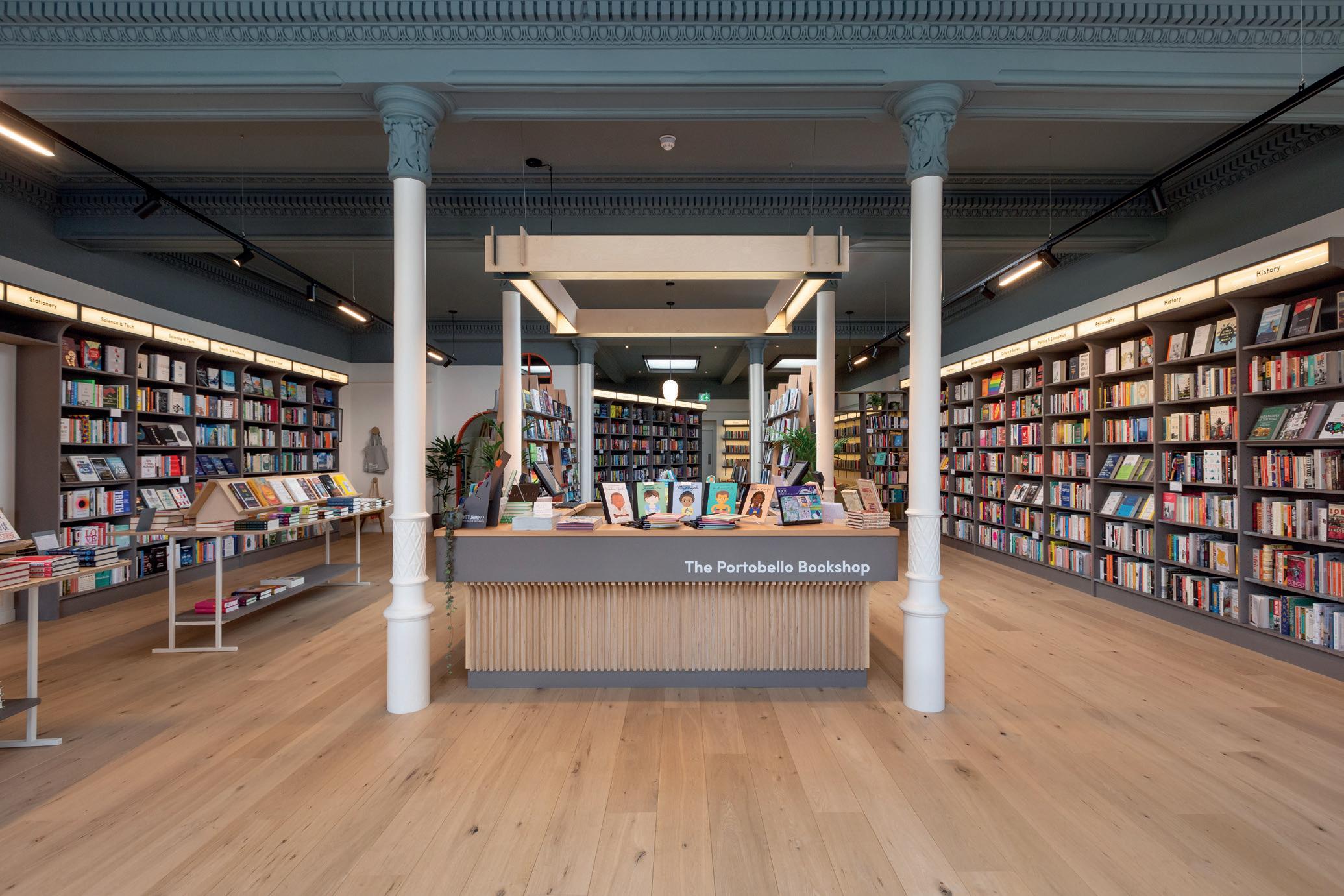

Hosono | The White Garden February 2025
www.scottish-gallery.co.uk

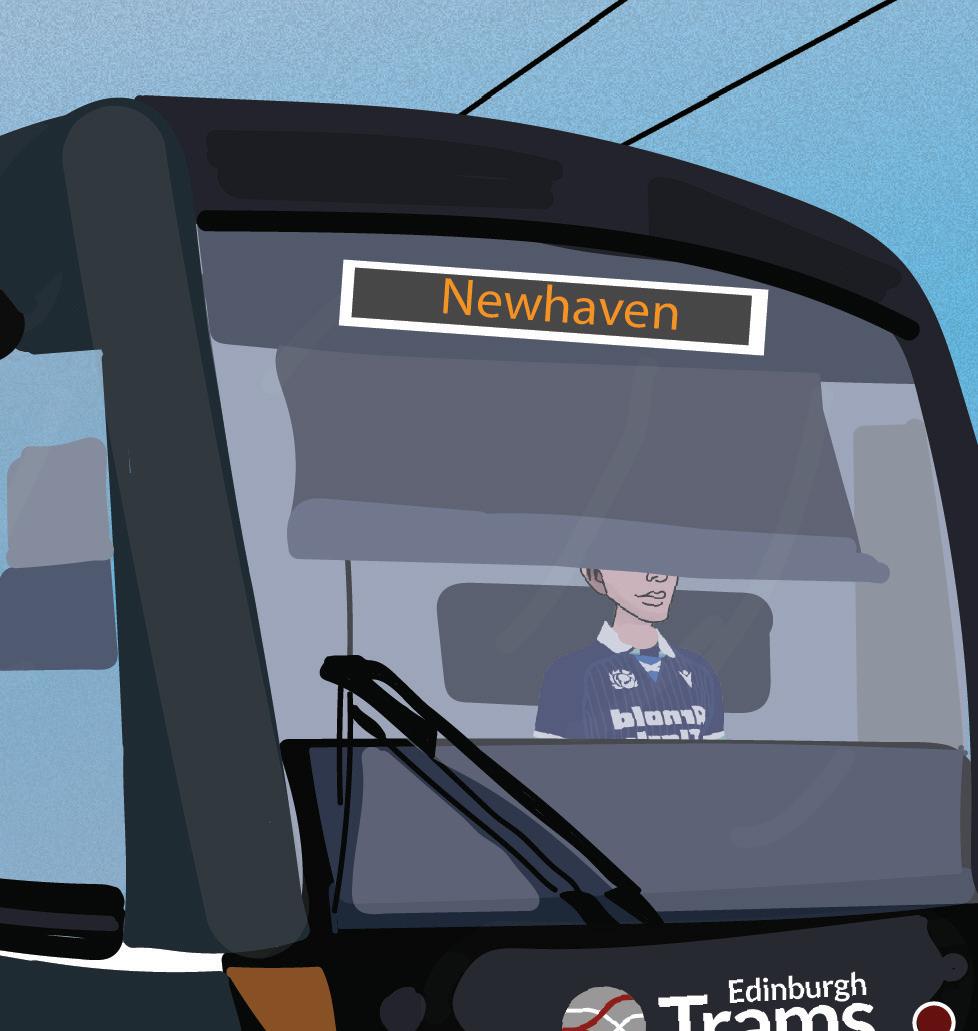

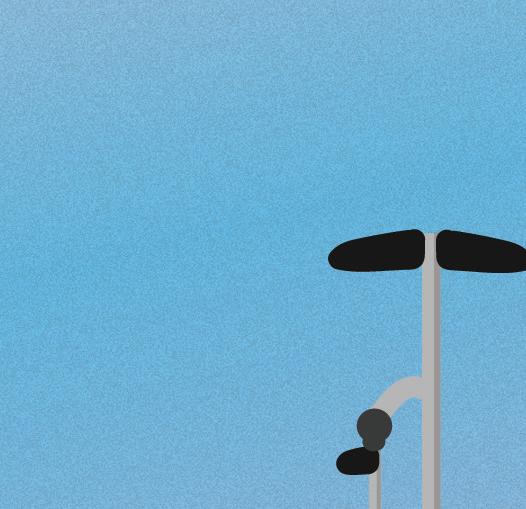
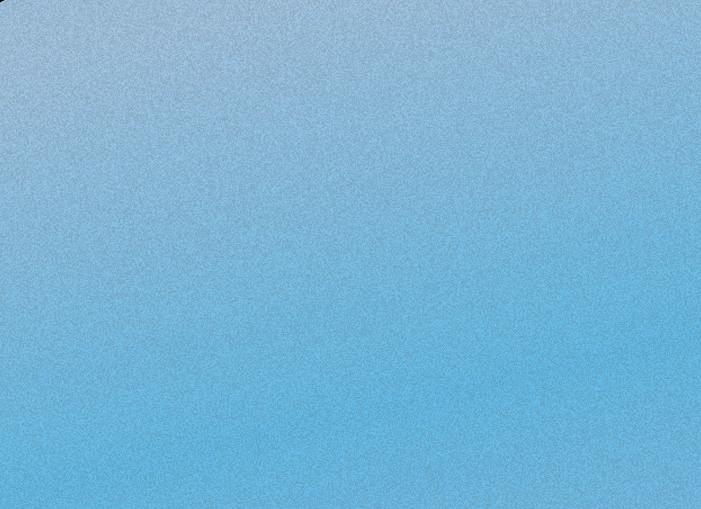
Scan here to purchase your tram tickets


Scotland v Italy - 1st Feb


Scotland v Ireland - 9th Feb
Scotland v Wales - 8th Mar
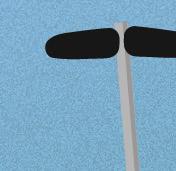
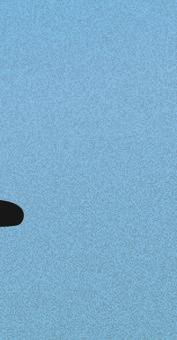
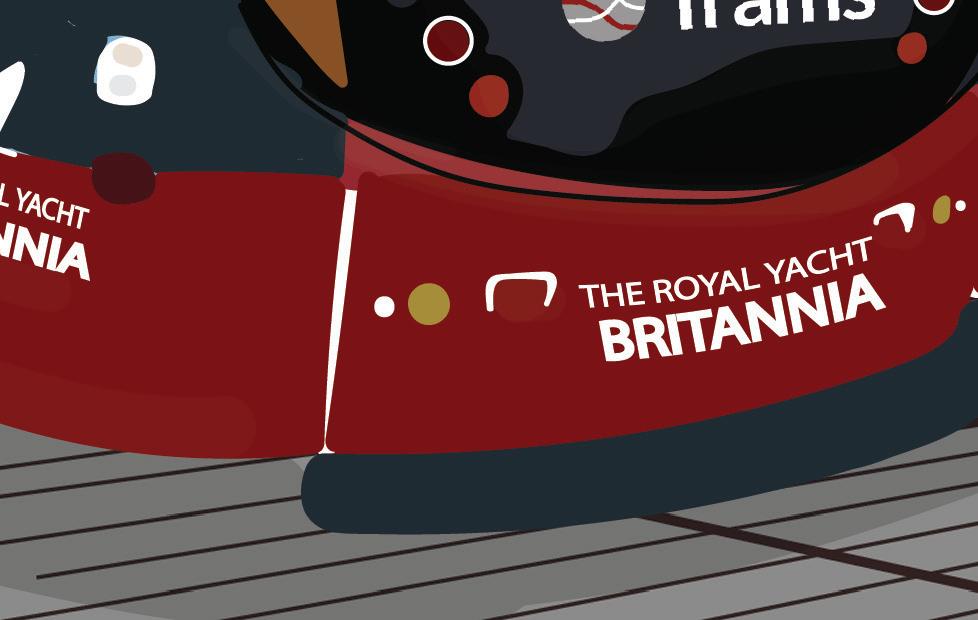




Morgan Cry (who also goes by Gordon J Brown) is set to publish a new Scottish crime book series. Here, he considers whether Tartan Noir has had its day or is moving towards a bold new era







Teyes study the corpse, with his disdain for authority (bred from a
he body lies on the ground, or on a floor, or in a bed. Next to it lies a gun, or a knife, or a curl of electrical cord. A detective in his mid-50s looks down, booze on his breath. He wears a suit with more stains on it than a midgie-raker’s anorak. Blood-threaded eyes study the corpse, with his disdain for authority (bred from a troubled childhood, a broken marriage and a stalled career) everpresent. He finds a note on the victim: ‘Dear Tartan Noir, this is your last case.’









Gritty, urban, police-led crime fare with a thread of gallows humour, the godfather of Tartan Noir is William McIlvanney, although you could argue that the Scottish tradition goes back to 1824 and James Hogg’s The Private Memoirs And Confessions Of A Justified Sinner. At a time when many crime writers were still looking to the likes of Agatha Christie, McIlvanney’s Laidlaw trilogy (the first was published in 1977) took a darker, hardboiled approach that would inspire many writers from Scotland (and beyond). The phrase itself was coined by Sir Ian Rankin and gained notoriety when James Ellroy dubbed him ‘the king of Tartan Noir.’
However, in 2024 the McIlvanney Prize for Scottish Crime Book Of The Year featured a 12-strong longlist of which only two were out-and-out police procedurals, the traditional domain of Tartan Noir. Scottish crime writing is, today, a broad church. Cosy, historical, science fiction, thrillers: there are any number of settings and characters out there. The shelves of bookshops and pages of websites groan under the sheer weight of amazing Scottish crime authors that do not easily fit the Tartan Noir tag.
So, is Tartan Noir being killed off? No. Far from lying in some bloodsoaked gutter, there’s an amazing slew of authors today, old and brand new, who continue to stride the dark lanes of Tartan Noir with absolute magnificence. The phrase may not fit snugly with every Scottish crime book, but it’s a useful catch-all for promoting the genre around the planet. As fellow author Craig Robertson wrote, ‘for a small nation, we punch (and stab and strangle and shoot) way above our weight.’

William McIlvanney and the likes of Val McDermid, Ian Rankin, Denise Mina, Chris Brookmyre and Quintin Jardine (to name just a few) were the vanguard. But so many have followed. At last year’s Bloody Scotland (the country’s International Crime Writing Festival), over a quarter of the authors that took to the stage were debut or new to the scene.

As fellow author Craig Robertson wrote, ‘for a small nation, we punch , about an vibrant tradition. Scottish crime writing has a what went before. And that, dear reader, is a



When I wrote my new book, The Cost, about an ex-Glasgow copper returning to his hometown of Fraserburgh after 40 years, I drew on this rich, vibrant tradition. Scottish crime writing has a wonderful future ahead. It is a healthy, varied throng of wonder that continually evolves and has always drawn, sometimes deeply, on what went before. And that, dear reader, is a magical, criminally enjoyable thing.
Morgan Cry: The Cost is published by Severn House on Tuesday 1 April.






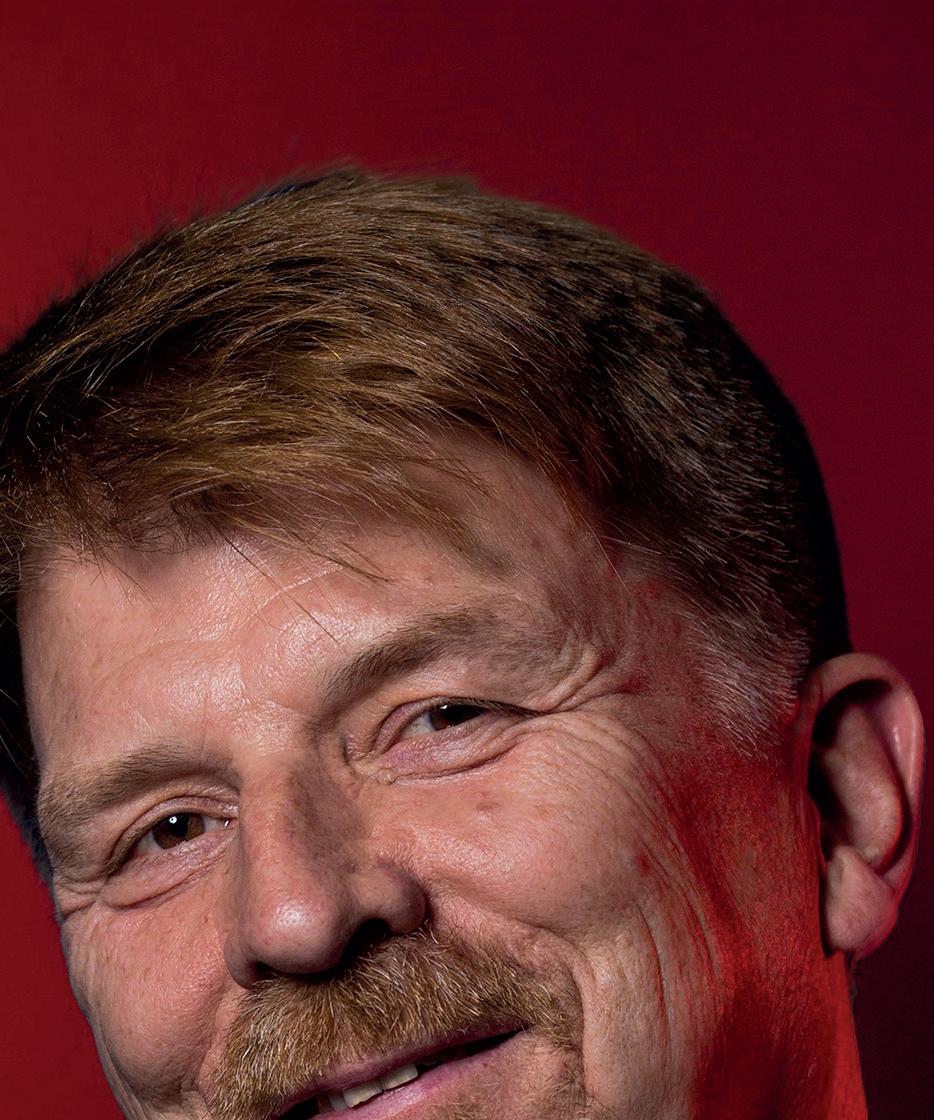
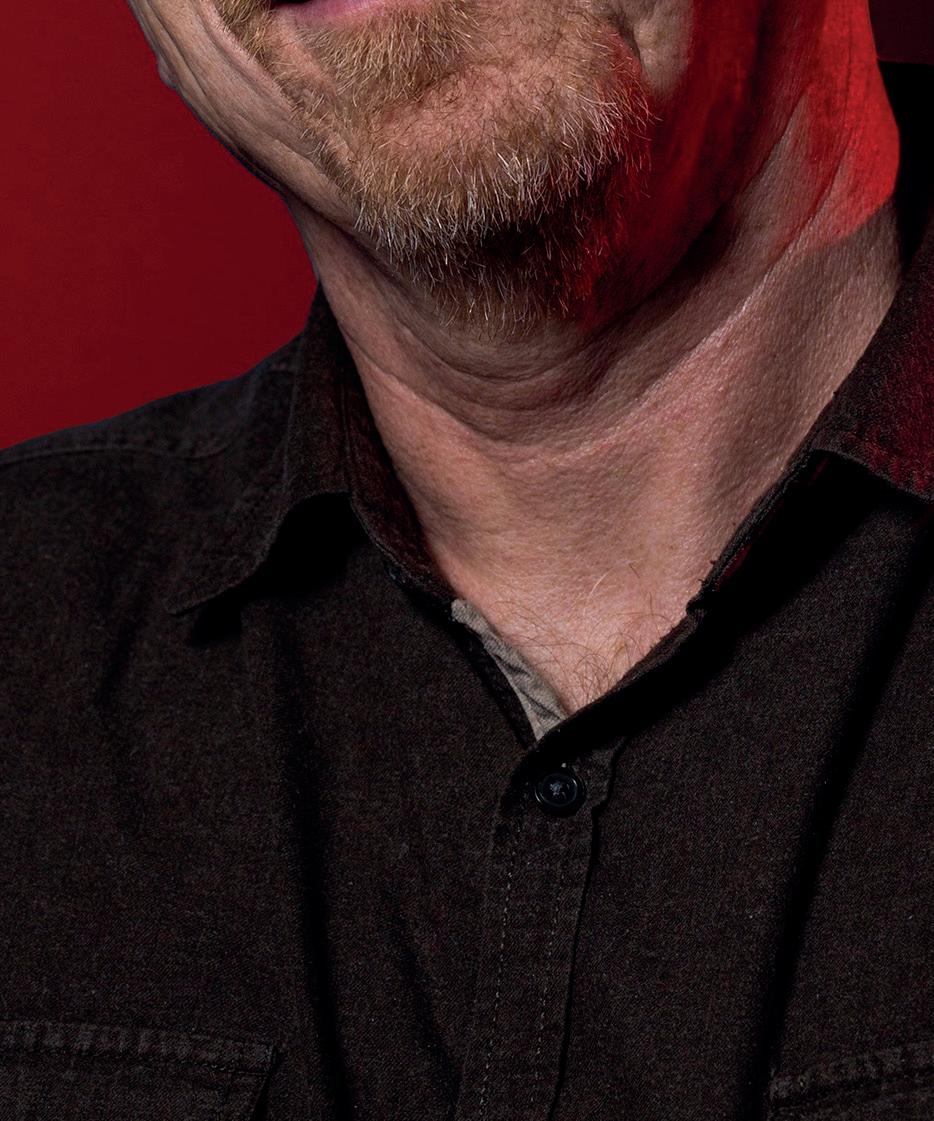




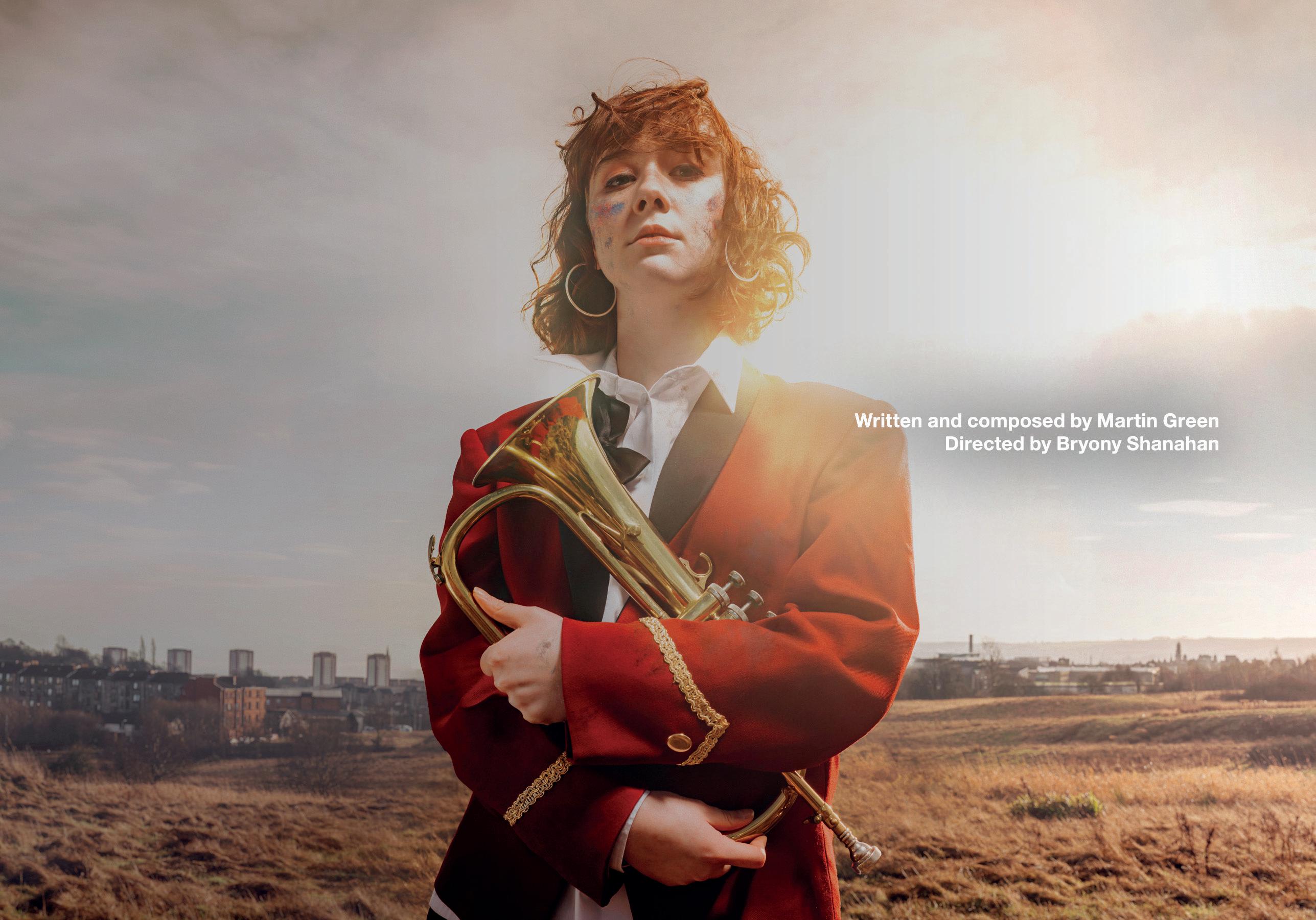
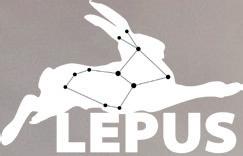
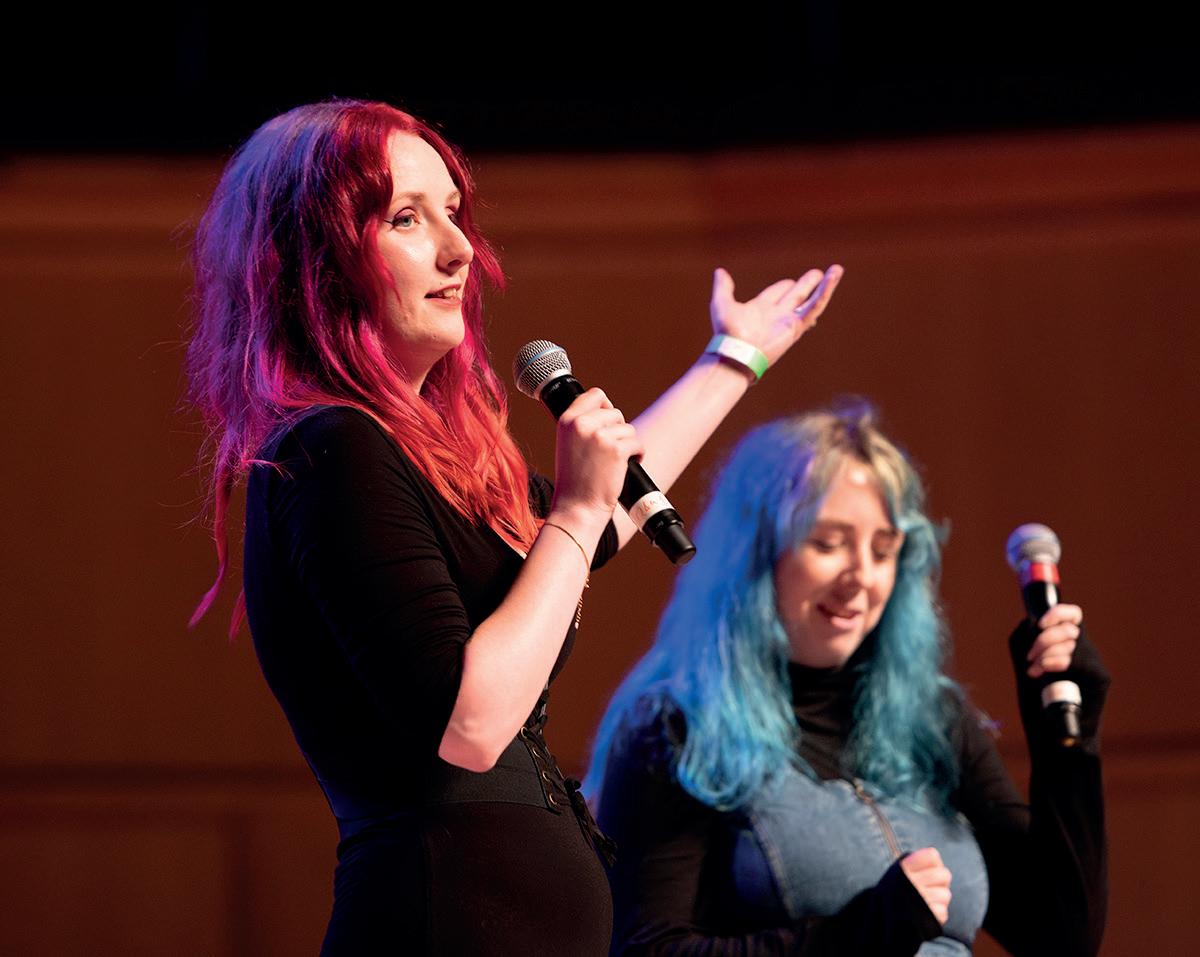

Despite winning awards and attracting big names to their roster, running a small publishing house is no walk in the park, according to 404 Ink co-founder Laura Jones-Rivera. Ahead of appearing at Pitlochry’s Winter Words festival, she chats to Claire Sawers about putting their trust in vibes and rubbing shoulders with celebs
Laura Jones-Rivera remembers the moment where she had to interrupt her business partner’s maternity leave. Heather McDaid, who co-founded 404 Ink with Jones-Rivera in 2016, had given birth a few days earlier. Unsurprisingly, she wasn’t checking her emails. But a message arrived from Scottish actors Alan Cumming and Forbes Masson. ‘They wanted us to publish their book,’ recalls Jones-Rivera. ‘I thought maybe it was a troll, some kind of hoax or spam. I said to Heather “you really need to read this.”’
The email led to 404 Ink publishing Victor & Barry’s Kelvinside Compendium: A Meander Down Memory Close about their treasured 1980s comedy duo. ‘It’s so different from anything we’ve published before, but when that opportunity lands, you take it,’ says JonesRivera. ‘Some people associate us with social-justice publications, or maybe feminist writing because of our first book [the essay collection] Nasty Women. Actually, the decision is made on the book alone. We don’t see ourselves as activist publishers and we’re conscious of not repeating ourselves. We were a tad nervous about working with a Hollywood celebrity, but no, we’re not selling out. It was one of the hardest projects, but Forbes and Alan were consummate professionals. They know how to bow to expertise; the whole experience was so refreshing.’
In the eight years that 404 Ink have been operating, they’ve published books on music (see Arusa Qureshi’s Flip The Script: How Women Came To Rule Hip Hop) and pop culture (Casci Ritchie wrote about Prince’s fashion and Emily Garside explored Schitt’s Creek’s impact on queer culture) as well as poetry, fiction and memoir.
Their hard toil was rewarded when they were named Saltire Society Publisher Of The Year in 2022, and Scottish Small Press Of The Year at the 2024 British Book Awards.
Jones-Rivera explains their selection process: ‘We go by vibes. In the first few pages, we know. Take Genevieve Jagger’s Fragile Animals. Heather and I read it separately, both loved it and went “let’s put in an offer.” But sometimes it’s not quite right, or we feel we’ve covered it already. As much as we love doing zeitgeisty, relevant, important issues like BLM or trans justice, we don’t have a checklist. And while some publishers only take on authors with a big socialmedia following, for us that doesn’t matter.’
On the 2025 roster is queer anthology Fierce Salvage while Carrie Marshall follows her memoir Carrie Kills with Small Town Joy: From Glam Rock To Hyperpop. But Jones-Rivera and McDaid’s year kicks off with an event chaired by Saltire-shortlisted author Heather Parry during Pitlochry Festival Theatre’s Winter Words (a festival now run by a certain Mr A Cumming), where the pair will be in conversation with Edwin Morgan Prize-winning author Titilayo Farukuoye. They’ll discuss the ‘blessing and curse’ of running a small publishing house in 2025. ‘Cash flow in publishing is a nightmare,’ says JonesRivera. ‘Funding issues for Scottish publishing are also coming to a head. It’s a labour of love; sometimes the love comes and goes,’ she deadpans. ‘We’ll talk about all that, but also it’s a celebration. Even in the face of all these difficulties, we still make art.’
Laura Jones-Rivera and Heather McDaid appear at Pitlochry Festival
From island-set psychodramas to WWI-located tales of friendship and on to musings about a humble fruit, there’s much Scottish literature to get excited about in the first half of 2025
ALEXANDER MCCALL SMITH
The veteran writer and gentleman delivers Looking For You, the second in his new Perfect Passion Company novel series about apprentice matchmakers who might themselves be an ideal couple in waiting.
n Polygon, Thursday 6 February.
BARNEY CAMPBELL
A novel of war and friendship, The Fires Of Gallipoli features a shy lawyer and a courageous charmer both heading to fight in World War I, and seeing each other as crutches to help get though the horror and out the other side.
n Elliott & Thompson, Thursday 13 February.
TARIQ ASHKANANI
What would you do if you knew your parent was a serial killer? This is the dilemma which Nathan faces when he uncovers the truth about his murderous dad. The Midnight King should set hearts and minds racing.
n Profile, Thursday 10 April.
KATIE GOH
Subtitled ‘A Personal History Of The Orange’, Foreign Fruit mixes memoir and history for its story of how this particular edible acts as a means of understanding the world, with symbolic resonance from China to California.
n Canongate, Thursday 8 May.
CAT HEPBURN
Based in Glasgow and Berlin, Hepburn brings us a ‘steamy sapphic paranormal romance’ entitled I Kissed A Werewolf And I Liked It. Said romance is between a student and her mentor who spends very specific times howling at the moon.
n Headline, Thursday 8 May.
MICHAEL PEDERSEN
Edinburgh’s Makar numbers Stephen Fry and Kae Tempest among his wide fanbase, and they will all be excited with the publication of Muckle Flugga, a psychodrama about life on a remote island being upturned by the arrival of a curious stranger.
n Faber, Thursday 22 May.
FODAY MANNAH
The Search For Othella Savage is a debut novel inspired by real events when Scotland’s Sierra Leonean community is triggered into shock after a young woman is found unconscious in the boot of a car.
n Quercus, Thursday 22 May.














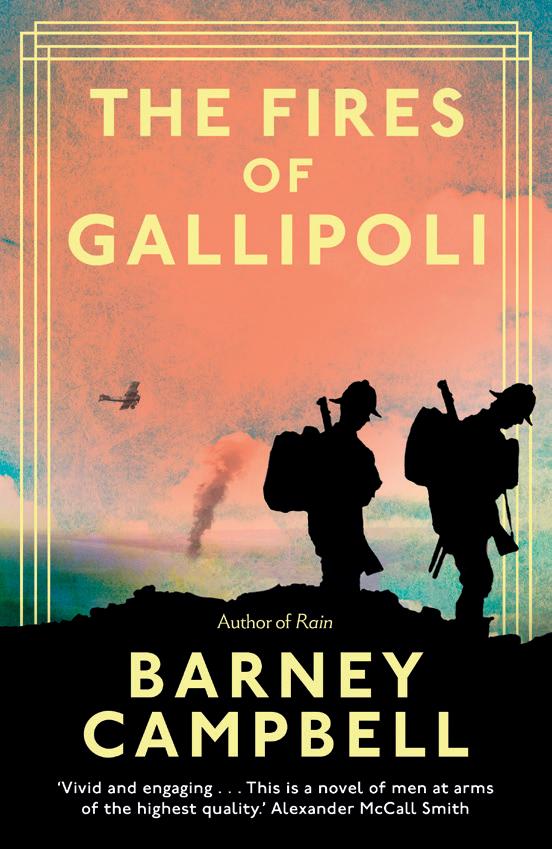



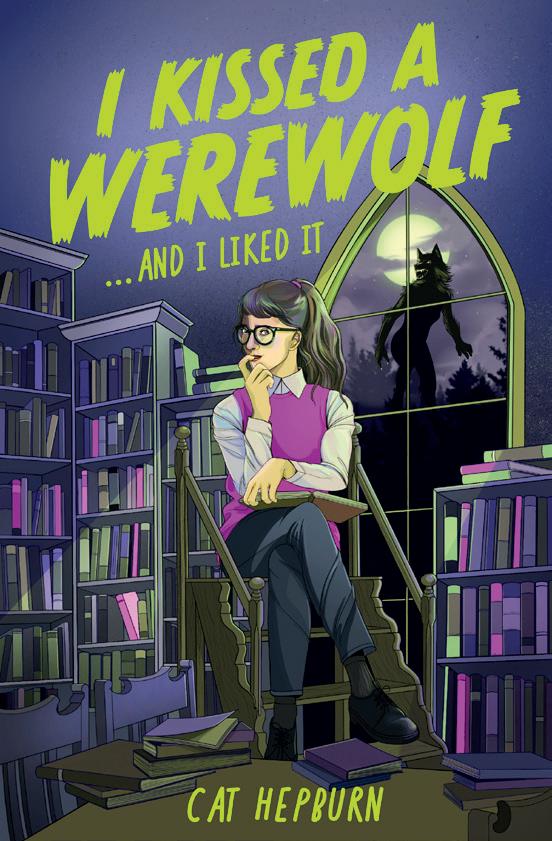

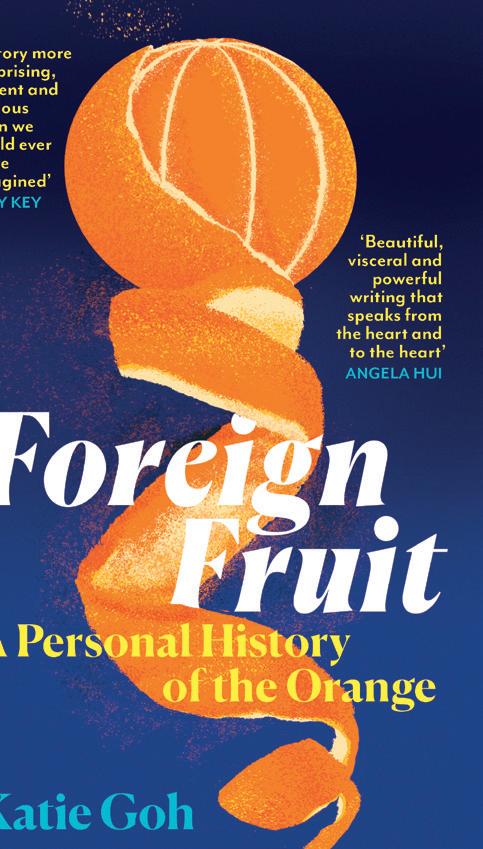

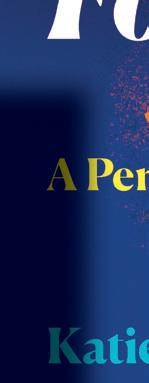








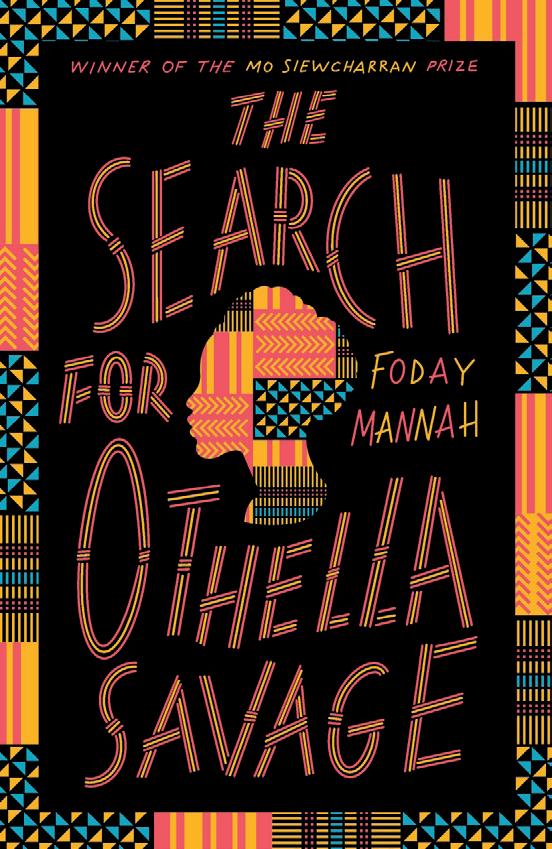
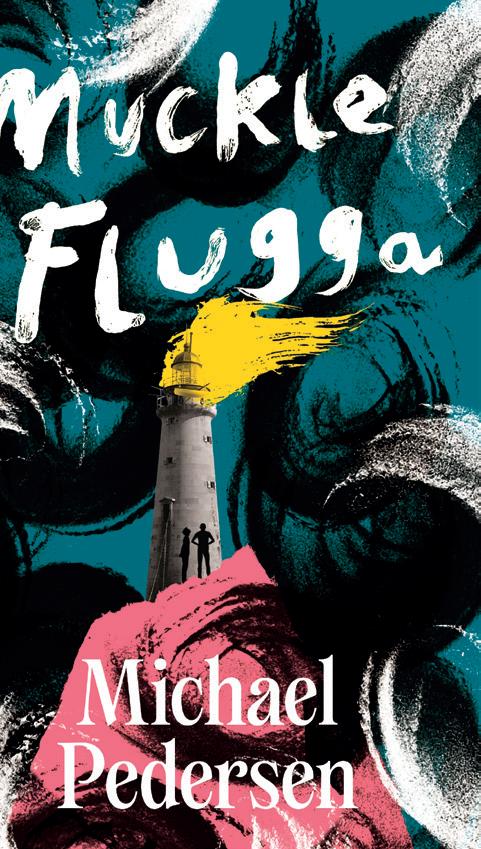

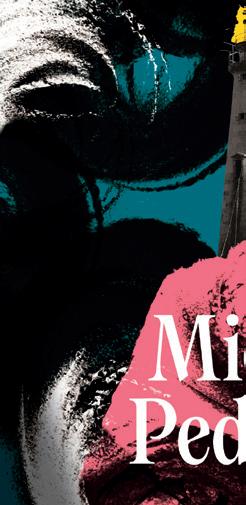


Do something new and support local businesses while saving yourself money
One of the joys of ushering in the New Year is the chance to try something new. But while skydiving and bungee jumping might appeal to some, there are plenty of much more sensible activities on offer, as well as new places to explore. Thanks to Forever Edinburgh’s Resident Rewards Edinburgh programme, there’s a vast array of great things to do, at a discount, on your doorstep. From city attractions to food and drink, events to city tours, spa treatments and more, it offers residents the chance to enjoy high value monthly rewards, special resident prices at key attractions, 12 months’ validity on entry tickets, special previews to upcoming events, and a mixture of half price and free days at specific times in the month.

If your New Year’s resolution includes getting fit then take some time out for activities and general self-care.
•Stride Out Running Tours combine fitness and sightseeing, offering fun, guided runs through Edinburgh’s landmarks like Calton Hill and the Royal Mile. With routes for all fitness levels, including a 4.5-mile city tour and extended off-the-beatentrack options, it’s a dynamic way to explore the city with local expertise.
•Explore Edinburgh by bike with Ricky’s Bicycle Tours. Knowledgeable guides lead a fun, easy-to-moderate loop from Princes Street to The Shore and back, showcasing hidden gems, historic sites and breathtaking views. Use your own bike or rent one (including electric), and enjoy a safe, eco-friendly adventure along bike paths and side roads.
•Studio15, located next to St Columba’s Hospice Care, offers premium hair and nail treatments with eco-friendly, cruelty-free and vegan products. As a social enterprise, all profits support the hospice’s vital community services. With expert stylists and a relaxed setting, Studio15 ensures you look great while contributing to a meaningful cause.
•PURE Spa, with locations on Rose Street, Lothian Road, David Lloyd Club Newhaven and DoubleTree by Hilton Edinburgh Airport, offers expert spa and beauty treatments. Their philosophy is simple: to provide essential, high-quality services tailored for busy individuals seeking relaxation and rejuvenation in a convenient and professional environment.
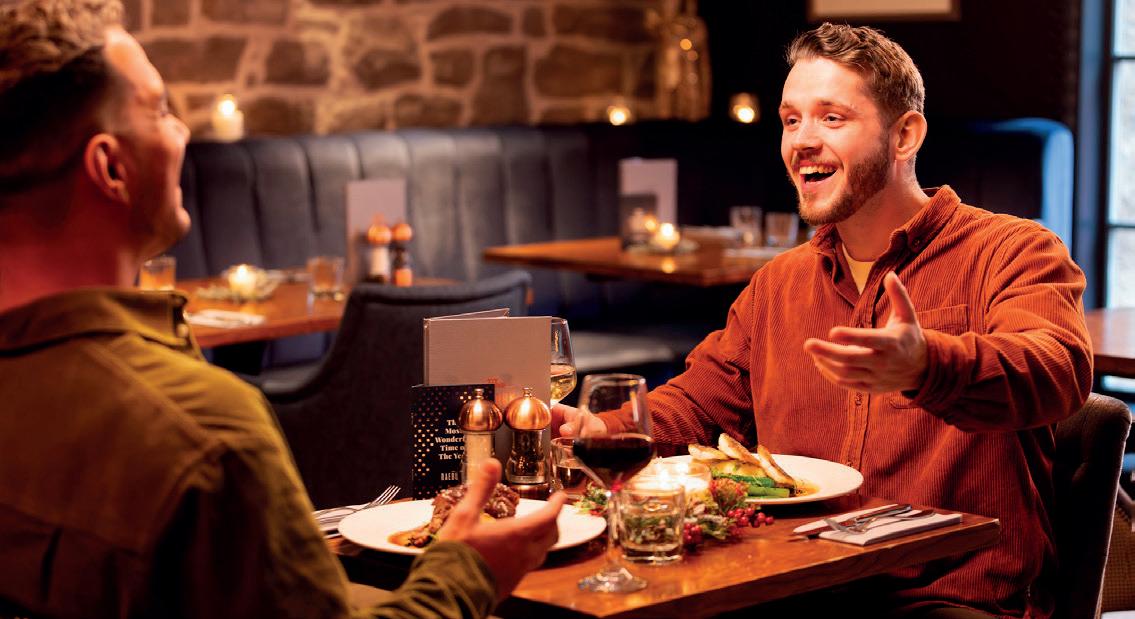
Become a tourist in your own town and view Edinburgh with fresh eyes (while making savings).
•Since 1985, Mercat Tours has captivated Edinburgh’s residents and visitors with engaging walking tours. From historic Royal Mile explorations to spine-chilling ghost tours, they delve into the city’s rich past, bringing its stories to life. Discover Edinburgh’s history and mystery with expert guides.
•Discover a fresh perspective on Edinburgh with Edinburgh Bus Tours. Perfect for locals, these open-top bus trips offer a relaxing way to explore the city, capture stunning Instagramworthy views and uncover hidden gems. Give your legs a break while enjoying Scotland’s capital from a whole new angle.
•Whether you’re a whisky connoisseur or a curious newcomer, Johnnie Walker Princes Street offers something for everyone. Spread across eight immersive floors, it’s a must-visit destination to explore Scotland’s national drink.
•Explore The Royal Yacht Britannia, Tripadvisor’s number one UK attraction and former home to Queen Elizabeth II. Now docked in Leith, this five-star venue offers accessible tours across five decks, including Royal State Apartments, the gleaming Engine Room and more. Enjoy waterfront views in the Tearoom and return for free all year.
If you’re looking to unwind and relax after a busy festive period, enjoy an indulgent experience with this month’s Monthly Star Reward: £50 worth of food and drink at Ten Hill Place Hotel for just £25 per person (saving 50%). And, in March, kids go free with every adult ticket to the Camera Obscura & World of Illusions (Sun-Fri). Terms and conditions apply. All rewards are subject to change.
See full details and sign up to the newsletter on the Resident Rewards Edinburgh website at edinburgh.org/residentrewards

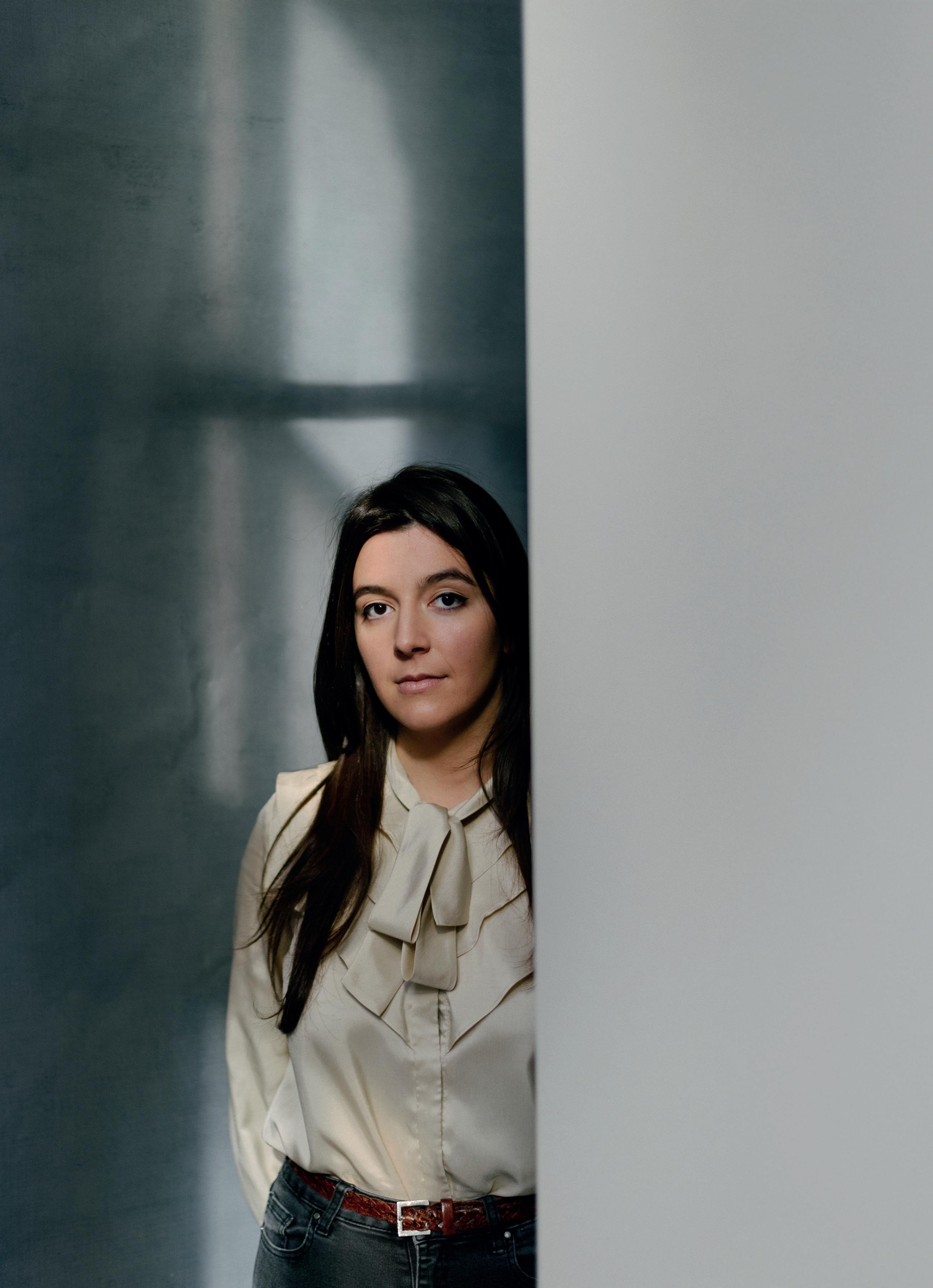
Set in a vast warehouse where minimum-wage employees produce soulless but hugely demanding work, On Falling is the debut feature from Scotland-based Portuguese director Laura Carreira. Ahead of the movie’s Glasgow Film Festival premiere, James Mottram talks to her about not demonising employers and having spiritual links to Britain’s master of social realism
When Laura Carreira left her native Portugal at 18, she arrived in Scotland to study film at Edinburgh University. But it was her ‘make ends meet’ job, working in the café at Jenners department store on Princes Street, that would prove her biggest education. ‘Those first years I was mainly interacting with other migrants; all my colleagues were Spanish, Polish, Slovenian, very mixed,’ she recalls, when we meet at the San Sebastián Film Festival where her debut feature On Falling has just played.
This Scotland-set drama about a ‘picker’ in a fulfilment centre (those giant warehouses operated by online retail giants such as Amazon) very much draws from her early working life, and the conversations she had with fellow migrants. Already, this quietly devastating look at the gig economy has been steadily winning prizes, including the Sutherland Award for best directorial debut at the London Film Festival. But it will feel particularly special for Carreira when On Falling receives its Scottish premiere at the Glasgow Film Festival. ‘I’ve always felt very welcome in Scotland,’ she smiles.
Having investigated the world of work in short films such as the award-winning Red Hill (2018) and The Shift (2020), Carreira began to write On Falling during the pandemic. ‘We were so dependent on that type of work,’ she explains, noting how pickers ‘were considered essential workers at the time.’ And yet as Carreira discovered, they endure poor working conditions. ‘A lot of people talked about how lonely the job was, and how physically demanding, but also how psychologically tough. It was really hard to be on your own for ten hours. A lot of them weren’t allowed to even listen to things on headphones.’
Carreira fed her findings into On Falling, which follows Aurora (Joana Santos) as she struggles with the soulless nature of her minimum-wage job, relentlessly readying goods for dispatch, and the financially precarious position it leaves her in. Often, it’s the details that really bite, like the moment where management offer confectionery to the best-performing worker. ‘There were pickers who would tell me that on the days you do well you get rewarded with a chocolate bar,’ says Carreira. ‘And they obviously thought how insulting that is.’
Smartly, Carreira doesn’t single out the employers as evil. ‘Part of me didn’t want it to just be about a bad job and a bad company. Because some of the pickers I spoke to didn’t have an anger towards the company. It was more insidious and more endemic than that. It’s not just one company that’s doing this. These dynamics of power between boss and employee exist in any job. And I would ask them “are you trying to look for other jobs?” And some felt they were too tired to do it. They had no energy to fight at that point.’
For the most part, On Falling taps into wider concerns that anyone from any country can relate to. ‘I think it shows how these struggles are actually pretty universal.’ Shot in Glasgow, with the production using several warehouses to replicate Aurora’s place of work, Carreira felt comfortable shooting in her adopted home. ‘I’ve always filmed in Scotland. If anything, I don’t know what it’s like to film in Portugal!’ she admits, promising that one day she plans to make a movie in her homeland.
The film inevitably draws comparisons to Ken Loach’s Sorry We Missed You, which detailed the gradual emotional wear-and-tear heaped on a delivery driver working for an Amazon-like company.
‘For a while I was a little concerned,’ admits Carreira, who had begun writing On Falling when the subject of Loach’s film was announced. The differences are pronounced enough even if they can be considered spiritual cousins, both perfect examples of the sort of cinematic social realism that Loach is famed for.
Furthering the close ties, On Falling was produced by Sixteen Films, the company behind many of Loach’s movies. ‘I already knew their work even before I moved to Scotland. When I decided to send this script to Sixteen Films, it was quite a moment for me. And I was a little starstruck: “oh my god, they’re gonna read my work!”’ Eventually, the company wrote back with a letter of interest, stating they were keen to work with Carreira. ‘And I was like “I’m gonna frame that!”’ Who can blame her?
On Falling screens at GFT, Glasgow on Friday 28 February and Saturday 1 March; general release on Friday 7 March.

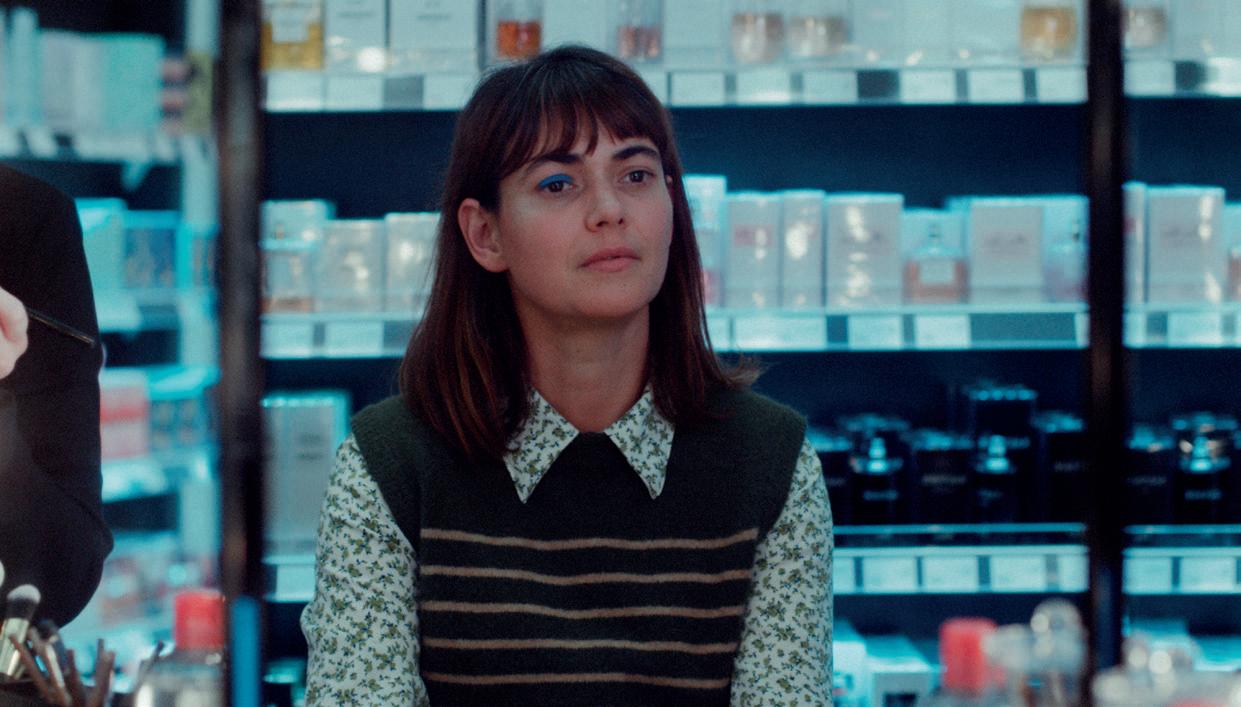
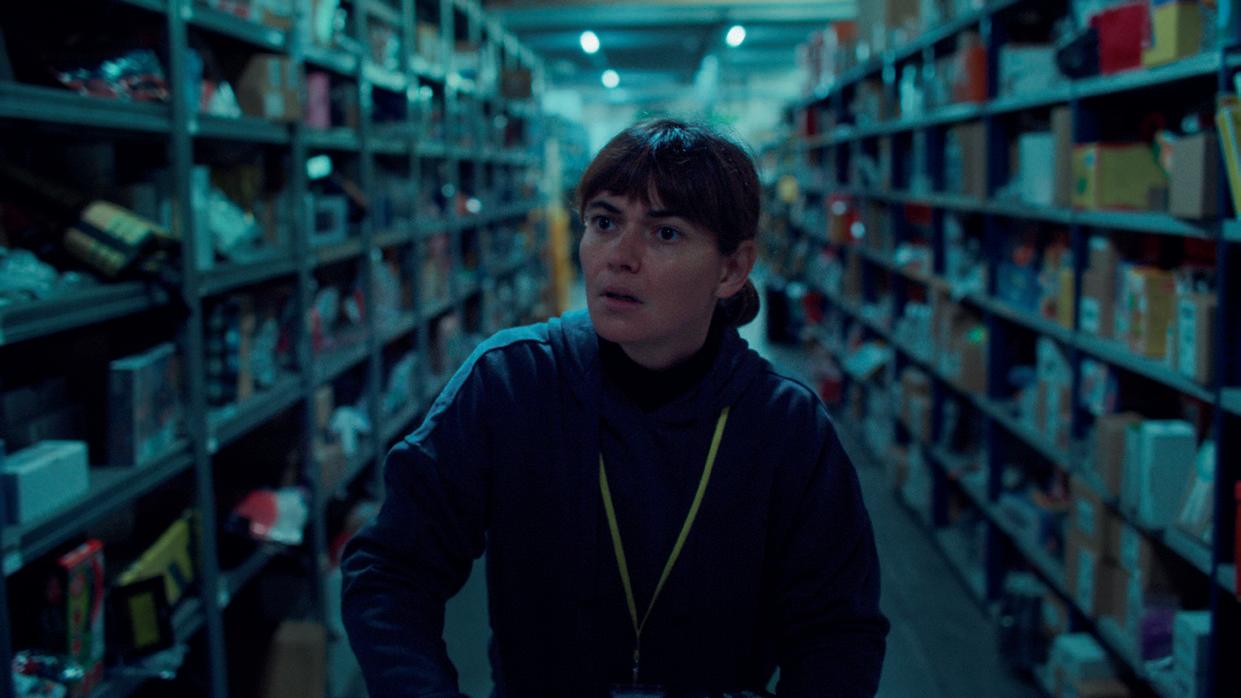

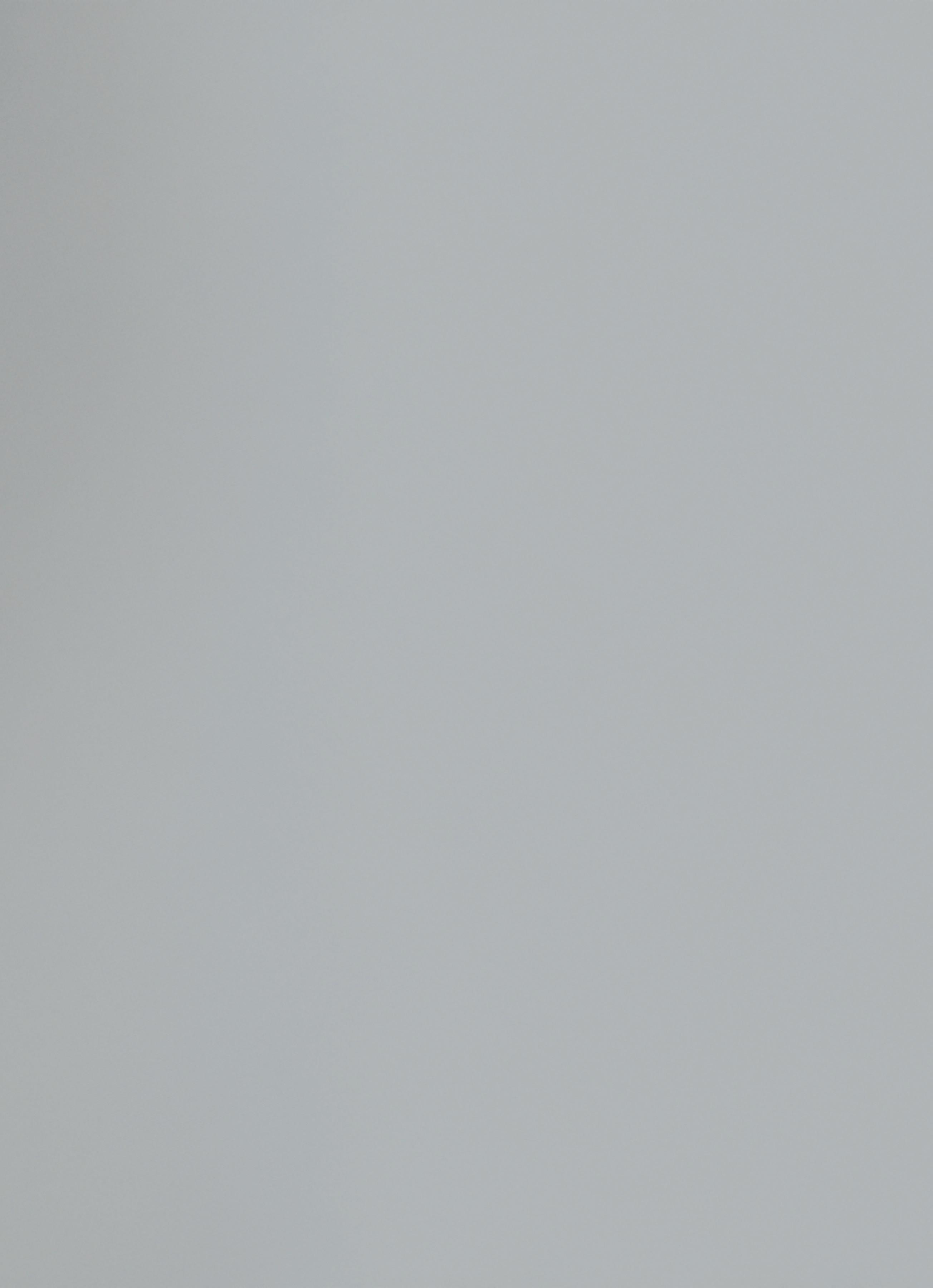



From heartwarming true stories to surrealist fictional oddities, here’s a septet of other cine-delights at this year’s GFF
LONG DAY’S JOURNEY INTO NIGHT
The perennially performed Eugene O’Neill play (Brian Cox and Patricia Clarkson starred in a recent West End production) attracts another starry cast, with Jessica Lange and Ed Harris in the lead roles as the wedded couple grappling with a troubled past and tough present.
n GFT, Friday 28 February.
PEACHES GOES BANANAS
This is the second of two documentaries to come out about the Canadian electroclash icon, though Peaches dubs Marie Losier’s film less of a doc and more of a painting slash portrait.
n GFT, Saturday 1 & Sunday 2 March.
PEACOCK
All Quiet On The Western Front’s Albrecht Schuch stars in this curio as a professional people-pleaser, whether it’s as a concert companion to a classical music lover or to help a man secure a lease on a new flat by pretending to be his partner. Inevitably, his professional and private lives come into conflict.
n GFT, Sunday 2 & Monday 3 March.
BABY ASSASSINS: NICE DAYS
Almost an annual GFF tradition, this third in the Baby Assassins series has our two reluctant hired killers (Akari Takaishi and Saori Izawa) plunged back into business when they join forces with a pair of more seasoned assassins for a peril-strewn job.
n Cineworld, Monday 3 & Tuesday 4 March.
FOUR MOTHERS
This remake of a 2008 Italian comedy-drama stars James McArdle and Fionnula Flanagan. It revolves around an author on the brink of success who suddenly becomes prime carer for his mother and her ageing pals.
n GFT, Monday 3 & Tuesday 4 March
Tilda Swinton, Lennie James and George MacKay are among the names in Joshua Oppenheimer’s narrative debut, a post-apocalyptic musical about a family that has hunkered down in a bunker away from the grimness outside.
n GFT, Tuesday 4 & Wednesday 5 March.
MAKE IT TO MUNICH
Just months after cheating death when a car hit him in the US, young footballer Ethan Walker embarked on a cycle ride from Hampden to Munich for Scotland’s opening game against Germany in the 2024 Euros. This documentary tells the heartwarming tale.
n GFT, Sunday 9 March.
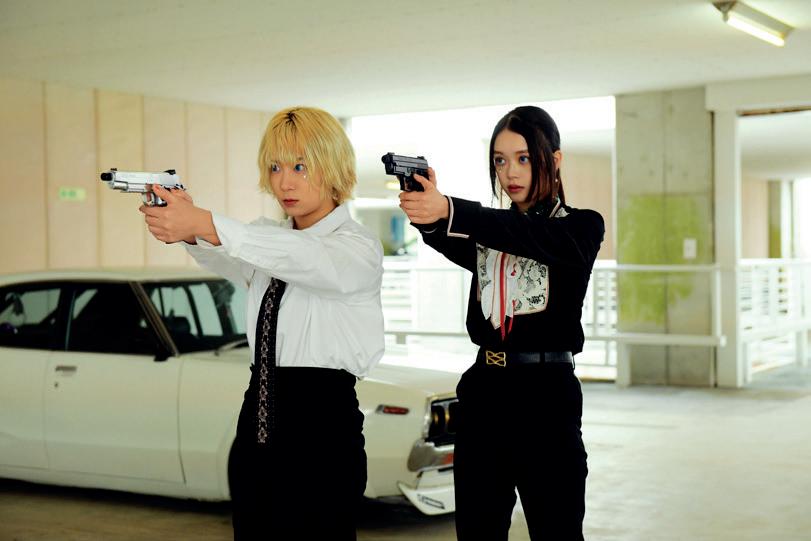
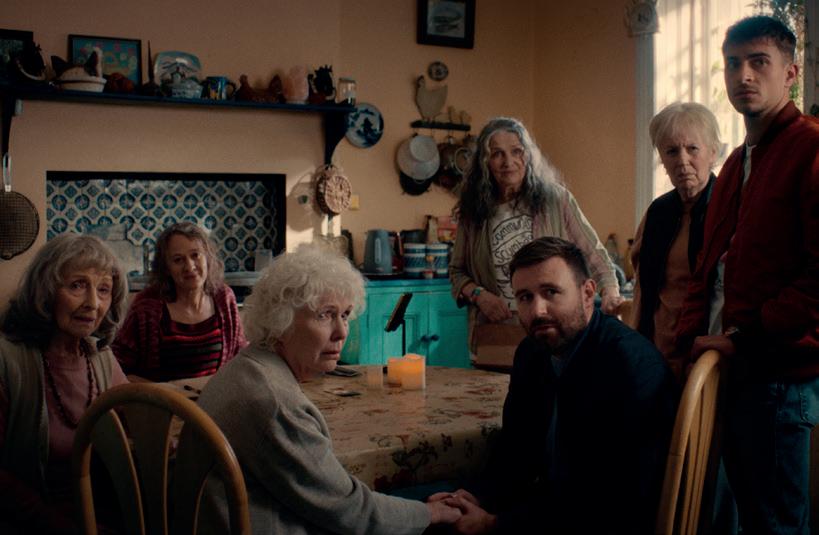
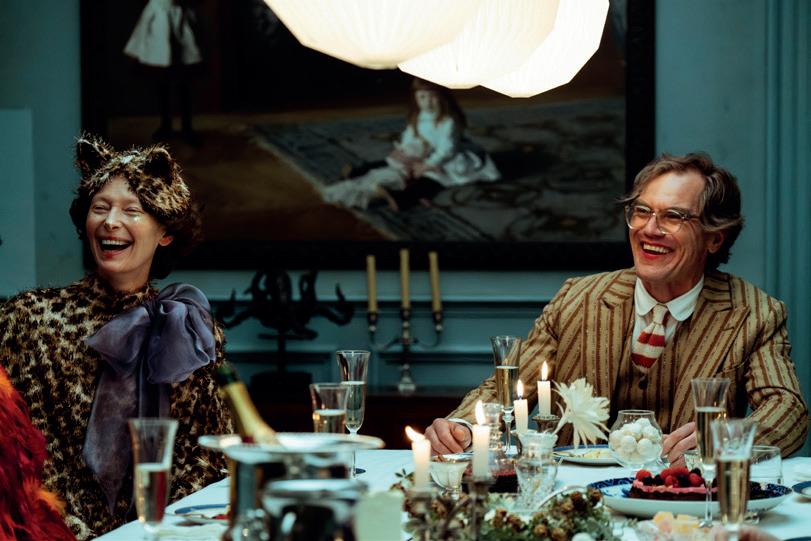

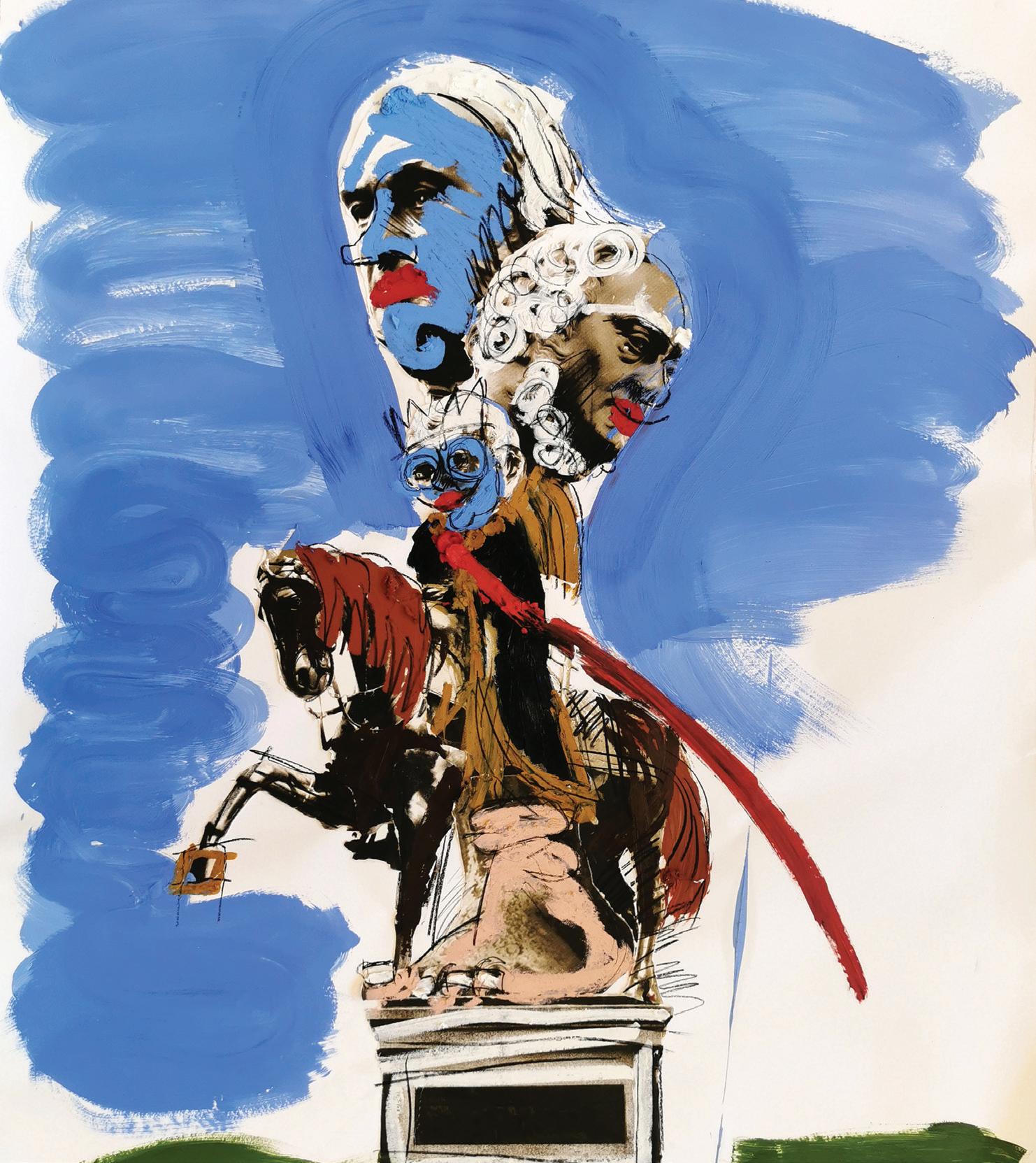

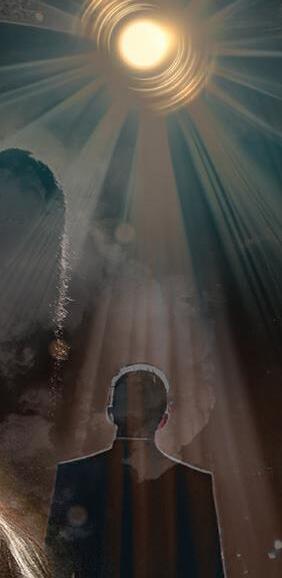
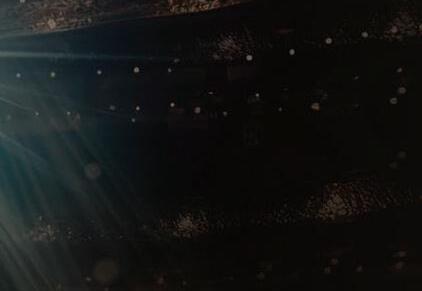
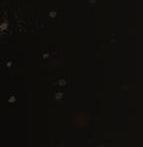







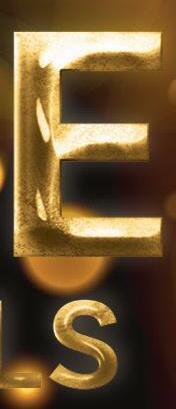

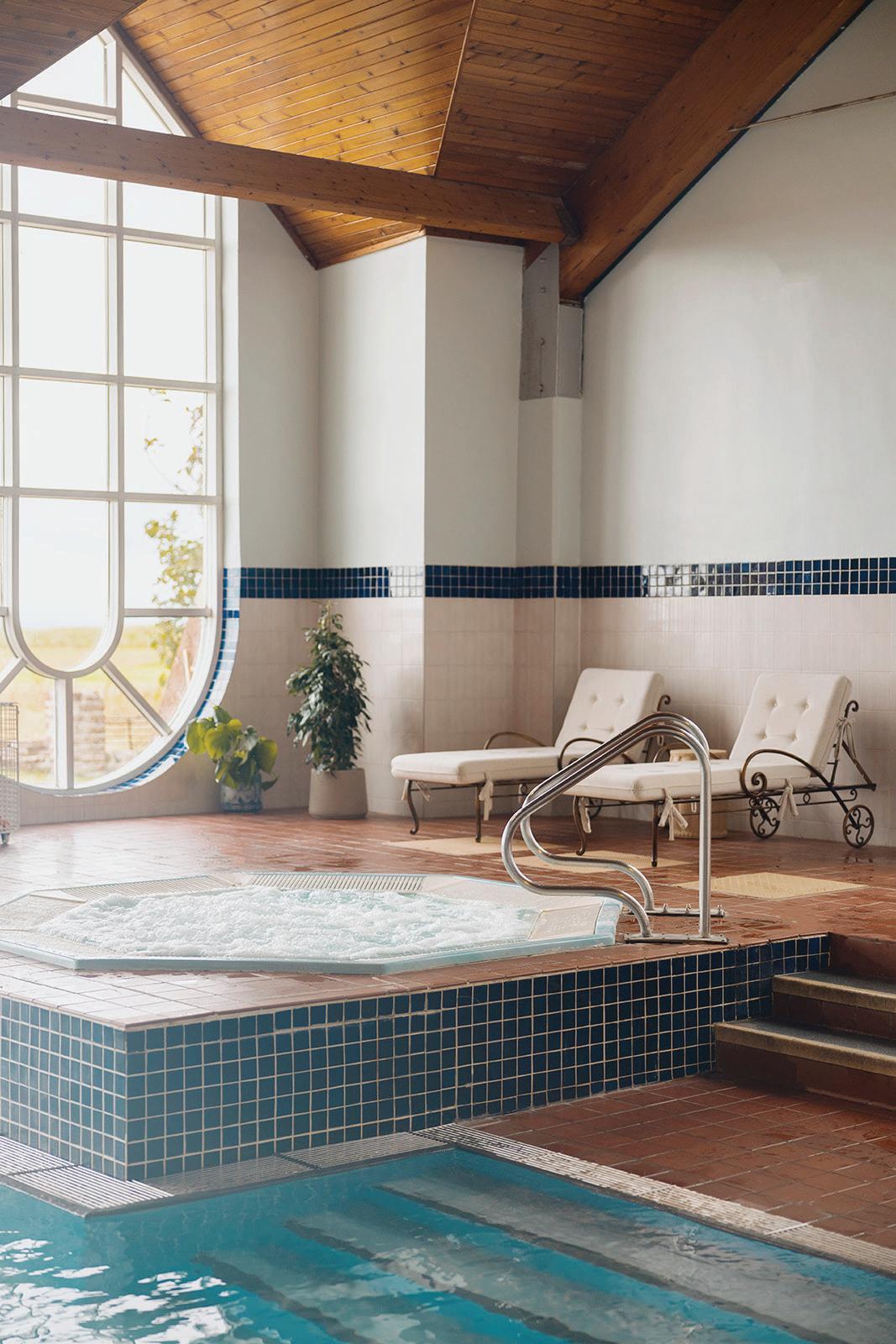

Since 2020, Harry Weskin and his Dookit Brewing have been a welcome presence at Scotland’s beer festivals. With a distinct focus on local ingredients and collaborations, recent brews include a porter using Bare Bones chocolate, and a pale ale made with foraged cleavers (sticky willies) for Slow Food Glasgow and The Gannet’s Peter McKenna. Their cute 330ml stubbies have become a calling card too. Each has a specially commissioned artwork by a different local artist, which can be bought from their website; that led to a recent exhibition at Glasgow’s Market Gallery. (David Kirkwood) n dookitbrewing.co.uk
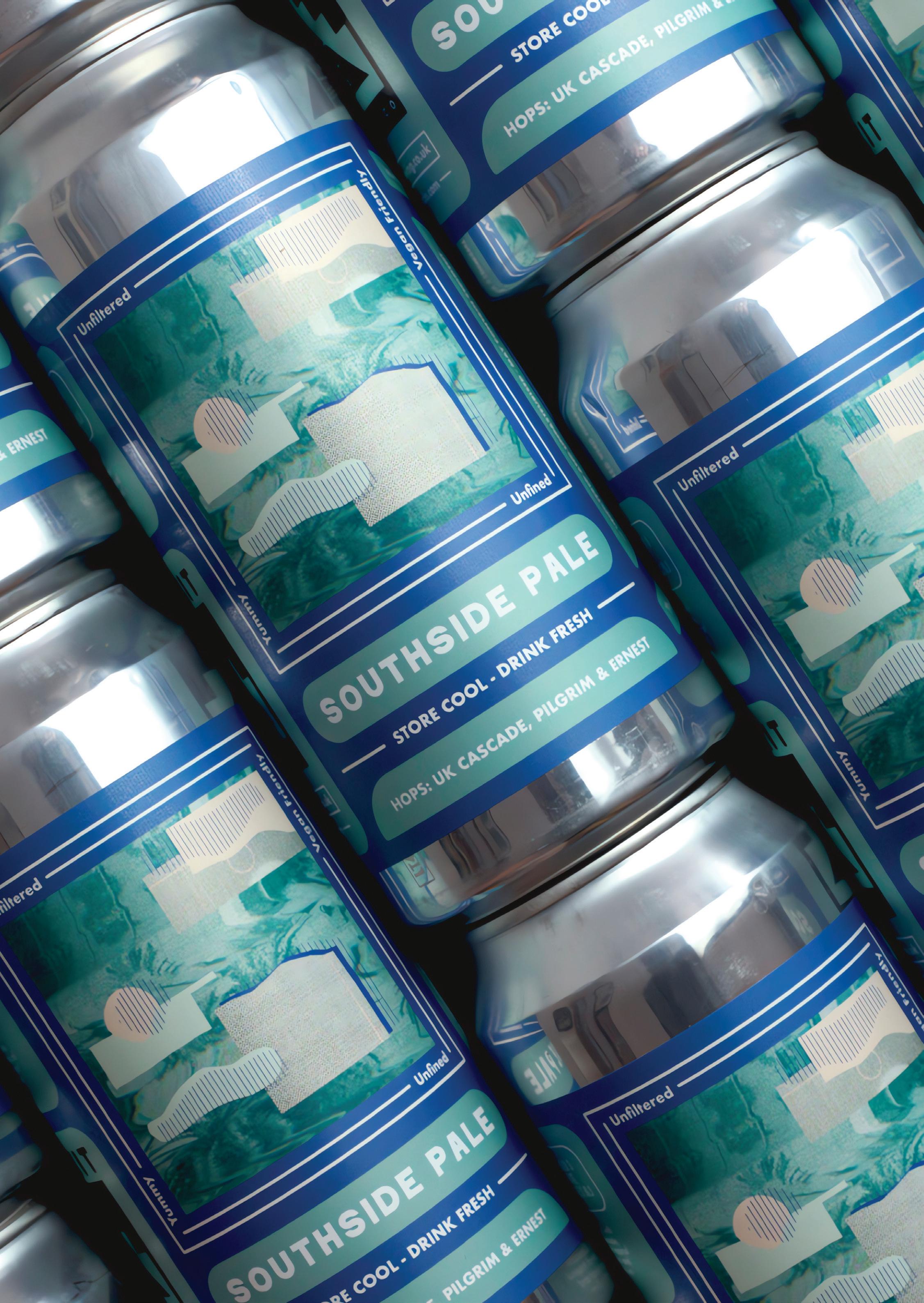



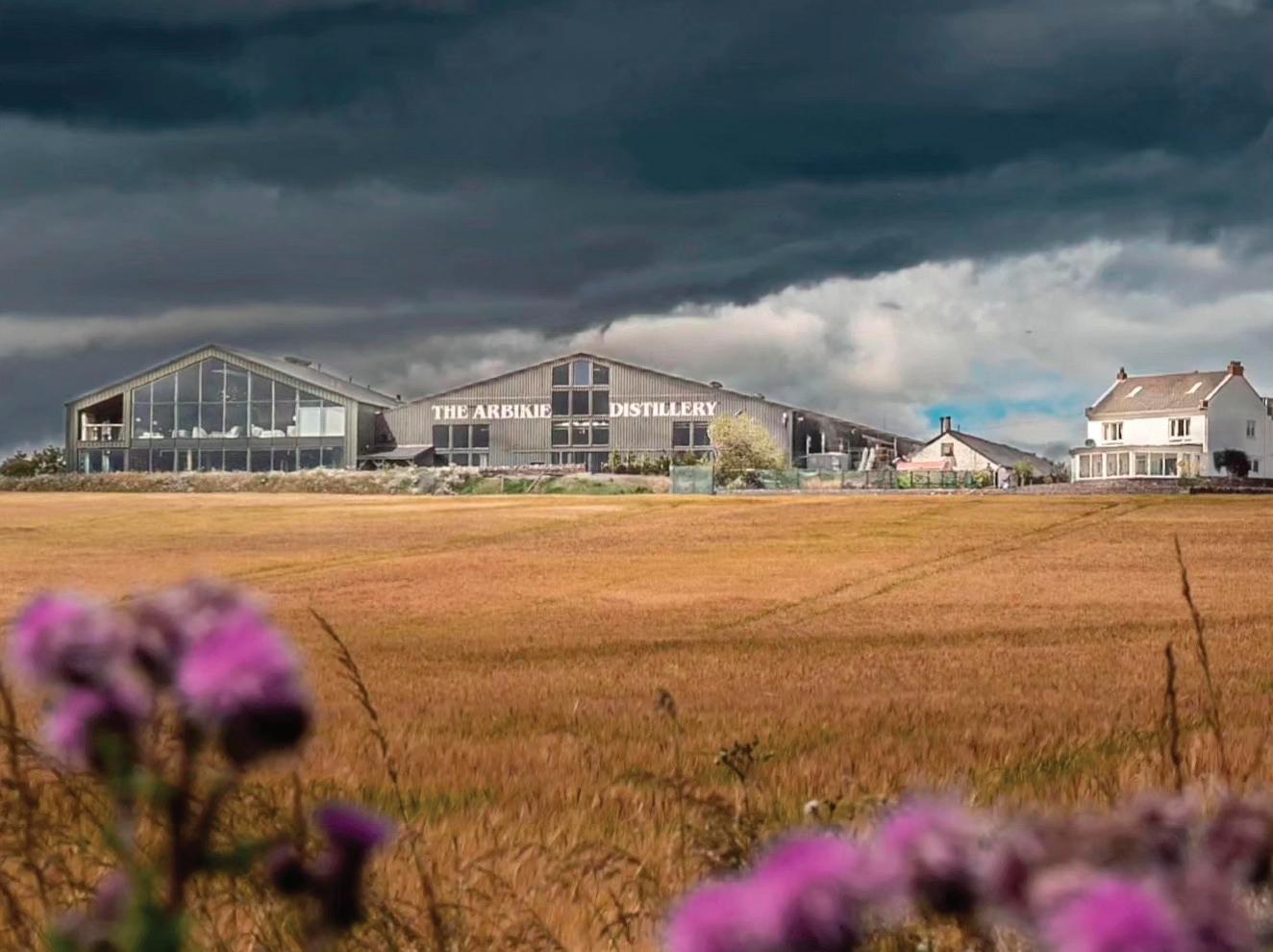
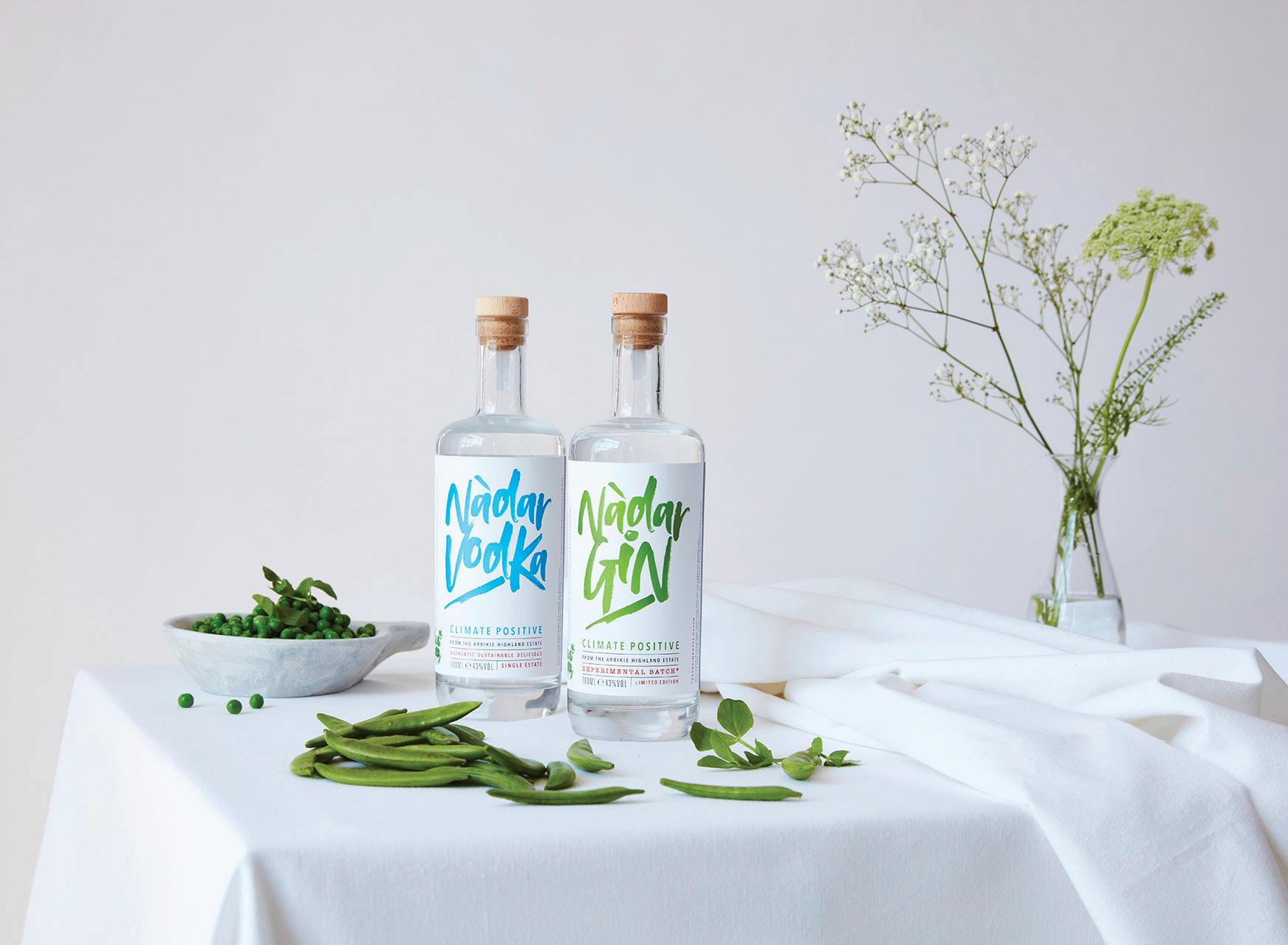
Many of us try to make ethical choices when it comes to food, but drinks can be a bit of a blind spot. Ailsa Sheldon explores the Scottish brands finding ways to reduce the impact of our pints and drams
The journey from grain to glass can be long and complex with significant environmental impacts, from ingredients to energy, transport to packaging. So what exactly is the drinks industry in Scotland doing to lighten its footprint?
Moving towards more sustainable beverages often means rethinking core ingredients. While malt whisky must be made with barley (which can be imported), there are no such rules for gin or vodka. That means Arbikie Distillery in Angus can produce Tattie Bogle vodka from potatoes that don’t pass supermarket aesthetic standards but are perfectly useable.
In a similair vein, their head distiller Kirsty Black has created Nàdar: climate-positive vodka and gin made from peas which are brilliant for the environment because they capture nitrogen from the air, meaning they don’t need synthetic fertilisers. They also trap carbon in the soil and improve soil quality. Happily, when distilled, Nàdar loses all traces of both the pea colour and taste.
Taking a different approach, Discarded Spirits Co. believes ‘waste tastes beautiful.’ They produce spirits from food waste, like grape-skin vodka made using fruit recovered from the wine-making process. There’s also banana peel rum and a sweet cascara vermouth (cascara berries are a waste product of the coffee industry). The Discarded website is also a great resource for zero-waste cocktail recipes that use over-ripe fruit and even coffee grounds to make syrups and spritzes.
Besides what goes into our favourite tipples, producing and transporting the glass they’re bottled in adds significantly to a drink’s carbon footprint. Dunnet Bay Distillery, near Thurso, offers a refill service for its ceramic bottles, posting out recyclable pouches which weigh much less than glass. Empty pouches can then be sent back freepost. Nc’nean Distillery on the Morvern peninsula uses 100% recycled glass and has Scotland’s first free remote bottle return

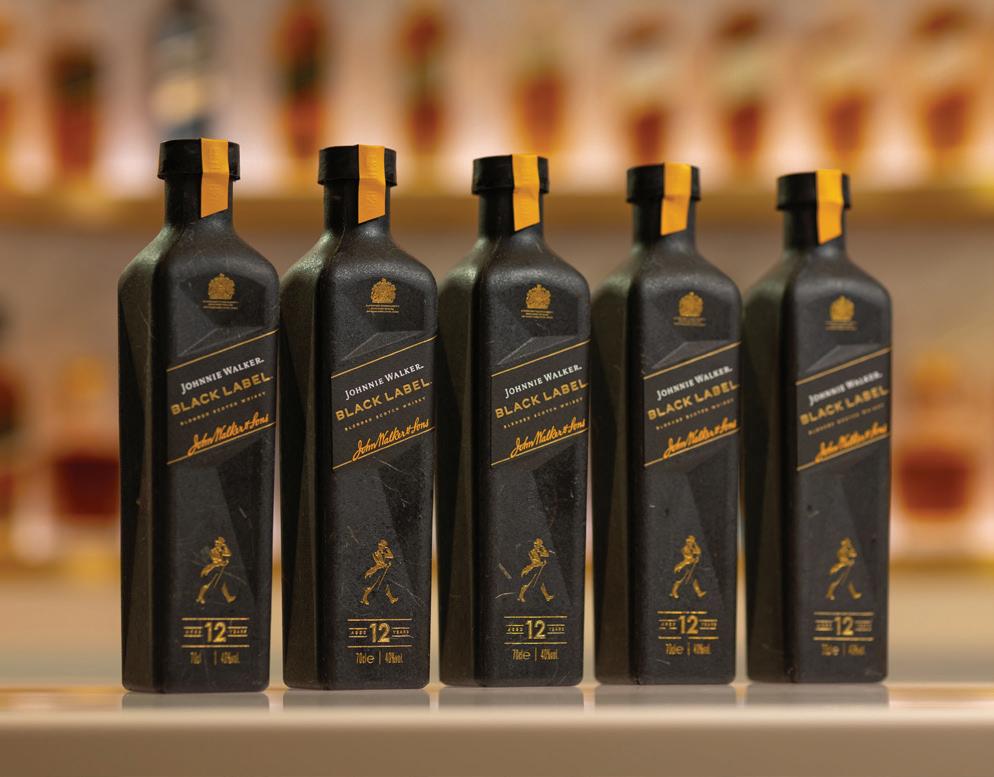
scheme. Nc’nean founder Annabel Thomas says: ‘if every bottle of whisky bought from a distillery’s website in Scotland could be returned for refilling, the collective carbon savings would be enormous. It’s an opportunity to significantly reduce waste and protect the environment; as fierce protectors of nature, it’s an initiative we are proud to lead.’
Thinking beyond glass, drinks giant Diageo trialled their first paper-based 70cl bottle in late 2024. The Johnnie Walker Black Label trial bottles were made from 90% paper with a thin plastic liner, designed not to require consumer or bartender disassembly for recycling. They used the paper-based bottles at Johnnie Walker Princes Street’s 1820 Rooftop Bar, taking the opportunity of working with a ‘house bar’ to learn how bartenders interact with and pour from the bottles. Jennifer English, global brand director, said: ‘we are constantly pushing the boundaries of innovation to not only deliver the premium quality and iconic design our customers expect, but to reflect our sustainability ambitions.’
As well as these individual innovations in packaging, food waste and ingredients, the bigger picture is also being addressed by a number of Scottish companies. Labels like ‘ethical’ and ‘environmentally friendly’ are vague and often used to greenwash products and messaging. In contrast, B Corp certification is seen as the ‘gold standard’ for ethical business practices; it proves that companies meet high standards across performance, accountability and traceability for things like materials, supply chain, employee benefits and charitable giving.
Islay’s Bruichladdich was the first whisky distillery in Scotland to gain B Corp certification, followed by Nc’nean. The latter sources only organic Scottish barley, runs on renewable energy, and became the first whisky distillery in the UK to be verified as net zero for its own operations. Other Scottish drinks companies flying the B Corp flag include Black Isle Brewing, Muckle Brig, North Uist Distillery and Feragaia. While no system is perfect, B Corp guarantees that both the environment and employees are treated well. We can all drink to that.
Apparently when a door shuts, a window opens, and that’s never truer than in the swings and roundabouts of Glasgow and Edinburgh’s hospitality scene. Jo Laidlaw rings the changes
Anew year brings plenty of news. In fact, our inboxes and social feeds are crammed with closures as the eating and drinking business counts the December takings and decides they won’t actually stretch that far. But it’s not all doom and gloom: plenty are taking the opportunity to revamp existing concepts and try something new. In Glasgow, Sole Club is changing to Extra_Ordinary, a pan-Asian set-up to be led by Aussie chef Tobias Fiegel. Still in Glasgow, Otello Calvert has put down his Tagliotello pop-up and moved into bricks and mortar at Il Pastaio in what seems like a match made in heaven for both parties. And Shucks is also calling it a day, in its present incarnation at least, with a new concept due to be announced soon.
In Edinburgh, Barry Fish has finally been hooked. The good folks at Mimi’s Bakehouse have reduced their Leith café’s footprint, moving back to a cosier feel and giving chef Barry Bryson a home for the fish-based menus he’s honed at pop-ups in places such as Honeycomb & Co over the years. And talking of Honeycomb & Co, changes there too: the current owners are retiring and the gang behind the popular Pantry and Hula cafés are moving in. Finally, in what seems like a blissfully straightforward new opening, say hiya to Moss, a new restaurant by Noma-experienced chef Henry Dobson, who’ll use produce direct from his family’s farm. Continuing the theme of change, it’s in Stockbridge, surely Edinburgh’s new dining hotspot (sorry Leithers).

Our TipList suggests the places worth knowing about in different themes, categories and locations. This month, we’re fighting back against the Valentine’s set menus and rip-offs that make our Eat & Drink team’s hearts collectively sink, with date night spots that don’t actively suck
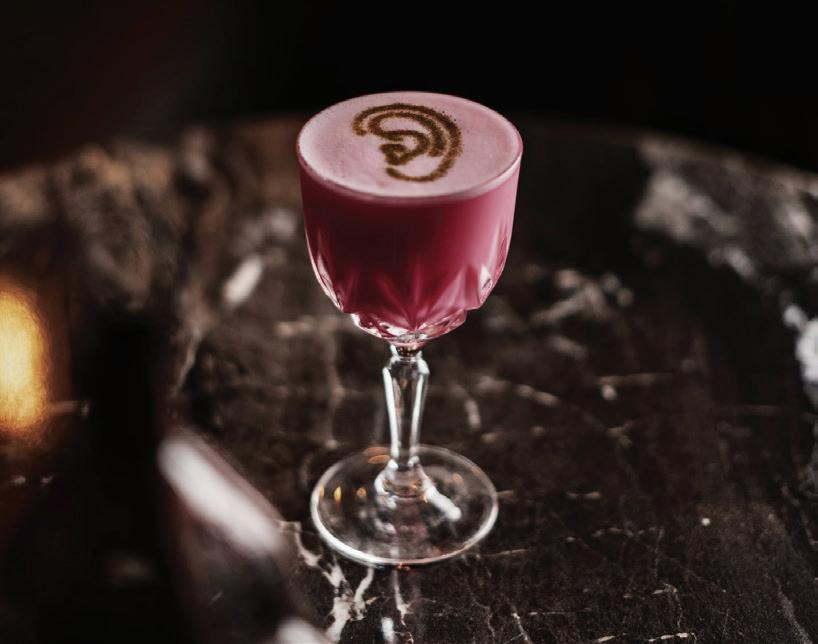
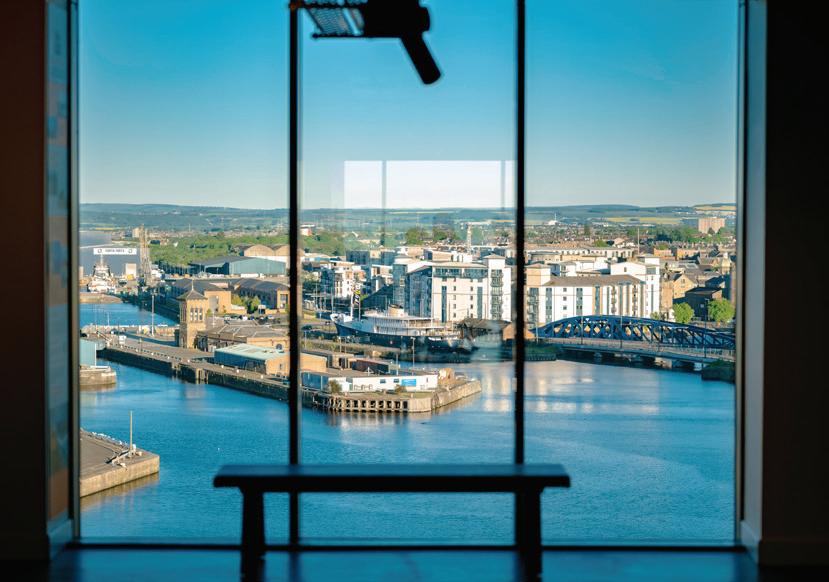
THE ABSENT EAR theabsentear.com
FINGAL
Alexandra Dock, fingal.co.uk
BISTRO COCO
32b Broughton Street, bistro-coco.co.uk
Luke Condell, UK
Hendrick’s Gin Brand Ambassador, gets romantic in bars

HEY PALU
49 Bread Street, Edinburgh, heypalu.com
Practically part of the furniture since 2019, a relaxed atmosphere is perfectly complimented by aperitivo-style drinks which cleverly balance simple and complex. With fantastic modern twists on well-known classics and inspired original creations, the Negroni flight and Nutella Old Fashioned are musts. An expertly curated playlist and delectable small plates round off the experience (and if someone finds out where they get those peanuts from, I’ll take a bathtub-full).
All aboard Fingal for dinner on a ship, without having to leave shore. This award-winning hotel is open to non-residents for cocktails, afternoon tea or dinner. It’s a gorgeous space for a celebration, with views of the islands in the Forth.
The couple that drinks cocktails together, stays together (as exemplified by Dashiell Hammett’s sleuthing boozers Nick and Nora Charles). The Absent Ear has been winning many accolades for their exceptional creations, and their secret speakeasy vibe (the address is a secret too) adds a frisson to your romantic night.
BATTLEFIELD REST
55 Battlefield Road, battlefieldrest.co.uk
Pocket-sized places make surprisingly good date locations: you need to murmur seductively across the table and they still feel buzzy even when halfempty. Bistro Coco’s sharer plates are also très romantique; a hunk of meat or whole fish heaped with fries, salad and greens to feed your loved one.
25 Parnie Street, Glasgow, instagram.com/daddymarmalades
This restored tram shelter has a history going back to 1914. Since 1993, its petite confines have housed a quaint Italian with bistro-ish plates (smoked haddock crêpe, black pudding salad) alongside pizzas and pastas. Lunchtime offers particularly good value.
BIG COUNTER
KIM’S MINI MEALS
1 Montrose Terrace, montroserestaurant.co
5 Buccleuch Street, facebook.com/mrkimsfamily
76 Victoria Road, instagram.com/bigcounter
Hipsters and foodies come for the French bistro nods, the unfashionable cuts of meat, the roast chicken, the homemade sausages. But you can also just get a sharing steak and a bottle of natural red and be every bit as joyous.
You’d think early last orders (8.30pm, no exceptions) and a firm policy on reservations and takeaway (neither allowed) would put folks off, but Kim’s is an enduring institution. Show up, queue up and eat up some of the best bibimbap in town.
BRETT
HANOI BIKE SHOP
8 Ruthven Lane, hanoibikeshop.co.uk
The curved stairway leading upstairs makes this elegant restaurant feel secretive and special. There’s a calm with thick napkins and flickering candles. It’s a set menu, so relax and lean into the experience: excellent local produce cooked creatively, with lots of foraged ingredients.
Places hidden down lanes always excite. A garland of plants and Vietnamese flags herald your entrance into this canteen-style space of wooden benches and hanging bikes, with vibrant renderings of street foods and hearty dishes. Try the pho, and anything with the homemade tofu.
This newish kid on the block has made some serious noise. Run by the endlessly talented Kim and Mari, it’s at the forefront of translating concepts into flavour, not just in Glasgow, but the UK. Leaning into a comfortable mix of flawless classics and innovative pours, there’s something to please everyone. Come for the drinks, stay for the pizza, return for the off-thebeaten-track vibes.
NAUTICUS
PAZ TAQUERIA
321 Great Western Road, brettrestaurant.co.uk
PABLO EGGSGOBAO
62 Inverleith Row, eggsgobao.com
Quirky name, quirky food, and the bao bun/ breakfast fusion you didn’t know you needed. Refined? Nope. Delicious? Oh yeah. Try the breakfast bao: crispy hash browns, square sausage, omelette and melted cheese with sriracha. Takeaway or delivery only.
This cool Kelvinbridge corner diner, sister to Cail Bruich, is a great spot for impressing a date. There’s a focus on compact dishes using top quality Scottish produce, all cooked up in open kitchen behind the bar. Pep up your love life with some locally sourced oysters, believed to be an aphrodisiac since ancient Greek times.
NONNA SAID . . .
26 Candleriggs, nonnasaid.com
64 Thistle Street, instagram.com/paz_tacos Tacos come in pairs, so why not take your main squeeze and work through the whole menu? Try the flat iron steak with cashew and chilli sauce, or octopus with roast pepper aioli. Let the sultry low lighting and great tunes set the mood, and let the tacos and spicy margs flow.
142 Duke Street, Edinburgh, instagram.com/nauticusbar
PARADISE PALMS
CELENTANO’S
28–32 Cathedral Square, celentanosglasgow.com
41 Lothian Street, theparadisepalms.com
Bright and bold Paradise Palms is the antidote to a grey weather day. It’s a bar, a restaurant, a record shop and a venue, decked in neon lights and kitsch ephemera. Cocktails are a specialty, plus a menu of American-style veggie/vegan soul food.
The old Cathedral House hotel is now a precise and modern spot where Italian, Scottish and seasonal combine into a vibey, Michelin-recommended experience. Try the homemade vermouth and/or the deconstructed affogato. They’ve recently added overnight rooms as well.
SINGAPORE COFFEE HOUSE
GLORIOSA
1321 Argyle Street, gloriosaglasgow.com
The freshest of ingredients, the best of olive oils, the focaccia that sells out every single day. For couples who like to share, Rosie Healey’s West End eatery is still Glasgow’s benchmark for that particular sort of small plate, Mediterranean style of eating. (David Kirkwood, Jay Thundercliffe)
5 Canonmills, singaporecoffeehouse.co.uk Singaporean food is a fusion of flavour and colour, condensed here into a cheery eight-seat restaurant. Roti canai is deliciously buttery and flaky, served with a rich curried sauce. A cup of kopi with condensed milk completes the authentic experience, powering you with sugar and caffeine for your day.
This place picks up on our ongoing love affair with all things Neapolitan, throws in some eyebrowraising toppings, and indulges an equally potent crush with old-school hip hop. Munch on fried carbonara bites or a lamb doner pizza, while Biggie blasts out of the speakers.
PORT OF LEITH DISTILLERY
11 Whisky Quay, leithdistillery.com
THE TIKI BAR & KITSCH INN
214 Bath Street, tikibarglasgow.com
Your date won’t know which way to look at this eighth-floor dockside bar (in a good way). There’s spectacular views all around: the city skyline to the south, along the Forth to the bridges in the west, with Fife unfolding across the water, plus decent small plates, cocktails and a fine whisky selection.
‘Upscale pub’ usually means seven taps of aggressive IPA and charging £30 for a plate of sausage and mash. Nauticus is guilty of neither. It’s foremost a pub specialising in Scottish produce while tipping a tammie to Leith’s nautical heritage. Warm and cosy, incredible Scottish booze features in inspired cocktails. The whole thing feels like a big, burly Scottish hug.
Quirky is kind of the point of tiki bars. Foosball, shuffleboard and popcorn machine downstairs, Thai eatery above and doing some fantastic work on sticky and aromatic curries. You can also order food amid the 50s Americana of the bar while supping on a Zombie from a Polynesian tankard.
ST BERNARD’S BAR
10 Raeburn Place, instagram.com/stbernardsbar
THE WEE CURRY SHOP
7 Buccleuch Street, weecurryshop.co.uk
Twenty-odd seats, an open kitchen and the steady stewardship of the Mother India group make for a delightfully quaint ‘front room’ experience where dishes are classically composed but light and modern.
The atmospheric interior suggests the aftermath of an explosion in a Victorian knick-knack emporium. With tables separated by heavy drapes, cosy up for beers, cocktails and lingering gazes, whether in the main bar, or upstairs in romantically monikered speakeasy, The Brief Encounter. (Ailsa Sheldon, Jo Laidlaw, Paul McLean)

IN PARTNERSHIP WITH

Marchmont is finally picking up dining-out momentum, and Nàdair is the newest addition to the area. Dinner is a daily five-course set menu, with shorter lunchtime options. The small restaurant is calm and minimal, with Scandi sage tiles and sprays of dried flowers. In the kitchen are Sarah Baldry and Alan Keery, both ex-Wedgwood and keen to make their mark. There’s a fondness for foraged ingredients: the menu is peppered with forest and shoreline finds, like sea truffle, chanterelle, pine needle and sea buckthorn. Wooden cutlery and tree-slice placemats add an earthy, foresty feel and the name’s a clue too: ‘nàdair’ is Gaelic for nature.
The food starts strong, with wedges of salty roast Jerusalem artichoke dipped into whipped smoked crowdie and peppery chive oil. There’s wheaten bread too, soft and nutty with chanterelle butter and (whisper it) a welcome break from sourdough. Gorgeous little purple and white roast potatoes hide under a buckwheat cracker, with sprigs of sea truffleweed. A beef, turnip and black garlic dish is hearty and wintery; the veggie alternative of roast baby leeks with whey, pickled alexanders and toasted hazelnut delights too. Isle Of Mull beignets are glorious, hot and oozing, buried underneath a flurry of grated parmesan and a drizzle of hot honey.
An Orkney scallop would benefit from moments less on the grill but remains plump and pleasing in its pool of buttermilk; brioche crumb and seaweed add interesting texture but not much else, though the experimental approach is to be applauded. The palate is refreshed with chamomile sorbet, before brown butter shortbread with quince icecream and pine needle sauce. Throughout, paired drinks flow nicely from a Normandy cider to organic and low-intervention wines from across Europe. This is imaginative and considered cooking, and a very enjoyable edible journey through the local larder. (Ailsa Sheldon) n 15 Roseneath Street, Edinburgh, restaurantnadair.com; average price for five-course set menu £65.

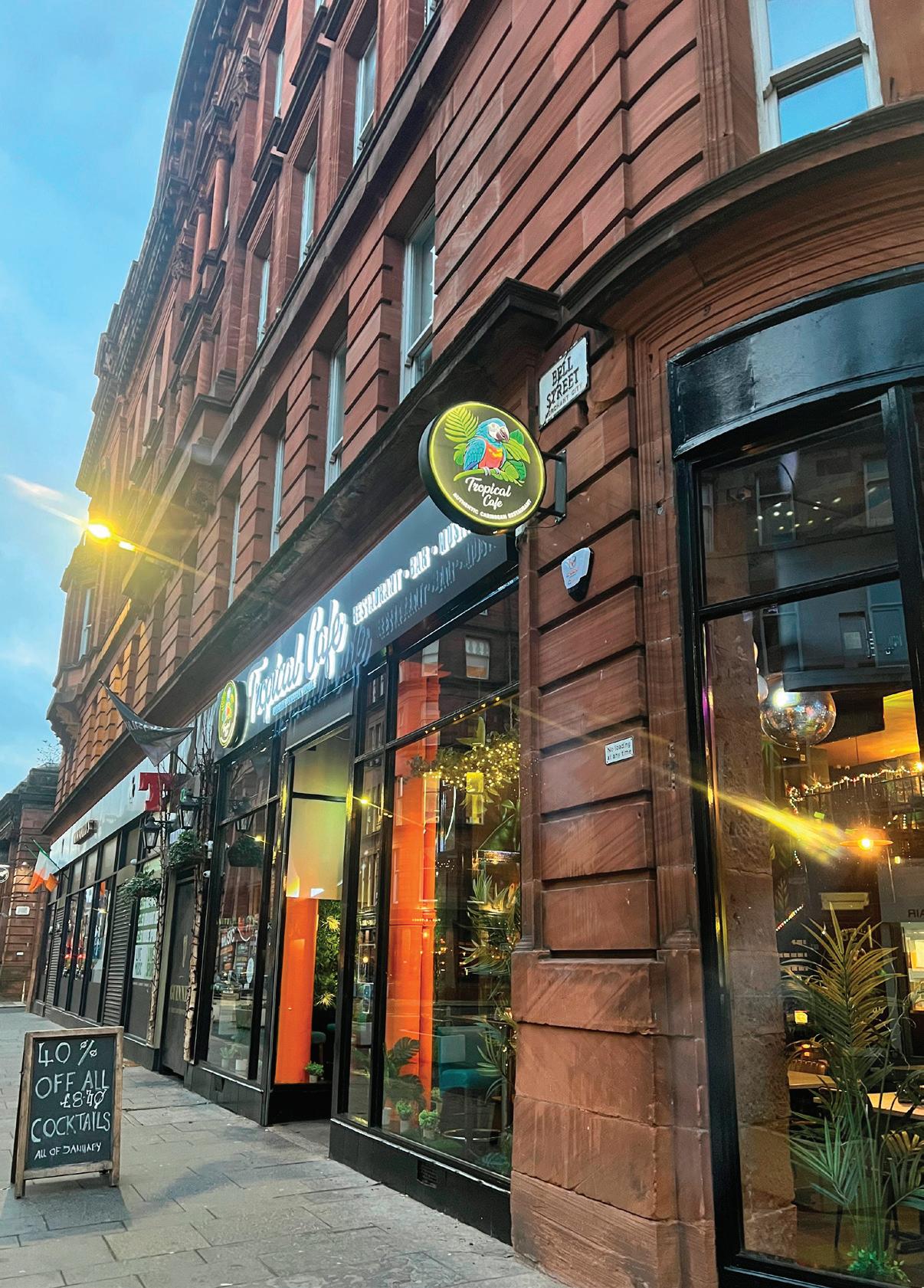
Caribbean dining is rare in a city whose multiculturalism tends to lean east rather than west: a couple of independents (Rum Shack and Bantaba) and a chain (Turtle Bay) is about it. It’s odd, given how many fingers the city had in the transatlantic trade pie; indeed, Tropical Café’s attractive corner spot is in the Merchant City, whose namesakes grew wealthy on enslaved peoples as well as goods like tobacco and sugar.
Stand-out starter is doubles, an addictive Trinidadian dish reminiscent of Indian pooris, with fried flatbread topped with channa (curried chickpeas) and tangy tamarind sauce. Chicken wings are enjoyable, with dunking options including a mild jerk sauce and a hotter Scotch bonnet (named after the resemblance to the tam o’shanter).
Alongside curries, burgers and fish, excellent bone-in chicken headlines. Available quartered or halved (or as boneless thighs), the meat is nicely chargrilled, flecked with crispy edges that give way to delicious juicy insides. Expect messy but not hot: no fiery jerk hit here. Order it solo or with two sides, including the nicely done staple of rice and peas. Sweet potato fries are among the best anywhere, while plantain slices come fried crispy brown outside, lovely gooey yellow inside.
As a new joint, there’s the odd teething issue: service is a little green and the menu is a bit skewey in places, but who’s complaining? It’s a West Indian diner. Watch the drone footage of unimaginably verdant islands, soak up the calypso music and sip a rum cocktail or Red Stripe. All’s good. (Jay Thundercliffe) n 51 Bell Street, Glasgow, tropicalcafe.co.uk; average price for two courses £20.
Dear EADith
Got a food dilemma? Need a killer rec to seal the deal? Or just want the inside track on Glasgow and Edinburgh’s eating and drinking scene? Then why not ask EADith, our Eat & Drink team’s helpful agony aunt. To kick off, she fields an Edinburgh Castle-shaped enquiry
I’ve got friends coming in from out of town and they really want to recreate one of those TikToks where they weep uncontrollably at the beauty of Edinburgh Castle. We’ll need a drink and snacks first. Where should we go?
Dear LivesLovesLaughs
Edinburgh Castle is indeed a thing of beauty, though I agree this newfound trend for weeping on its ramparts for the benefit of 25 followers is troubling and very much clutters the place up. You’ll need some decent fortification. I suggest you head to The Black Grape on the Canongate section of the Royal Mile (fun fact: the Royal Mile is built on oyster shells. That’ll have them sniffing into their chardonnay).
The vibe here is Scandi light-wood, with a split-level space and seriously sweet staff. If you’re pressed for time (those follower counts won’t build themselves) then it’s perfectly acceptable to grab one of the high tables at the bar for a drink and a couple of small plates: get the crispy lasagne croquettes and explore the excellent cocktails. Otherwise, settle in to one of the cosy banquettes upstairs.
Cohesion is the secret of a successful small plates spot; just like your FYP, it’s all got to work together. The Black Grape has this in spades, and the menu’s Mediterranean undertones mean mezze-style sharing works beautifully for even the largest groups (the portions won’t have you calling at The Clamshell for chips later either). Whipped feta with beetroot and honey is light and savoury, the chicken caesar schnitzel is a thing of beauty, and the crispy pork belly thankfully lives up to its billing. On the downside, the toilets are miles away, but hey, that’ll get you in training for your clamber up the castle walls for the inevitable Insta moment, so it’s all good. (As told to Jo Laidlaw) n 24 Canongate, Edinburgh, theblackgrape.co.uk; average price for three small plates £35.


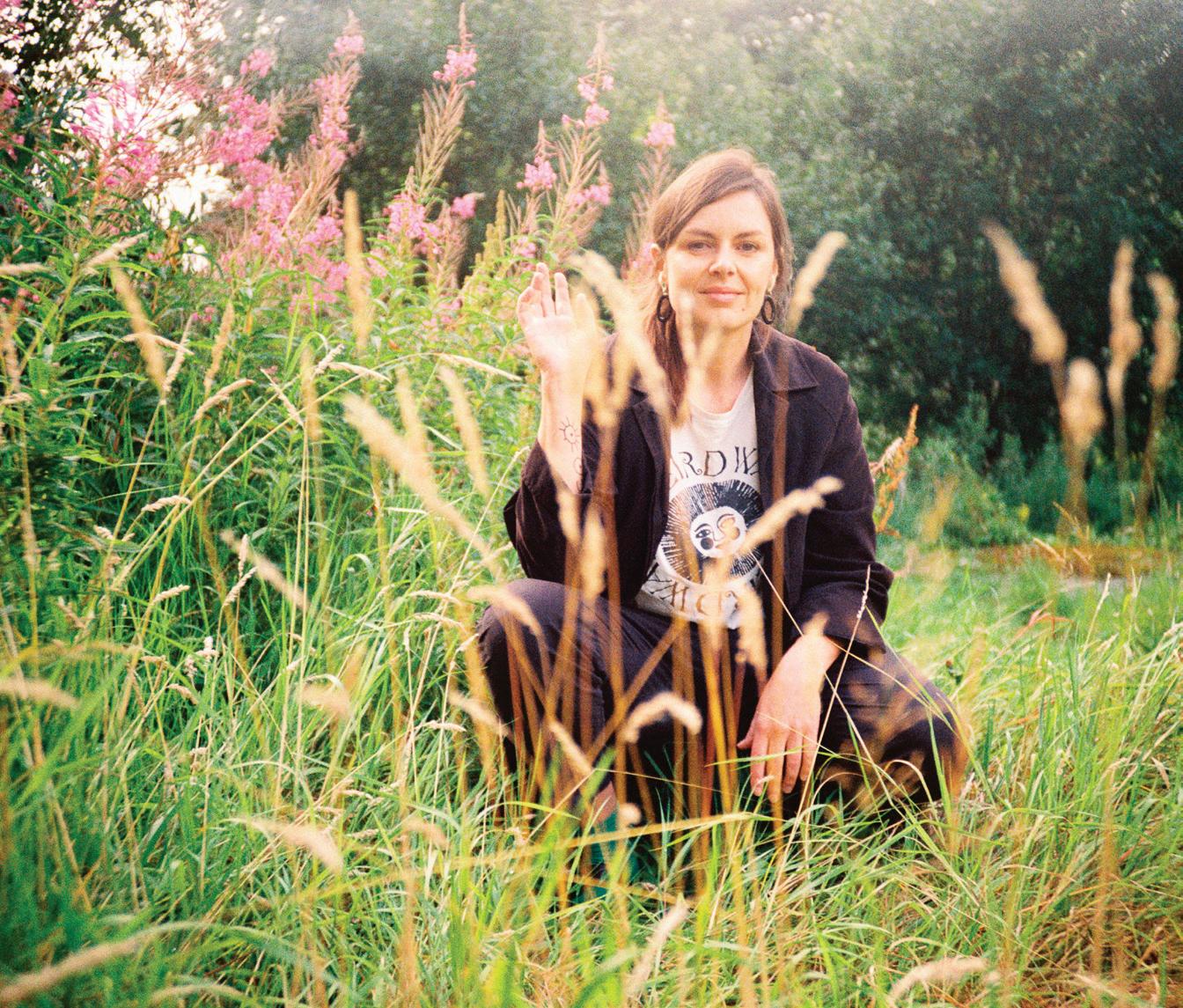
I live in Glasgow and I like a lot of the pubs here for different reasons but if I had to choose one then I’d say The Old Hairdressers in town. I grew up in Chicago, where everything is covered in asphalt, so to me, Renfield Lane feels like walking into a noir fantasy novel or a painting. The interior is very pared-back and unassuming and quiet, so I feel like I can really focus and have a good conversation in there. The beer on tap is nice but also the selection is small, which is ideal because I hate having too many choices. It also has an exhibition/theatre/film space/gig venue upstairs and the programme is thoughtfully curated, so on any given night you’re likely to see or hear something weird and wonderful.
n Jill Lorean plays Sneaky Pete’s, Edinburgh, Thursday 6 February; Tolbooth, Stirling, Friday 7 February; The Glad Café, Glasgow, Sunday 9 February.
















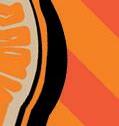

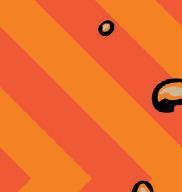








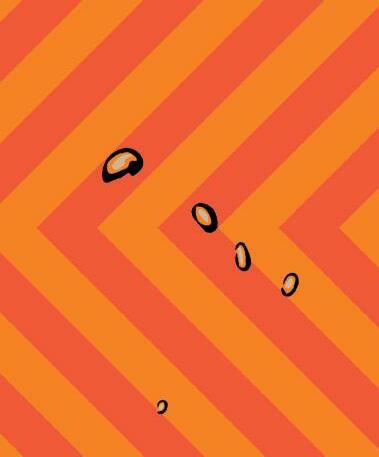



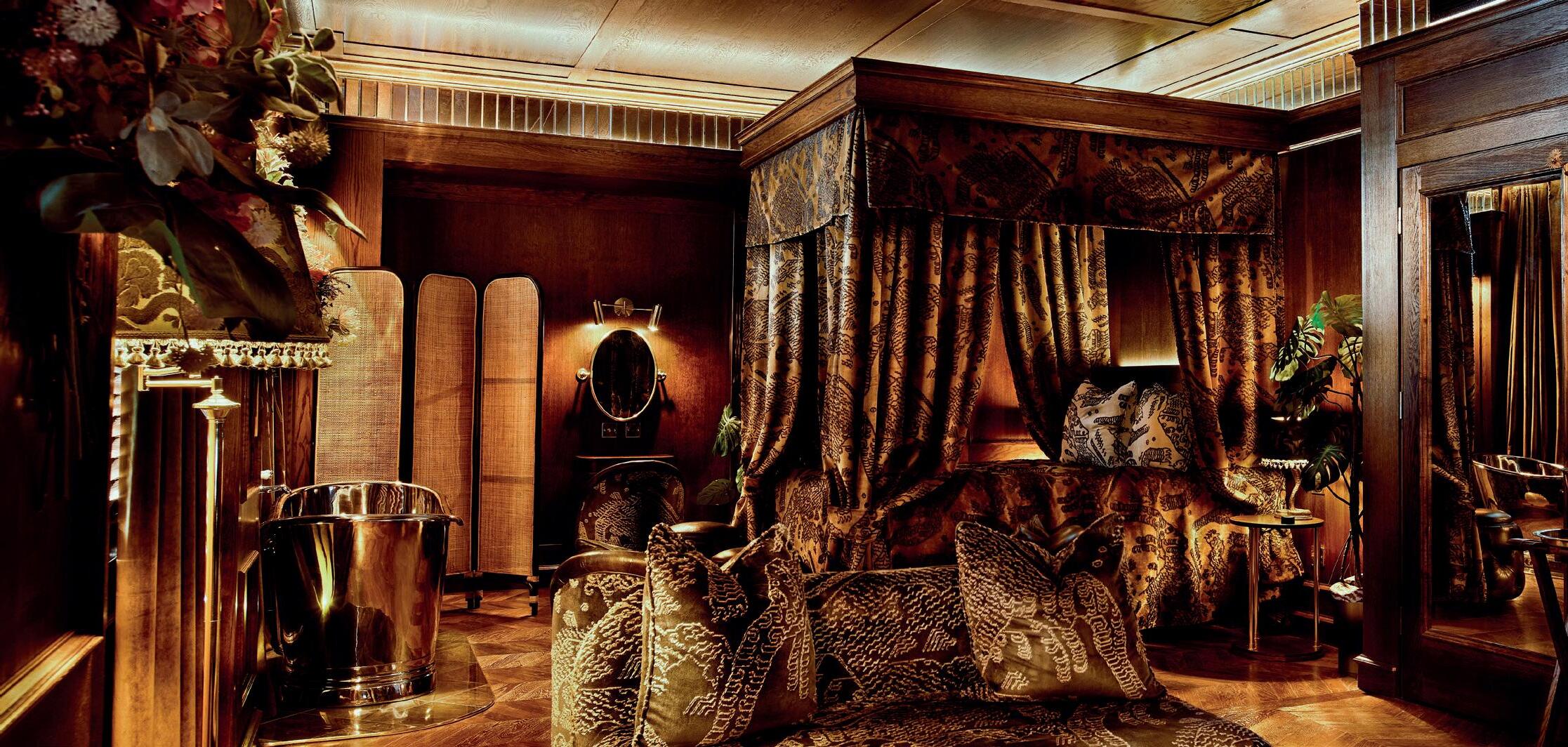





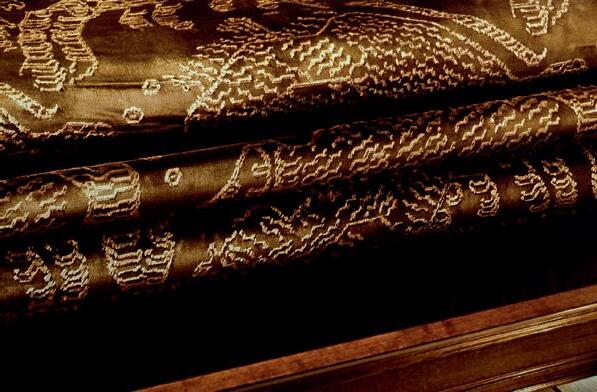


Blink and you could easily miss this hole-in-the-wall film lab on a predominantly residential street in Glasgow’s Southside. Founded in 2019 by two photographers, Gulabi is serving an increased global demand for film photography with their professional and speedy developing and scanning services for both colour and black and white film (they deliver most orders within 24 hours). Visit the bricks-and-mortar store to shop instant film, merch and camera batteries, or simply send off your rolls of film from a selection of drop-off points across Glasgow (Ripe Mags, Paint & Mortar, Good Press, Draw Art Store) and Stills in Edinburgh. (Megan Merino) n 77 Torrisdale Street, Glasgow; gulabi.co.uk, instagram.com/gulabiphoto
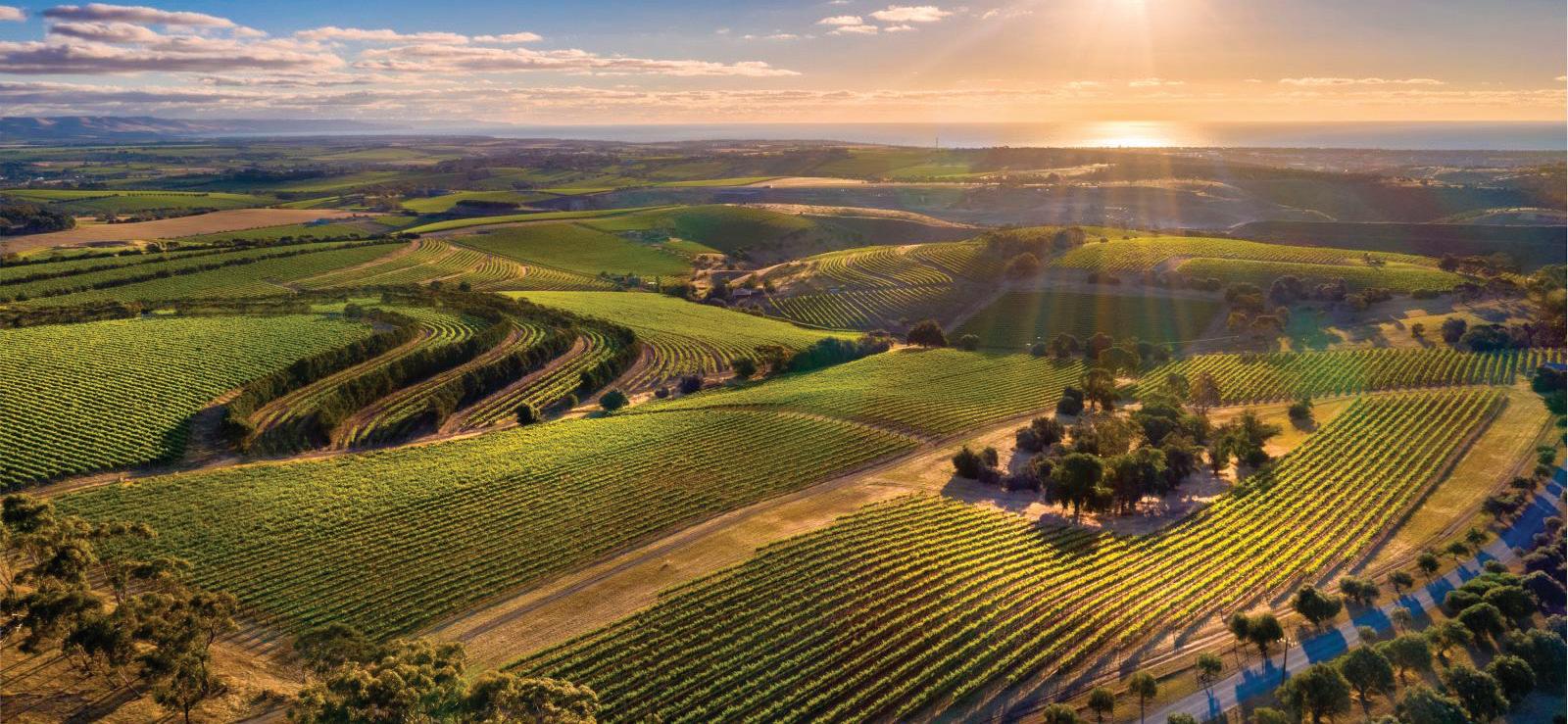
One of the world’s best wine-producing regions is just a hop, skip and jump away from vibrant Adelaide. Jo Laidlaw goes tasting
See any Melbourne or Sydney-based comedian at Adelaide’s Fringe and you’ll hear plenty of jokes about the city itself: too wee, too dull, and what’s with the extra half hour on the time difference?! (I mean, that one’s fair enough). But there’s so much that’s endearing about Adelaide. It’s home to 1.3 million people (hardly a village, lads) and packed with outdoor community pools, cracking city beaches, a vibrant food scene, beautiful parks, worldclass galleries and a fantastic year-round festival programme, including the aforementioned Adelaide Fringe and the equally stellar Adelaide Festival. Heck, it’s even home to Coopers Brewery (mine’s a pale ale).
But one of the biggest draws is the wine, with the poetic list of Clare Valley, Coonawarra, Barossa Valley, Adelaide Hills and, my fave, McLaren Vale, all within easy reach. In fact, the Vale is just a 40-minute drive from the centre of Adelaide and well-served by trains, regular buses and tours.
Here’s the science bit. McLaren Vale is one of the world’s most geologically complex wine regions. That means a lot of scenery for your eyes: greenery abounds thanks to a gentler climate that’s cooled by sea breezes blowing in from beaches so picture-perfect you’ll swear you’ve blundered into an AI simulation. That’s gold in your glass right there, because it makes for a huge variety of wines and wineries. Yet there’s a sense of familiarity too, which is no surprise when you learn these vineyards were originally

planted by European, often Italian, immigrants using ‘old country’ stock like shiraz, cab sav and grenache. Almost every winery is geared up for tourists and tasting. There are tiny, rustic spots such as Samuel’s Gorge, where charming winemaker Justin McNamee may decide to spontaneously show you what hand-pressing looks like, or share his stunning sparkling shiraz (fizzy red? Oh yeah, that’s a thing).
Altogether glossier are brands such as d’Arenberg, home of a Rubik’s Cube-like structure filled with art, cheeky trompe-l’oeil pieces and a huge collection of Dalí sculptures, or Yangarra Estate, a futuristic space with acres of grenache vines. Most places offer some form of sustenance, although Dandelion Vineyards take it to another level: their Wonder Room tasting restaurant matches every sip to a delicious, specially created bite as well as hosting gorgeous picnic afternoons (bottle, basket, blanket, bliss).
Or head to Oliver’s Taranga, home to Corrina Wright who spearheaded the low-intervention movement in the area. Her fiano is fresh, aromatic and crisp, and the home-pressed olive oil is also worth holding space in your case for. Finish up at The Salopian Inn, where they’ve been feeding hungry travellers for over 170 years before heading back to the city for a little lie down.
For info on Adelaide’s festivals and the city’s best food and drink spots, check out The List’s Adelaide Summer Festivals Guide at list.co.uk/adelaide-festival


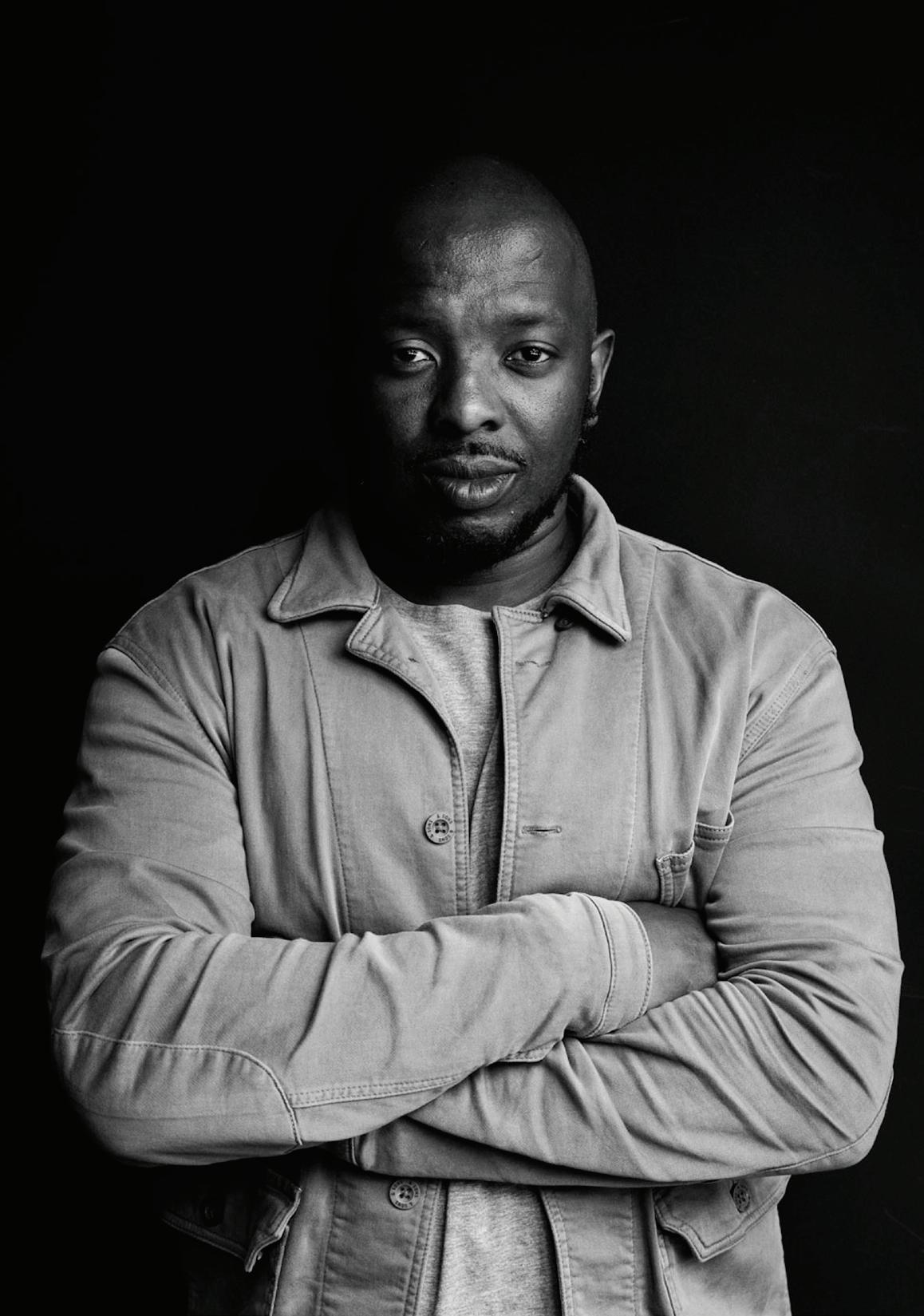
As poet Nick Makoha finds himself torn between two treasured trips with his wife, he shares snippets of magical days in Venice and nostalgic moments in Kenya
Holidays are a mini celebration of life, or examples of how we can spend our lives. I often travel alone for work, arriving in the dead of night or at the crack of dawn to the silhouette of a city, dumping luggage and getting whisked away to a venue to read, perform, run a masterclass or deliver a lecture. So cities like Prague, Helsinki and Lagos have often felt transient, as if I’m observing them through water.
My favourite holiday is a toss-up between two trips. Both feature weather that imitates a hot summer and being with my wife. We become our best selves on holiday as we get to spend more time with each other. The first is our honeymoon to Venice, where the staff treated us like superstars; each moment felt like a scene out of a James Bond movie. Remember when Bond sails the Canal Grande in a yacht in Casino Royale or when he enters Piazza San Marco with his hovercraft, the ‘Bondola’?
Anyway, let me keep Venice between my wife and I, and take you to the time we spent two weeks on the coast of Kenya in Mombasa. The tickets were a surprise so my wife only had days to pack. I wanted to take her to one of the happiest countries of my childhood, maybe because there’s a part of me that wishes I’d known her all my life. She loved it all: the beach, the Masai Mara and the food that she said made her feel like she was home.
Nick Makoha: The New Carthaginians is published by Penguin on Thursday 27 February; he discusses the book at Topping & Company, Edinburgh on Monday 24 February.
Whether it’s to marvel at the architecture or connect to your spirituality, Lucy Ribchester shares three must-visit sacred spaces across the central belt
ST FILLAN’S CHURCH, ABERDOUR
Walking the grounds of Aberdour’s 12th-century St Fillan’s Church feels like stepping into another time. One of the oldest surviving churches in Scotland, its Romanesque arches, plain stone walls and indefinable musty, mossy scent make St Fillan’s a hallowed, peaceful place; a small, quiet tribute to medieval Scottish spirituality.
n stfillanschurch.org.uk
MANSFIELD TRAQUAIR, EDINBURGH
This 19th-century Catholic apostolic church would be unremarkable were it not for its astonishing murals painted by Phoebe Anna Traquair between 1893 and 1901. They cover almost every wall, blending biblical stories with Darwinian depictions of evolution, and giving the church its extravagant moniker of ‘Edinburgh’s Sistine Chapel.’ Deconsecrated now, it is used as a secular venue, but a spiritual feeling endures.
n mansfieldtraquair.co.uk
ST PETER’S SEMINARY, CARDROSS
The brutalist sprawl of St Peter’s Seminary rises up in startling contrast to the Cardross woodlands that surround it. Built in the 1960s as a training college for Catholic priests, it has been abandoned since 1987, being gradually reclaimed by nature and graffiti. Its architectural significance is world famous, and the grounds have, in recent years, taken on a new lease of life as a sacred space for art and intellectual debate.
n undiscoveredscotland.co.uk/cardross/stpeters
Mansfield Traquair

Leith Walk locals are spoiled for great bookshops. Megan Merino catches up with Tee Hodges, the mind behind vibrant community hub Typewronger
Originating as a pop-up inside the police box down Leith Walk, Typewronger has grown into one of Edinburgh’s most beloved independent booksellers. The store was founded by Tee Hodges who, after stints at Heywood Hill bookshop in London, and Shakespeare And Company in Paris, returned to Scotland in 2017 to launch their own place, naming it after a blogpost they’d written about a passion project of fixing old typewriters. The shop moved into a more permanent space next door to McNaughtan’s Bookshop on Haddington Place (where it remains to this day) and Hodges combined their love of literature and typewriters by selling both instore. While the typewriter side of the business is no longer, Hodges’ own personal collection still lines the shelves. ‘They’re here to look beautiful and for me to explain the history of typewriters and typography to people. And for people to use our public Royal 10.’
Alongside an expertly curated selection of fiction, non-fiction, poetry (‘definitely the best in town,’ Hodges insists), zines and one-off publications, Typewronger also spearheads its own printing and publishing arm from a studio in St Margaret’s House. ‘A lot of the stuff you’ll see in the zine section would have been printed by us,’ explains Hodges. ‘The studio is also where our writersin-residence are; we support two every six months.’ The first such residence was taken up by poet Iona Lee: ‘we have her zine available for sale in the shop,’ Hodges states proudly.
Unique instore events include a longstanding monthly open-mic night (the next one occurs on Sunday 23 February). ‘We’ve had people do eco-warrior poetry and magic tricks; someone was on a unicycle. We’ve had acrobats, comedians, musicians, all sorts. Everyone’s welcome. There’s a bell and a gong, and it’s really good fun. It’s where most people would start their journey.’
4a Haddington Place, Edinburgh; typewronger.com, instagram.com/ typewronger
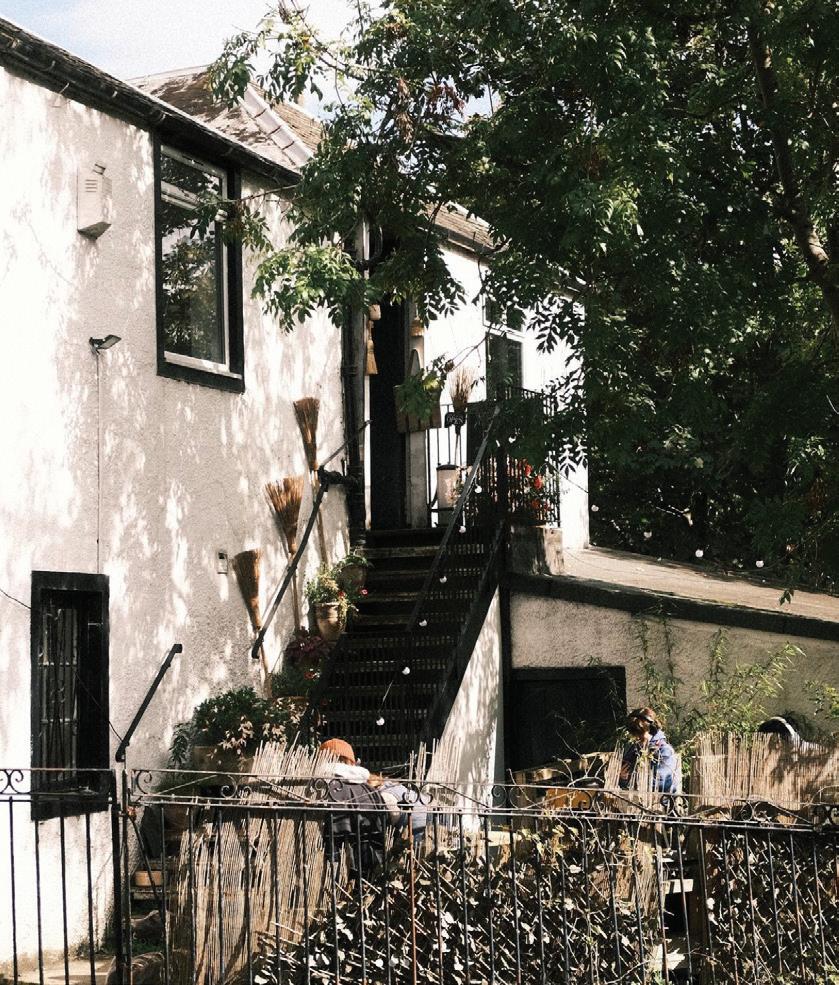
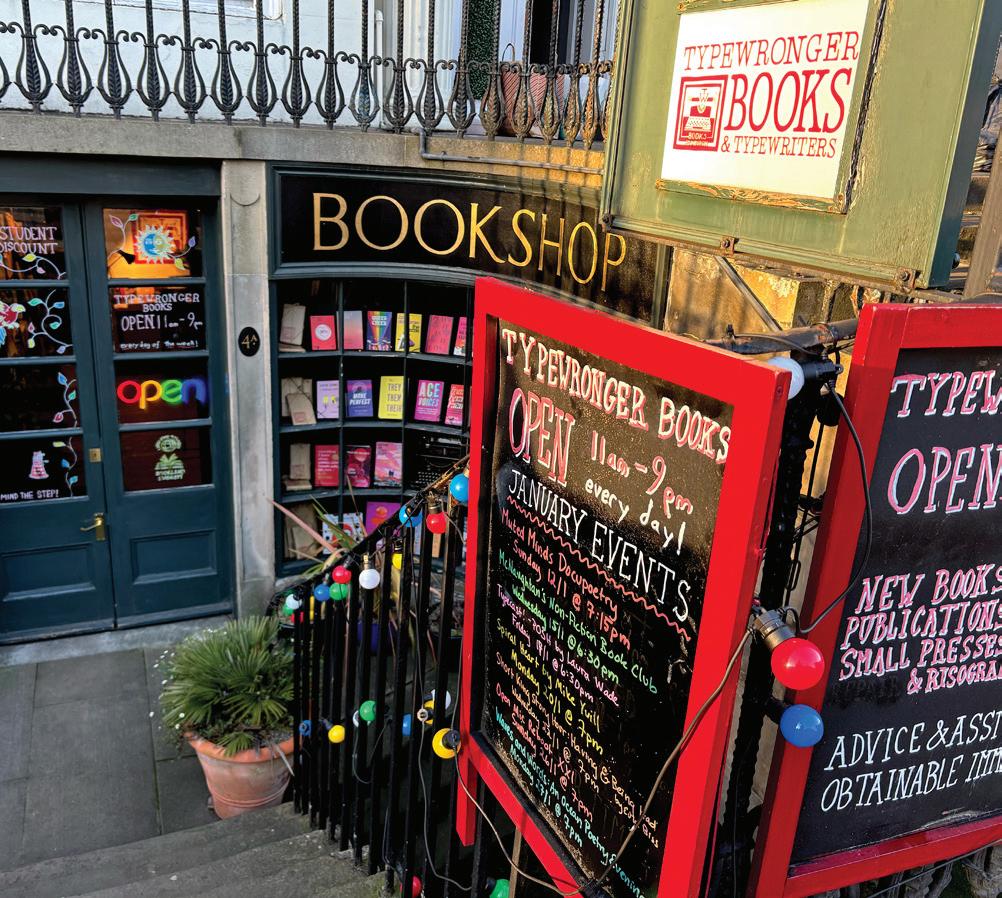
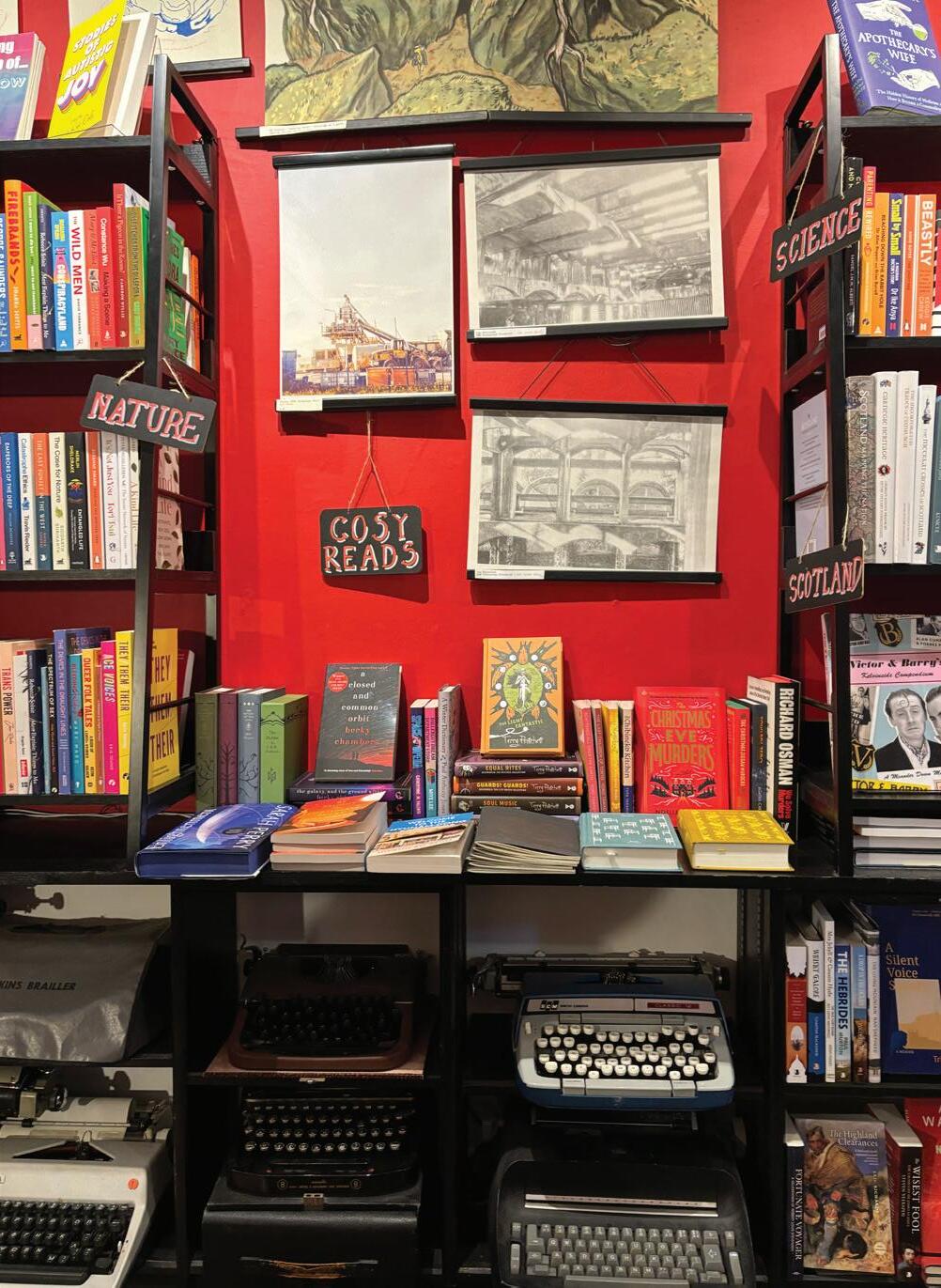
MEWS ARCADE
Tucked away down Ruthven Lane, free of a website or social media presence, is an antique-lover’s dream. Ruthven Mews Arcade houses a host of antique dealers, many with different specialities like mid-century modern and vintage clothing. You never know what you’ll find rummaging through this treasure trove, whether it’s statement furniture or adorable retro knickknacks.
n 57 Ruthven Lane, Glasgow.
LEITH WALK POLICE BOX
This converted police box wasn’t just the first home of Typewronger Books, it acts as a pop-up space for all manner of exciting sellers, flogging everything from handmade jewellery to one-of-a-kind art. No two days are ever the same, which makes a
Our independent-shop column returns, this time with Isy Santini shedding light on retailers taking up space in unlikely locations
stroll down Leith Walk (between McDonald Road and Shrubhill Walk) nothing less than a delightful surprise every single time.
n Leith Walk, Edinburgh; leithwalkpolicebox.com, instagram.com/leithwalk_popups
KELVIN ROOMS
Easily missed, this lifestyle shop is located above Perch & Rest Coffee on Otago Street. With their commitment to sustainable products, Kelvin Rooms is the perfect place to find ethical homeware, clothing and gifts. They feature local makers and artists, and they also double as an event space, so why not catch some candlelit yoga on your next shop.
n 1st Floor, 39a Otago Street, Glasgow; kelvinapothecary.com, instagram.com/kelvinrooms



Everyone from The Alexander Brothers to Iona Fyfe have sung about ‘the northern lights of old Aberdeen’, but the contemporary Granite City is set to be flooded by illuminations even more daring and dramatic. Scotland’s Festival Of Light once again brightens up a naturally dreary month with the likes of an experimental audio-visual installation from Lucid Creates, a massive slinky by Studio Vertigo, and Double Take’s stunning transformation of the St Nicholas Kirk clock tower. (Brian Donaldson) n Various venues, Aberdeen, Thursday 6–Sunday 9 February.













Some say two heads are better than one. This certainly seems to have been the case for Anton Bruckner. In a new Scottish Chamber Orchestra work, Jay Capperauld explores the Austrian composer’s disturbing obsessions and examines what led to a dark fascination. Carol Main bravely delves into this macabre tale





Birdsong, moonlight, planets, poetry, great art: all seem fair enough as inspiration for composers writing new music. But human skulls? Somewhat less so. Especially when they’re not just any old skulls, but those that belonged to Beethoven and Schubert. Composer Jay Capperauld has turned to this curious inspiration for Bruckner’s Skull, his latest piece with the Scottish Chamber Orchestra.
The work is rooted in Anton Bruckner cradling and kissing the skulls of these two icons when their bodies were exhumed in 1888 before being moved to a final resting place in Vienna’s Central Cemetery. Bruckner was obsessed with death. Capperauld’s piece is written as a death-mask homage to the highly unusual Austrian composer, a devout Catholic known mainly for his nine symphonies. ‘The focus is on delving into Bruckner’s mind through the lens of his morbid fixation,’ says Capperauld. ‘I’m interested in why he was driven to what was socially unacceptable, immoral, and potentially criminal behaviour. The piece is a psychological and musical exploration of his character.’
Suffering what would now likely be termed OCD, Bruckner was a constant counter, his arithmomania surfacing in totting up how many bricks were in a wall or windows in a building and the number of bars in his own scores, constantly revising them time after time. ‘He had lots of eccentric quirks and fixations, and there are lots of anecdotal stories about him,’ says Capperauld. ‘The only picture he had of his own mother was from after she had died. He also requested that the body of his cousin be exhumed so that he could see it.’ That request was turned down, but his obsession with death took him to funeral parlours where he viewed the corpses of complete strangers; he apparently left a part of himself with Beethoven when he lent over his coffin, allowing a lens from his pince-nez to fall into it.







‘The piece is about trying to understand Bruckner from a modern perspective but in a musical way that humanises his behaviour,’ continues Capperauld. There are overt and hidden references to both Beethoven and Schubert in the new work, including Beethoven’s Piano Sonata No 14, Moonlight Sonata, and Schubert’s String Quartet No 14 known as Death And The Maiden. ‘I’m trying to explore all the connections between these composers. One is that Schubert also had an obsession with death. Another is that he requested to hear Beethoven’s String Quartet No 14 on his deathbed. This piece is almost as much about Schubert and Beethoven as it is about Bruckner, and using their music signifies their presence. It’s basically me metaphorically cradling Bruckner’s skull in the way that he did with Beethoven and Schubert.’
Through quotations, Capperauld envisions the music as if Bruckner is seeing it through his obsessive character traits, like ‘putting it through a washing machine.’ Straight quotes are looped and augmented or elongated and slowed right down so that it’s hard to recognise the original. Repeated musical refrains are almost meditative, with ritualistic patterns growing from the sort of hyper-romanticism associated with Bruckner. ‘It makes it very unsettling,’ says Capperauld, ‘with a sense of macabre nostalgia in the ghostly, decaying sounds.’ Death and existentialism are recurring themes in his own music. ‘If I wasn’t a composer, I’d love to have been a psychoanalyst.’
Bruckner’s Skull, Queen’s Hall, Edinburgh, Thursday 20 February; City Halls, Glasgow, Friday 21 February.



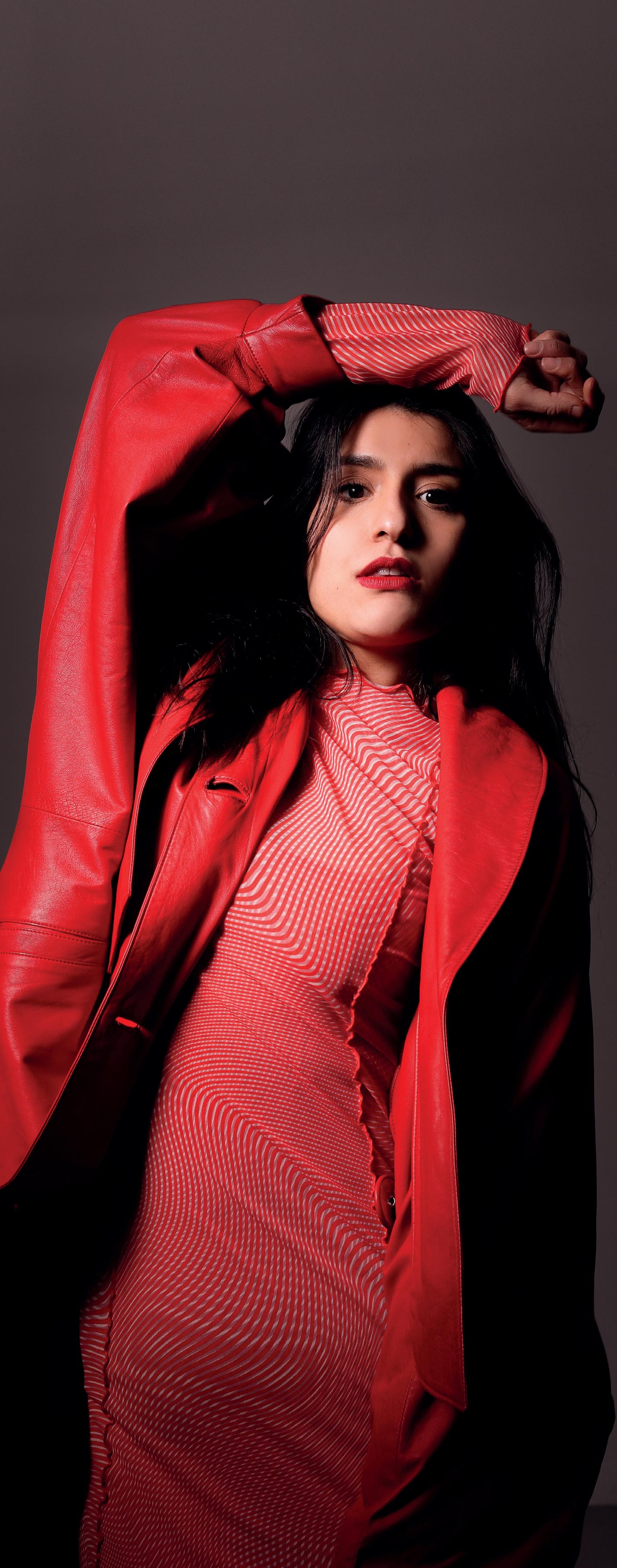
Celya AB pulls no punches in her latest show. A hit at last year’s Fringe, the Paris-born, Londonbased comedian is bringing Of All People back to Scotland for an encore. She tells Kelly Apter about having a bilingual brain and finding her own voice
Of All People doesn’t shy away from personal trauma, such as your relationship with your mother and suicidal ideation. Yet there’s never a time watching you that we feel uncomfortable or that you need rescuing. How did you strike that balance? It was really important for me that the show is anchored in the present, although it covers stuff from the past; so people know I’m safe in the present without me sugarcoating how bad things have been in the past. I feel like I have a duty of care for audiences because it’s not fun to sit and worry about a performer. Sometimes it can be beautifully done if it’s theatrical, but the main thing with this show is that I really worked on finding the right amount of tension and release for the audience. And I think you can only get that if you’re covering stuff that you have recovered from. So yes, it was definitely intentional to make sure everyone was quite comfortable, but at points you could be uncomfortable and then I bring you back to comfort and safety.
You’re a native French speaker, and speak Algerian as well as English. Given how important the structure and rhythm of a sentence is in comedy, what’s it like to write and perform with three different languages in your head? I don’t perform in French as much as I’d like to, but it’s something I want to do in the future, so I’m giving myself space to get good at it because rhythm is very important for me. I almost think of it like music; every section has a rhythm and I want to get that satisfying rhythm just right. I do feel people react differently if it’s out by just a millisecond, or a change in tone or the voice going up or down in a different way. If you see me try a joke for the first time, and then it’s part of a later show, I will have worked out the rhythm to get the biggest release. Sometimes I’ll go into the sing-song way that the English speak, which has a wave to it, whereas French tends to be quite monotone. And I think that being able to use both makes for an interesting delivery. But when I speak French, it’s very straight to the point.
You’ve lived in the UK since 2014. Which is the most dominant language for you now? I always write in English because it’s the main thing in my brain now. But the bilingual brain has different memories attached to different words. So if I’m writing a bit and it feels too clinical, and that there’s not enough of me in it, I’ll try and think of it in French instead and see what comes out. So there are a lot of steps to writing for me.
One of the many funny elements in Of All People is the way you calculate how much each joke is worth. It’s delivered in a light way, but doesn’t it also make an important point about how much a performer puts into a show versus how much they’re paid? That’s something I really care about because there’s a lot of honesty in this show and a lot of rawness. And it was quite by accident that I realised each joke is worth 16p based on the ticket price, which made me laugh a lot. You spend about a year writing a show, and I think
tickets are already too expensive for people; when you compare it to the amount of work, I think it’s just a bad deal for both the comedian and the audience member. But by talking at the start of a show about the cost of the ticket, and the fact that it’s a contract between the audience and me, it allows me to say ‘remember, this is theatre. The kind of raw honesty I give you is something I’ve measured; it’s still a performance and I owe you something, so here’s the show.ʼ
You write for TV and radio as well as your own stand-up. How different is it for you to craft words that will come out of somebody else’s mouth? It’s so fun to write for someone else as it allows you to play around with topics you wouldn’t normally cover. I’ve been writing for other people for as long as I’ve been doing stand-up, and at first I struggled to find my authentic voice. I would just think that’s a good joke, it’s not really my voice but I’m going to write it and say it anyway. And one of the things I’ve done for Of All People is try and write for myself, to really find my voice and work on the authenticity.
Celya AB performs Of All People at The Stand, Glasgow, Wednesday 12 February; Monkey Barrel, Edinburgh, Thursday 13 February.














Seachdain na Gàidhlig returns across the world this February, but in Edinburgh (the city that gave rise to this annual festival of Gaelic culture), poet-academic Robbie MacLeòid will uncover some of the most marginalised voices within a minoritised literature. Leading a creative writing workshop at the National Library Of Scotland, MacLeòid is adamant that ‘there has always been queer Gaelic writing’.
The session will be a valuable reminder, to LGBTQ folk and allies alike, that the Gaels are among them too. ‘There is much common ground: questions of legal status and recognition; scarcity of funding; economic impacts such as the closure of community spaces,’ says MacLeòid. The event is as much about reclaiming space as it is about being heard. ‘Often, I think the biggest barrier in queer Gaelic arts is just unintentional ignorance: “oh, I didn’t know Gaelic had that.” The queer history of Scotland is incomplete if Gaelic is not part of it and solidarity in queer Scotland is undermined if Gaelic queerness is left out of the conversation.’
Participants at the workshop will encounter key voices in LGBTQ Gaelic literature, using texts and contexts to facilitate their own creativity. The session is open to everyone, says MacLeòid. ‘Gaelic speakers and learners are very welcome, but so too are enthusiasts just wanting to know about the topic, whether from an interest in Gaelic or in queerness.’
(Marcas Mac an Tuairneir)
National Library Of Scotland, Edinburgh, Wednesday 26 February.



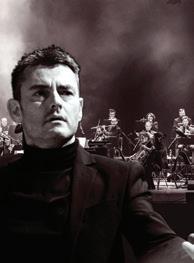


















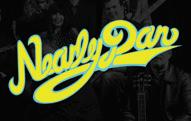





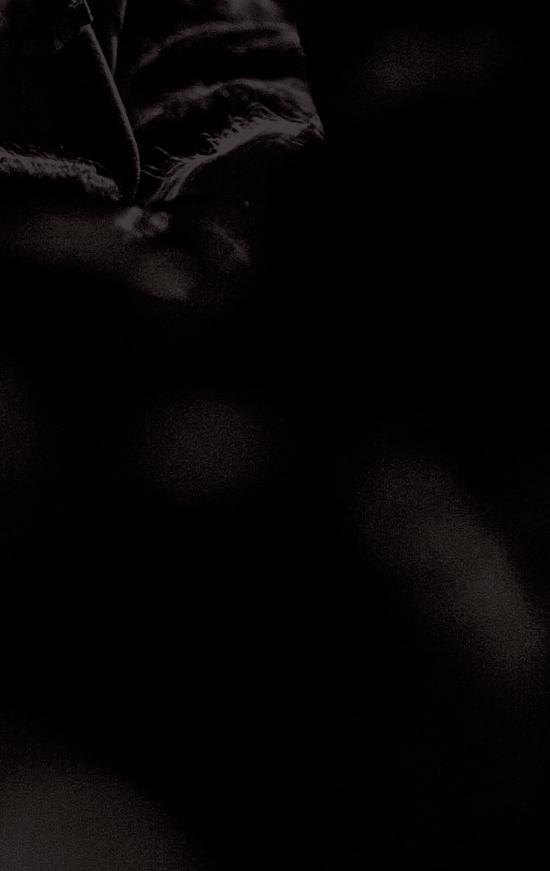



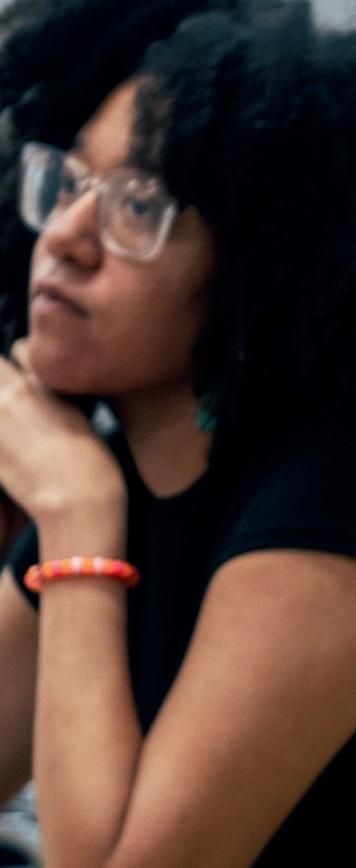
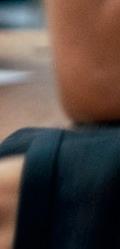


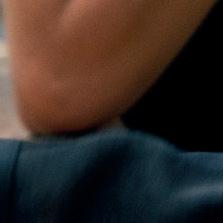

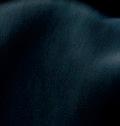
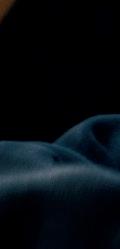

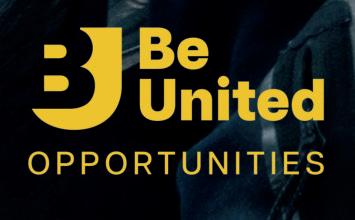
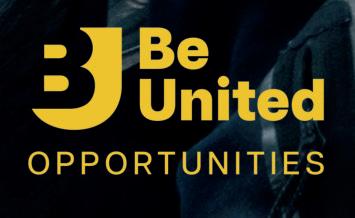

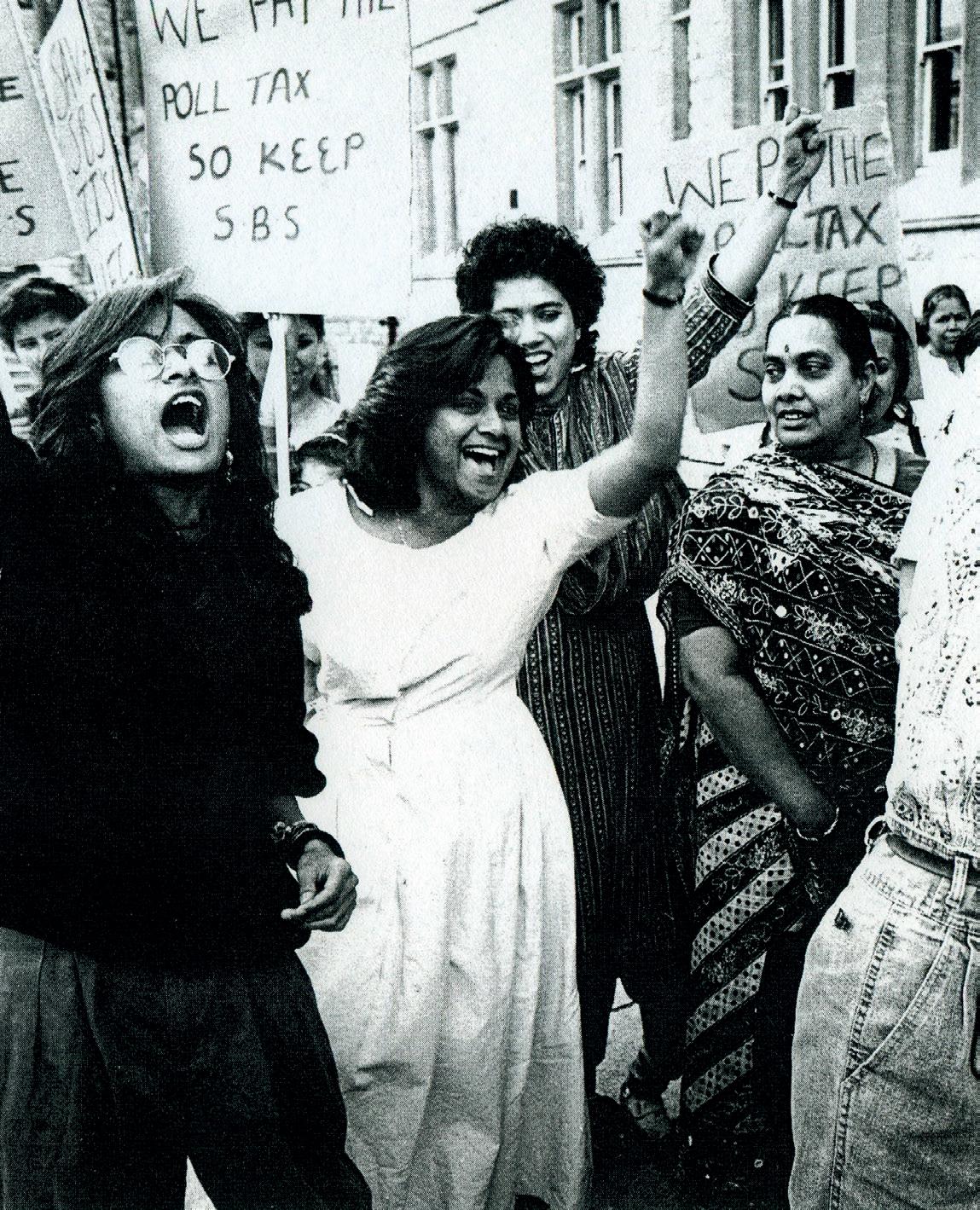
Swedish artist and filmmaker Petra Bauer has created an immersive space in the Fruitmarket for the first major exhibition of Sisters!, her 2011 interdisciplinary artwork celebrating community activism. ‘I have always been interested in the everyday struggles taking place within the home and the office, and between each other,’ says Bauer. ‘Film and art have mainly been my methods for engaging with it. This film is made in such close collaboration with Southall Black Sisters that it’s almost inseparable.’
A London-based feminist organisation founded in 1979, Southall Black Sisters advocate and support minority women. As Bauer learned more about what they did, it informed her ideas of multifaceted resistance. ‘What struck me was the way they connected the work. They have straightforward casework, counselling and legal advice, alongside theory and policy. I had never seen an organisation with such a developed methodology. But crucially, for them, was also the idea of solidarity. It was before the term was coined, but their intersectional approach allowed for a beautiful collaboration.’
As Bauer describes her observation of a community-focused organisation as an outsider, it raises the question of allyship. ‘For me, there must be a very clear invitation from the community so that we find the friendship, creating a temporary form of collective. But could this film be made again today? I’m unsure. The world has really shifted. We realise that we must find a way to create mutual exchange.’











Despite how easily it would be to look at current culture and see a lack of progress, Bauer believes there’s an opportunity to revitalise advocacy. ‘I do still believe in everyday defiance. Like dancing, joy and the role of laughter. If I were to make this film today that would be an important aspect of it.’ So, while Sisters! is a glimpse of the past, it’s also a snapshot of reciprocity, encouraging us to embrace fresh and dynamic forms of social activism. (Rachel Morrell) n Fruitmarket, Edinburgh, Saturday 22 February–Sunday 23 March.
My comedy heroes when I was little were mostly very silly British people: I grew up on 1066 And All That. We’d listen to The Goon Show in the car on the way to the Buddhist meditation centre my parents helped build. Eventually there was Monty Python and Blackadder. And I adored Margaret Dumont with The Marx Brothers: the line she walked between silliness and seriousness delights me still, and thinking about it now, definitely planted seeds in my vibe.
Then there’s Fry & Laurie. I used to say if I could have a career anything like Stephen Fry’s I’d be pretty happy because he gets to do serious projects and also still be allowed to be silly. Nowadays my heroes are people like Jackie Kashian, Gary Gulman and Maria Bamford in the US, John-Luke Roberts, Laura Davis and Daniel Kitson in the UK. And Andy Zaltzman, Felicity Ward and Chris Addison for doing lots of different things while remaining essentially themselves. Basically, I have all the time in the world for anyone who is doing Their Own Thing very hard. I’m fundamentally wary of putting someone on a hero pedestal, though. I’ve known people who get worshipped and I don’t think it’s healthy. I like the idea that we can enjoy someone’s best work, without thinking that’s their best self (it would be sad if your best self was in your work) or thinking there are no other worse selves in the cupboard. We’ve all got some stale pasta back there. n Alice Fraser: A Passion For Passion, Monkey Barrel, Edinburgh, Friday 14 February.

Tickets on sale now
26 Feb – 9 Mar 2025


With a title like I’m Still Here, you might think that Walter Salles is talking about himself. The Brazilian director of Central Station and Che Guevara drama The Motorcycle Diaries hasn’t made a feature film since 2012’s On The Road, his celebrated adaptation of the classic Jack Kerouac Beat Generation novel. And since then? There’s been a documentary series about Brazilian football legend Socrates and a study of Chinese filmmaker Jia Zhang-ke, but otherwise he’s been quiet.
Salles blames Brazil’s turbulent political landscape over the past few years, with the rise to power of the nation’s former president, right-wing nationalist Jair Bolsonaro. ‘The country was changing so rapidly,’ says Salles, when we meet in London. ‘I started three or four screenplays. But somehow, when I got to the end of those screenplays, the reality they were depicting somehow didn’t reflect the whole picture anymore. The country, the national identity, was in flux and changing at a velocity I couldn’t fathom.’ Eventually, he settled on a story so personal yet so political that he simply couldn’t put it down. Adapted from 2015 memoir Ainda Estou Aqui (I’m Still Here), it concerns the Paiva family, in particular the fearsome matriarch Eunice (played by Fernanda Torres). She goes searching for her husband, the political dissident Rubens Paiva (Selton Mello), after he is ‘disappeared’ by the authorities during the 1970s when Brazil was ruled by a military dictatorship. Winner of the Best Screenplay award at the Venice Film Festival last year, it’s a poignant, powerful work.
What makes this film so special for Salles is that he was acquainted with the Paivas. ‘Very early on I knew I wanted to tell this story because it somehow was engraved in my memory, because of the personal relationship I had with the family.’ The son of a diplomat, Salles met the Paivas when he was 13, after his family moved back from Paris during another period of great change. ‘I came back to Brazil after five years living abroad. I didn’t recognise my own country. It was so different from the one I had left because it was now under military dictatorship.’
The film also reunited him with two beloved actors: Salles worked with Torres, who plays Eunice, in 1995’s Foreign Land. Torres’ mother Fernanda Montenegro also features as Eunice in her later years; Montenegro famously starred in Salles’ Central Station, playing a woman who writes letters for illiterate customers, a role that led to her becoming the only Brazilian nominated for a Best Actress Oscar.
‘She truly elevated Central Station,’ insists Salles. ‘Fernanda Montenegro made us be better than we thought we could be, so to have her and her daughter in the same film playing the same character gave the impression that somehow different films I had done in the past were merging into one. And interestingly, it wasn’t a road movie anymore. I’ve done many road movies, and I think that the journey now was within. It was an interior journey. And a journey in time as well. The journey in The Motorcycle Diaries covers 12,000 miles, but the journey in I’m Still Here covers 40 years of that family’s life.’
Salles also seems delighted by the casting of Selton Mello as Rubens. ‘That character had to have such a strong presence in those first 30 minutes that somehow when he’s taken away, his absence would have to echo throughout the rest of the film. And I always thought that Selton was one of those charismatic actors. This is a film about family, done by a film family. Fernanda Montenegro and Fernanda Torres are at the heart of my film family, and now it’s been enlarged by Selton.’
I’m Still Here is in cinemas from Friday 21 February.
Political upheaval in his native Brazil has proved both a barrier and motivating force for director Walter Salles. He talks to James Mottram about the terrible impact of Bolsonaro and how a very personal story from his country’s past inspired this latest movie











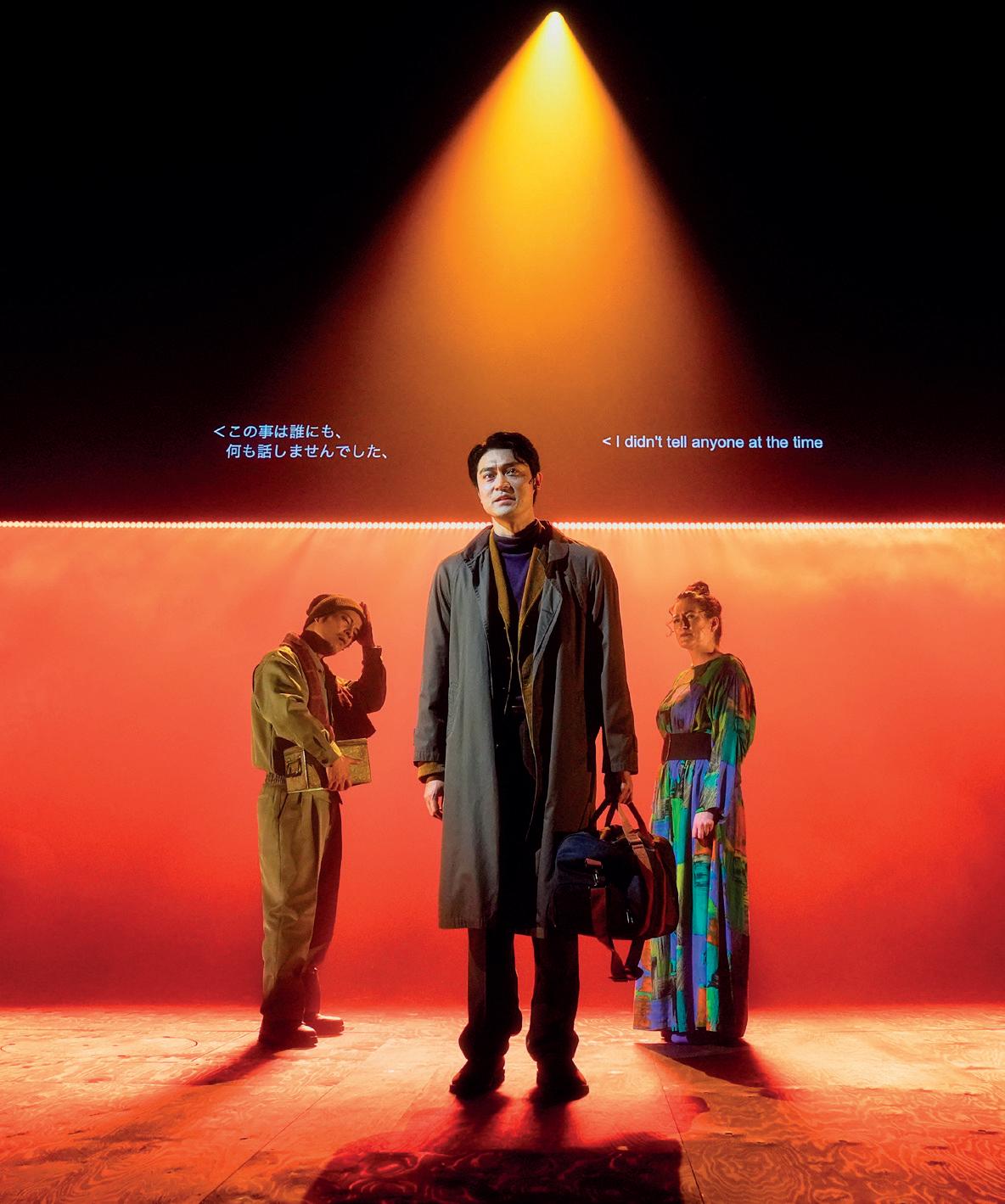
To describe Vanishing Point as a Glasgow theatre company is both true and misleading. True, because artistic director Matthew Lenton and his collaborators base themselves a short walk from Central Station. Misleading, because they never do a show in isolation. There is always outside artistic input. This is the company that was working with Italian actors on The Metamorphosis just as reports came in of a mystery virus in Rome and Milan. With its opening cancelled in a locked-down Cesena, the show premiered in Scotland only to be halted by the pandemic.
No surprise, then, to find Lenton turning to Japan. He is not only devising a bilingual show based on short stories by Haruki Murakami, but also working with four Japanese actors alongside company regulars from Scotland. Taking its name from a short story in First Person Singular, the author’s 2020 collection, Confessions Of A Shinagawa Monkey has become what Lenton describes as a ‘thrilling whodunnit set among the mysterious mountains of Japan and subterranean tunnels of Tokyo.’
The meeting of cultures benefits everyone. ‘Their work mentality and stamina is extraordinary,’ says Lenton of the Japanese actors. What has he learned from them in return? ‘That maybe we should all think a bit more before we speak,’ says the director who, true to form, is in Milan for the premiere of another Vanishing Point show, Darwin, Nevada, which is heading our way in 2026. And what have they learned from him? ‘You’d have to ask them, but that perhaps they don’t need to think so much before they speak . . . ’
Either way, the Confessions Of A Shinagawa Monkey premiere was a sell-out success on its debut at Yokohama’s Kanagawa Arts Theatre in November. ‘The responses were lovely,’ says Lenton. ‘Yoko Murakami [the author’s wife] came to see it and said it should transfer to big theatres in Tokyo. So we must have done something right.’ (Mark Fisher)
n Tramway, Glasgow, Saturday 22 February–Saturday 1 March; Dundee Rep, Thursday 6–Saturday 8 March.
Funerals may be the less glamorous cousin of weddings, but unlike entering matrimony, all of us know that at some point we are definitely going to make a permanent exit. Solène Weinachter was moved to explore the topic after a surreal incident at an uncle’s funeral in her native France. Her family hadn’t prepared any ‘entertainment’ for the occasion, so as the clan’s performing artist, Weinachter found herself giving a spontaneous rendition of ‘My Way’ to a panpipe soundtrack at a dismal crematorium.
After that, she became anxious about the preparations for her own send-off and set about using her trademark wit and ingenuity to begin developing the piece that became After All. A solo show blending dance and theatre, it oscillates between speech and movement in its imagined planning of Weinachter’s funeral, with one medium stepping in as and when the other loses its power to communicate.
The work premiered at 2023’s Edinburgh Fringe to great acclaim and has since been produced across the UK as well as touring in Germany, France and China, and is now being revived at Dundee Rep. However, unlike funerals, Weinachter has been able to modify the show in between its 30-plus performances, allowing it to evolve and grow. ‘I changed the music, the jokes and the rhythm of the show,’ says Weinachter. ‘So, the After All that will be performed in Dundee is the same show in one way, and in another it has grown up or matured. Like a good wine . . . I’m French, after all!’ (Lucy Ribchester)
n Dundee Rep, Wednesday 12 February.

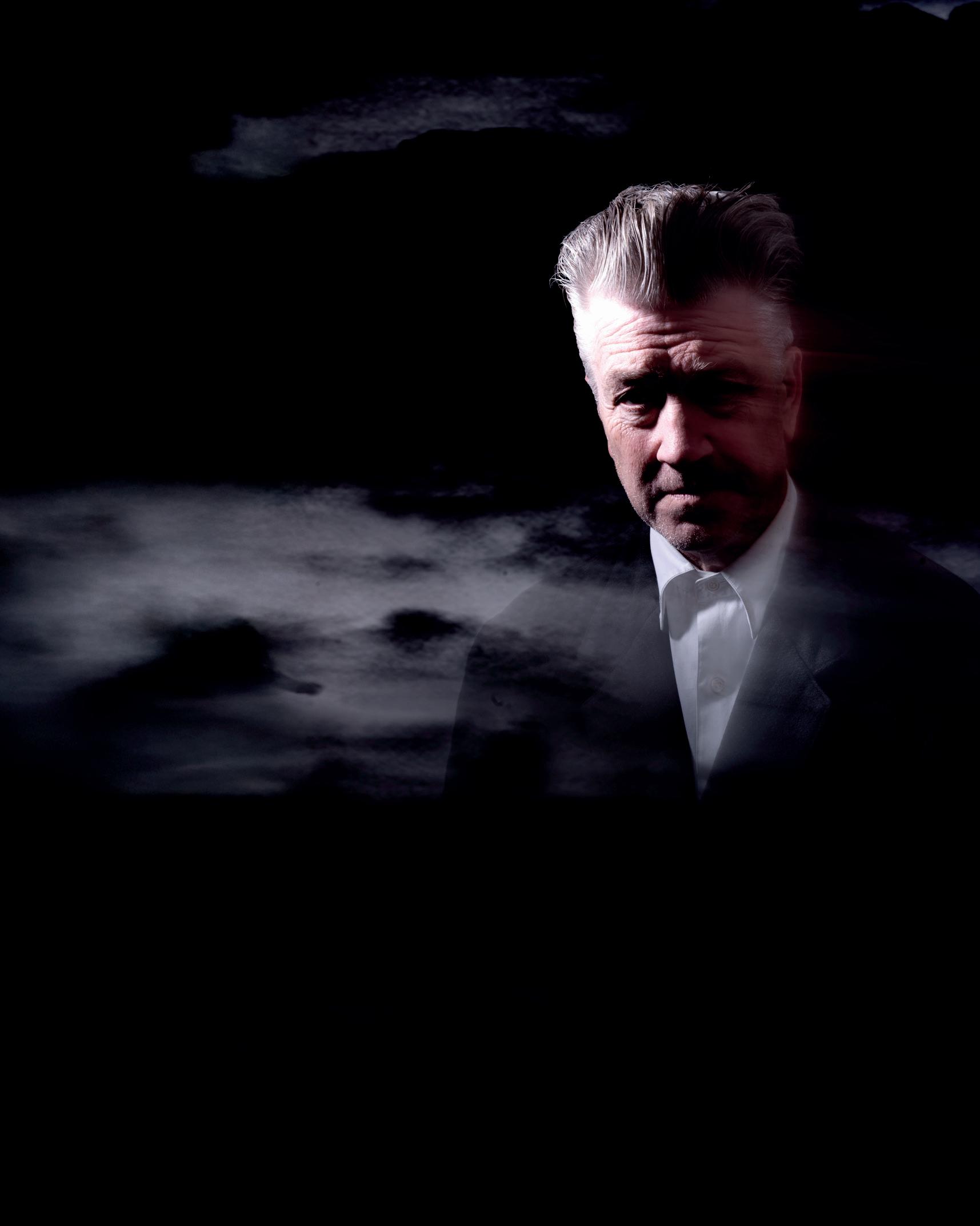


He made all of our worlds
Surrealist filmmaker and a master of duality, David Lynch has left those who knew him and others who simply adored the work mourning his loss. Murray Robertson reflects on a gentle man and a seismic career
Artist, musician, actor and filmmaker David Lynch died on 15 January, just five days short of his 79th birthday. His untimely death unleashed a torrent of love for the man, who was adored for his inimitable art, unique working relationships and an unfailingly cheery disposition. Arguably the most influential filmmaker of the past 50 years, Lynch was fascinated by the juxtaposition of light and dark, good and evil, the mundane and the macabre. While he tackled a number of genres (mystery, horror, science fiction and more), his work was infused with a style that was utterly unique, one that writer David Foster Wallace coined ‘Lynchian’.
David Lynch arrived on the scene fully formed. His 1977 debut feature, Eraserhead, was a nightmarish expression of his fear of fatherhood that had, appropriately enough, gestated over five tortuous years of filming. It was a huge cult hit and persuaded producer Mel Brooks to hire Lynch to direct The Elephant Man That film went on to receive eight Oscar nominations, including one for Best Director. He would be nominated for that accolade twice more before eventually bagging an Honorary Award in 2019.
One of Lynch’s greatest strengths was his openness to possibility. He was refreshingly receptive to collaboration, and his work is filled with what he called ‘happy accidents’. When a set dresser on Twin Peaks was accidentally caught on film, Lynch immediately cast the man as the series’ Killer BOB, a character who became one of the most iconic screen villains of our time. In 1999, Lynch wrote and directed the pilot for a TV show that was then cancelled. Undeterred, he secured extra funding and then filmed a coda 18 months later. The result, Mulholland Drive, is often hailed as the greatest film of the 21st century.
Lynch’s most significant inspiration was a fittingly strange one: the trial of OJ Simpson. In his 2006 book Catching The Big Fish, he wrote ‘what struck me about OJ Simpson was that he was able to smile and laugh. He was able to go golfing later with seemingly very few problems about the whole thing. I wondered how, if a person did these deeds, he could go on living. And we found this great psychology term, psychogenic fugue, describing an event where the mind tricks itself to escape some horror.’ This condition, now known as dissociative fugue, informed most of Lynch’s later work: Lost Highway, Mulholland Drive, Inland Empire and Twin Peaks: The Return all feature characters and plots that mysteriously fracture into someone or something else. The only outlier during this period was 1999’s The Straight Story, an enchanting yarn financed by Disney. Despite all his dark work, Lynch was an open-hearted optimist. His musical career includes numerous delightfully sweet albums made in collaboration with composer Angelo Badalamenti and chanteuse Julee Cruise (both of whom passed in 2022), and latterly with ethereal musician and kindred spirit Chrystabell. During the pandemic, he brought much joy by broadcasting brief, mischievous weather reports from his home in Los Angeles. His remarkable gift was the ability to forge deep connections with people, no matter the medium he chose. Kyle MacLachlan, Lynch’s long-time muse and surrogate, put it best: ‘I will miss my dear friend. He has made my world, all of our worlds, both wonderful and strange.’










A new job as part of Iran’s oppressive governing regime tests family loyalties in Mohammad Rasoulof’s thrilling movie. Filmed under suffocating circumstances and leading to consequences for the director himself, Emma Simmonds hails The Seed Of The Sacred Fig as a masterpiece
Recipient of the Cannes Special Jury Award in 2024, The Seed Of The Sacred Fig opens with the words: ‘this film was made in secret. When there is no way, a way must be made.’ It’s a stirring statement of defiance from the film’s admirably disobedient director Mohammad Rasoulof (There Is No Evil, Manuscripts Don’t Burn), who has consistently outraged the Iranian authorities with his cinematic output, risking his own safety and liberty. Last year he was sentenced to eight years in prison and has been in exile ever since.
Recalling the taut, accessible domestic dramas of Rasoulof’s compatriot Asghar Farhadi (A Separation, The Salesman), who has perhaps enjoyed more global recognition, The Seed Of The Sacred Fig takes terrifying oppression and societal discord and renders them horrifyingly ordinary.
Set in Tehran, it follows Iman (Missagh Zareh), a recently appointed investigating judge in the country’s revolutionary court who is struggling with the dubious morality of his new position, while remaining fundamentally loyal to the brutal regime.
The danger and scrutiny Iman’s new position brings, leads him and his comparably devout wife Najmeh (Soheila Golestani) to clamp down on their daughters’ freedoms. Their eldest, Rezvan (Mahsa Rostami), is a 21-yearold student who, with protests on the rise especially among her peers, has begun to question her family’s political position, while her teenage sister Sana (Setareh Maleki) nurses similar feelings. When a friend of Rezvan’s
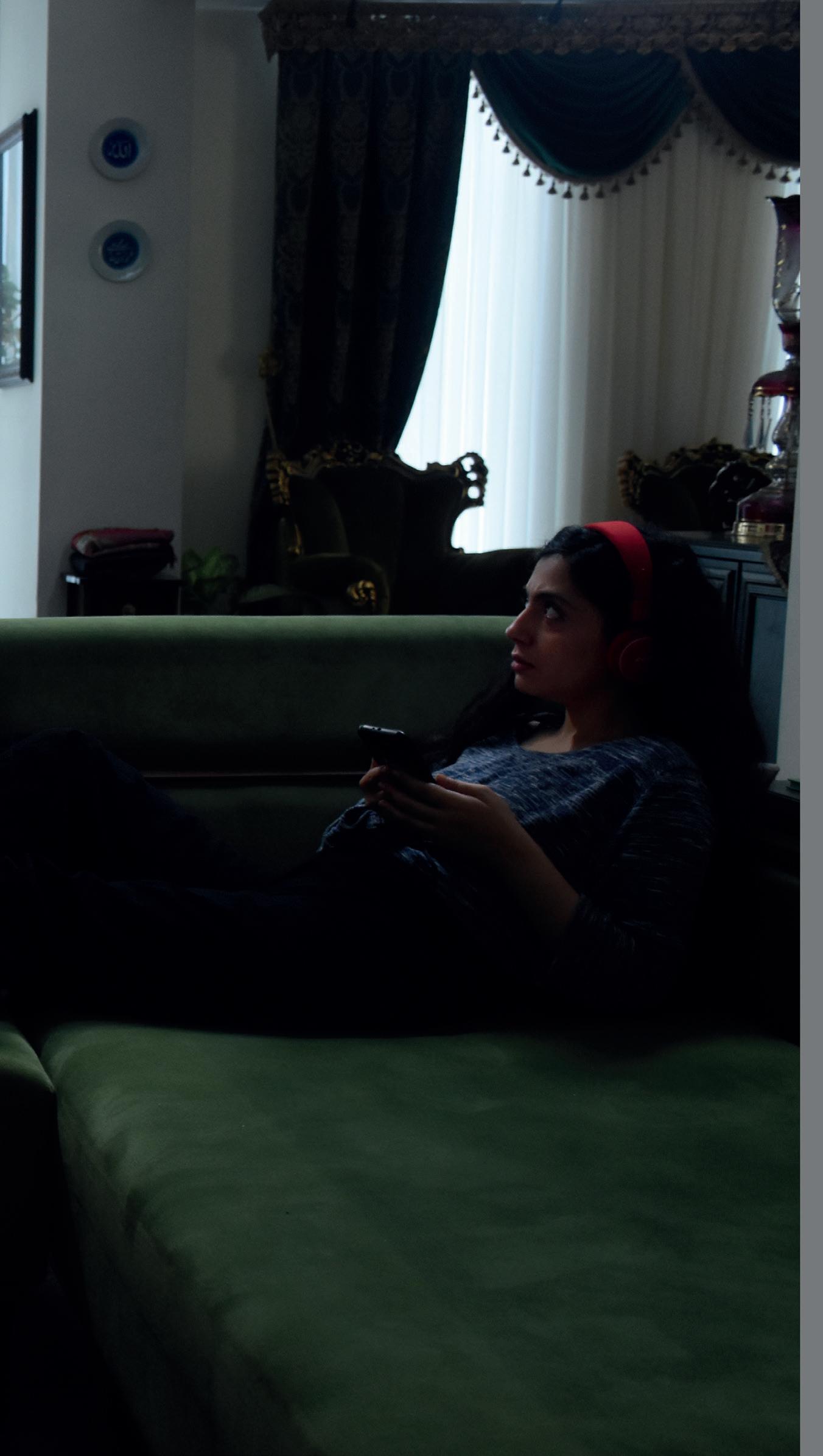
is caught up in the disorder and seeks refuge with the family, a domestic rupture is triggered, with Najmeh showing some support for her daughters, while remaining wary of the potential for fallout. Later, the gun Iman has been issued for protection goes missing and the finger of suspicion lands on each family member in turn.
Rasoulof has produced something remarkable here, a cultural induction that demands to be seen, and that grips like a thriller for every second of its 168-minute duration. The sisters’ obsession with social media (which, for all its flaws, provides them with an unfiltered window on external events, in contrast to the government-skewed bias of TV news) is relatable, as is a desire to rebel against their parents’ increasingly problematic authority, with the injustice of their vanishing rights hard to bear.
If Iman’s stance is frustrating and his spiralling mental state frightening, this humane film is also sympathetic to his own plight, up to a point. It shines a light on his personal turmoil, showing his initial pushback against an order to blindly rubber stamp a death warrant, and the way in which responsibilities hang on him so heavily they are almost worn like a physical load.
The ensemble deserve huge credit for the integrity and complexity of their performances, with Zareh an increasingly menacing presence, and Golestani communicating the conflict and confusion of a woman who is loyal to her husband and broadly supportive (if undoubtedly quite fearful)


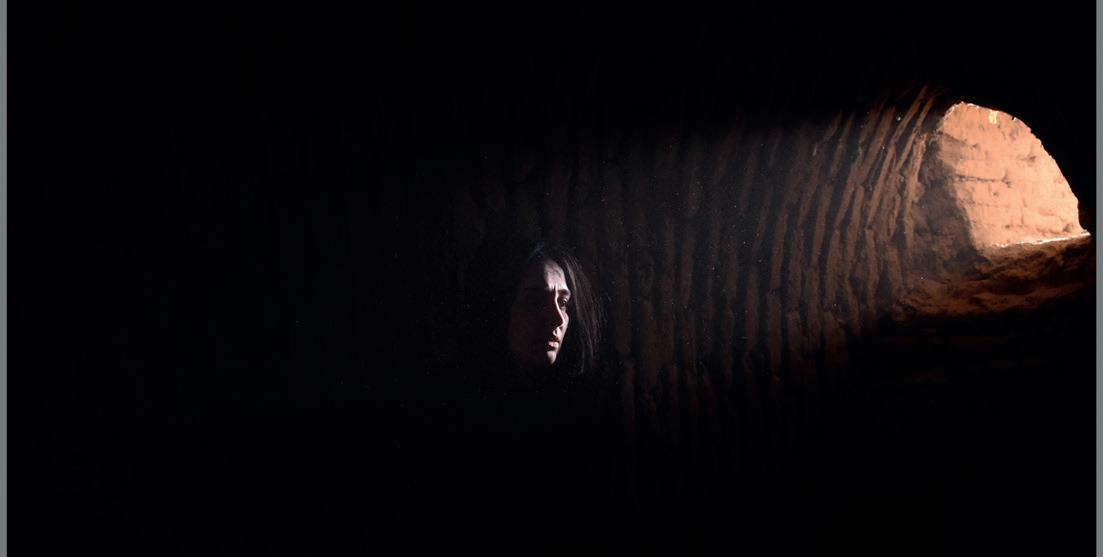
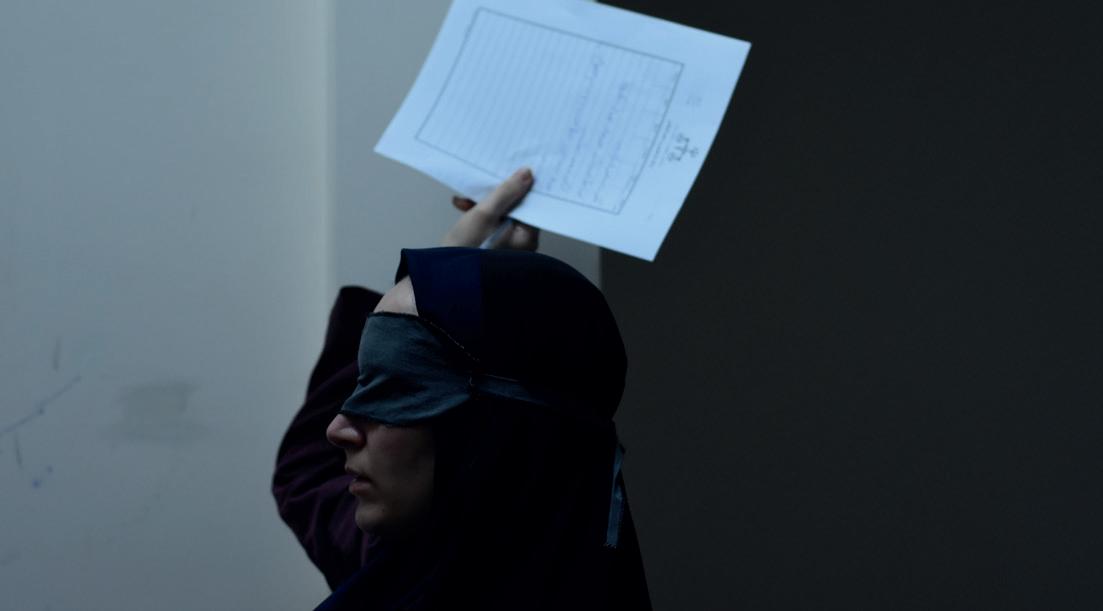
of the regime, but still remains fiercely protective of her daughters. Rostami and Maleki are unnervingly convincing too, as young women trying to grow and figure out who they are in a smothering environment.
Despite the film’s strong sense of wider context, as we watch strife spread across Iran, the locations are largely confined to domestic interiors, creating a simmering sense of claustrophobia, paranoia and ultimately threat, before things escalate into something more outlandishly cinematic.
Real images of political protest (captured following the death of the young, Kurdish-Iranian woman Mahsa Amini in police custody in 2022) are inserted into this fictional story, enhancing its credibility, putting fire in its belly and showing what’s really at stake.
As that opening text suggests, the clandestine nature of the shoot made things incredibly challenging, with news of Rasoulof’s prison sentence arriving in its midst, while the director has said the circumstances made him feel like a ‘gangster making art’.
It is astonishing what has been achieved here against the odds. The Seed Of The Sacred Fig is a blistering examination of what we lose when we limit rights and blindly obey orders. Rasoulof describes cinema as ‘freedom’, a place for him to rage against restrictions. Long may he enjoy the freedom to make it.











































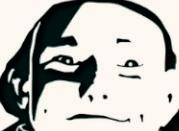








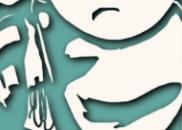




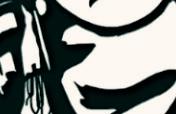









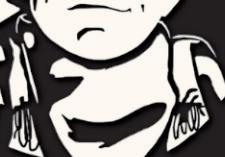








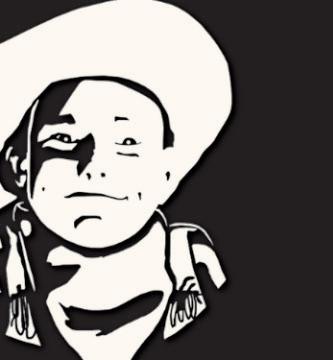











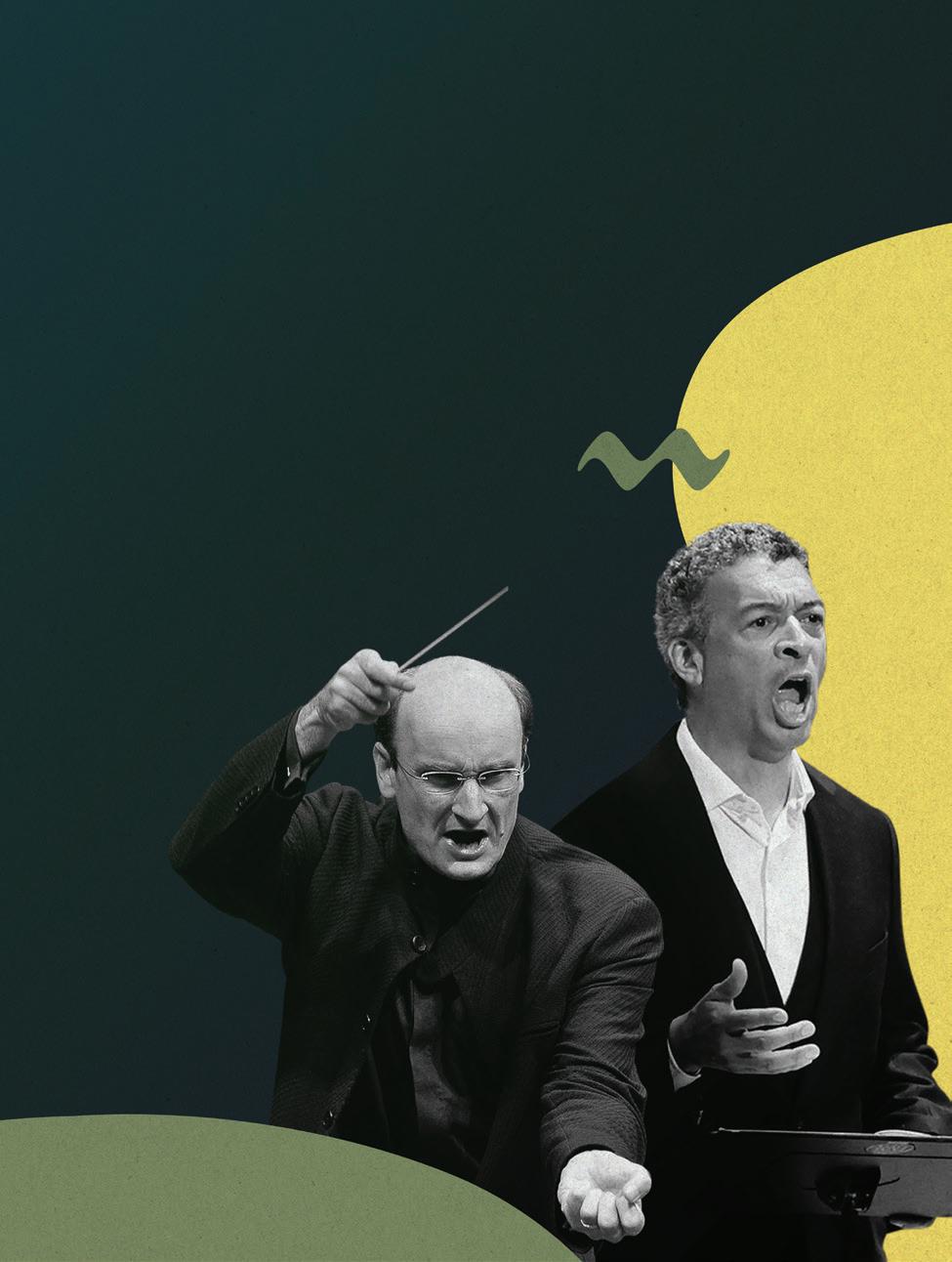
Everyone’s favourite nanny has blown into town as if carried by the recent winds of Storm Éowyn, and she’s just as charming as ever. ‘Practically perfect in every way’, Mary Poppins takes the children, Jane and Michael, on whimsical adventures across London as she imparts her lessons. Stefanie Jones steps into this iconic role with ease, assuming Poppins’ quick wit and confidence as well as showing off her warmth in scenes with jack-of-alltrades Bert (Jack Chambers).
At the heart of this show remains the Banks family. The children yearn for attention from their father, the stern workaholic George Banks (Michael D Xavier), while their mother, Winifred (Lucie-Mae Sumner), struggles with leaving her old acting job and embracing her new role as a respectable Edwardian wife. Mary Poppins predictably uses her magical antics to bring them together again. The family’s emotional journey succeeds in tugging at the heartstrings, though it is a shame to see Winifred lose the suffragette zeal of her film counterpart.
Cameron Mackintosh and Disney’s co-production of Mary Poppins delights in crowd-pleasing theatrics, with giant terrifying puppets, some very clever illusions, and an impressive tap number that takes place partly on the ceiling. Spectacle abounds, including a chance to see Mary Poppins fly above the audience, while the witty dialogue and physical comedy keeps us grounded in the story. This combined with a blend of classic favourites like ‘Supercalifragilisticexpialidocious’ and newer songs is sure to entertain audiences old and young. (Isy Santini) n Festival Theatre, Edinburgh, until Saturday 15 February.



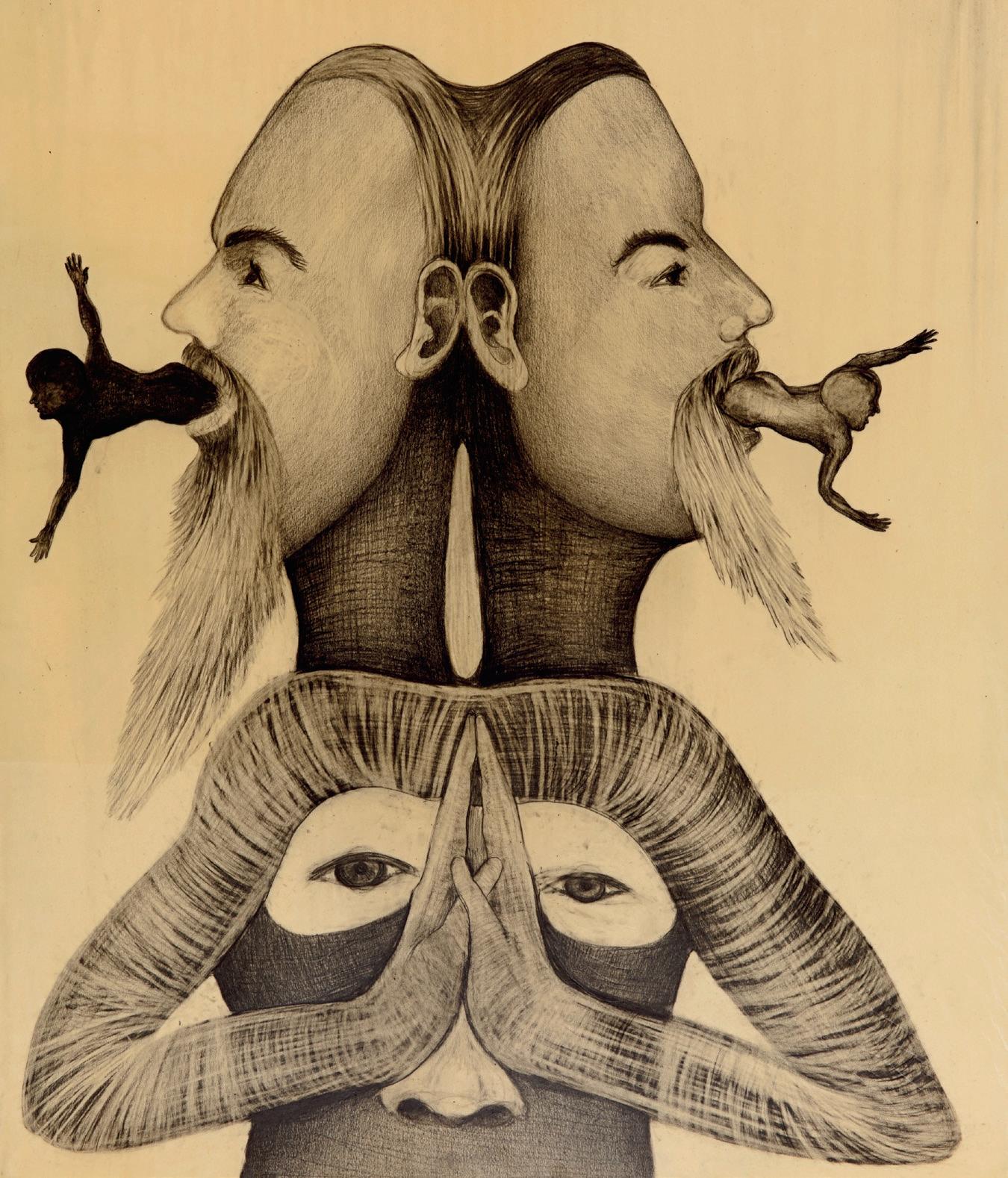









Based on the title alone, this large-scale exhibition sounds as if it could be rather two-dimensional. But after reading the introductory label, it’s clear the parameters of Pop Life are not limited to popular culture (though that is one of three main pillars). The curated works of 13 Scottish and international artists on display are also centred around themes of contemporary drawing and the human form, which makes a lot of sense when we discover radically opposing pieces by Sandra Vásquez de la Horra (a Chilean artist pulling on magical realism and folklore in her surreal sketches) displayed opposite David Shrigley’s text-based visual punchlines.
Taking over City Art Centre’s first two floors, Pop Life fills the space with a wide variety of artistic disciplines and a few installations. From Jamie Fitzpatrick’s sculptures subverting public moments to Laura Bruce’s ode to Nashville country legends, the scope of this exhibition’s themes transport us across continents. One particularly immersive section, set in a large dark room on the first floor, is taken up by Marc Brandenburg’s striking display of inverted pencil photographs, giving us a peek at life in the margins of Barcelona and Berlin. Displayed in a long panoramic strip across one wall, the gritty stills appear to change shape under UV light.
In its entirety, Pop Life is a movement-bending collection that, while fragmented in places, operates as a thematic house populated by artists taking over their own individual rooms. While nothing is working together per se, their combined presence makes us reflect upon collective consciousness over time and the unlocking of memory through the keys of celebrity or recognisable imagery. Perhaps most interestingly, works by the likes of Witte Wartena and Euan Gray examine the role art plays in present-day pop culture, a terrain smothered in technology that relies so heavily on screens for entertainment, connection and livelihood. (Megan Merino)
n City Art Centre, Edinburgh, until Sunday 9 March.
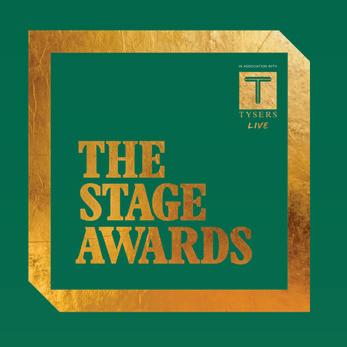









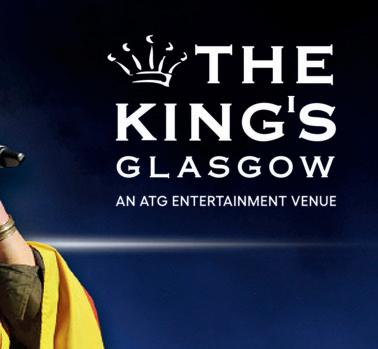





















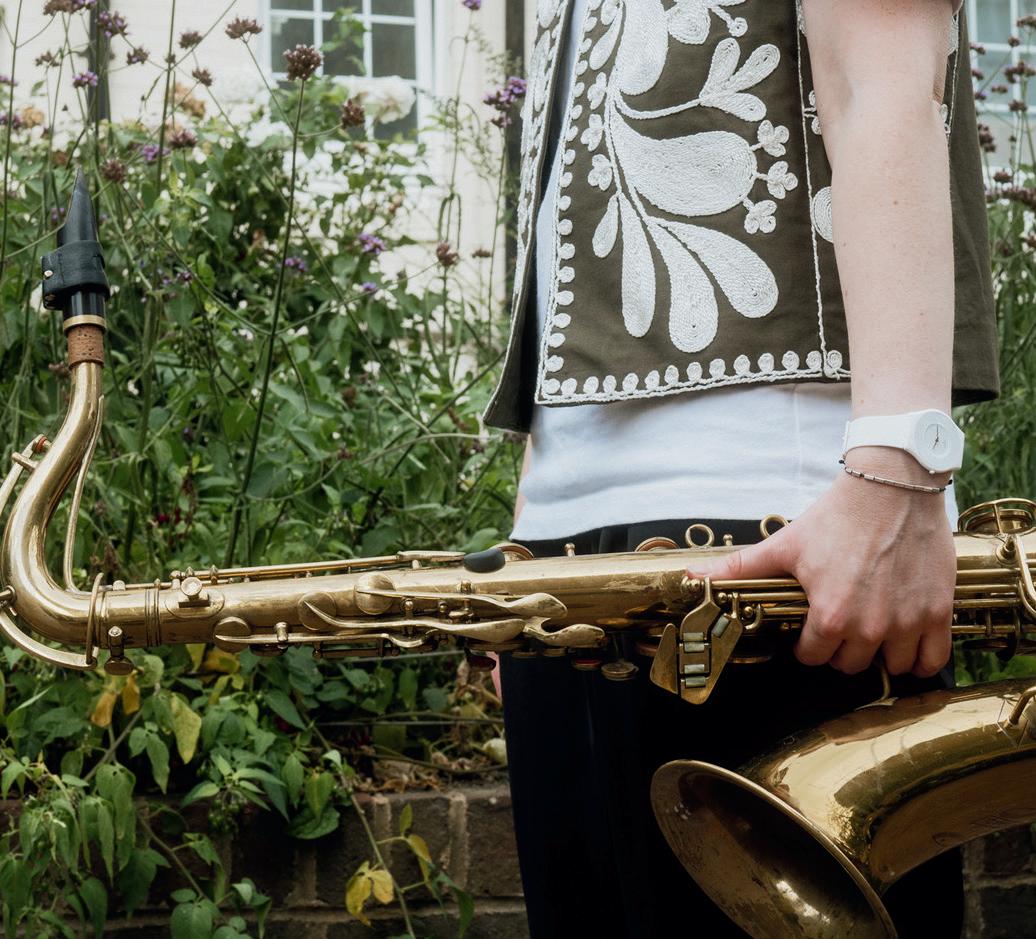


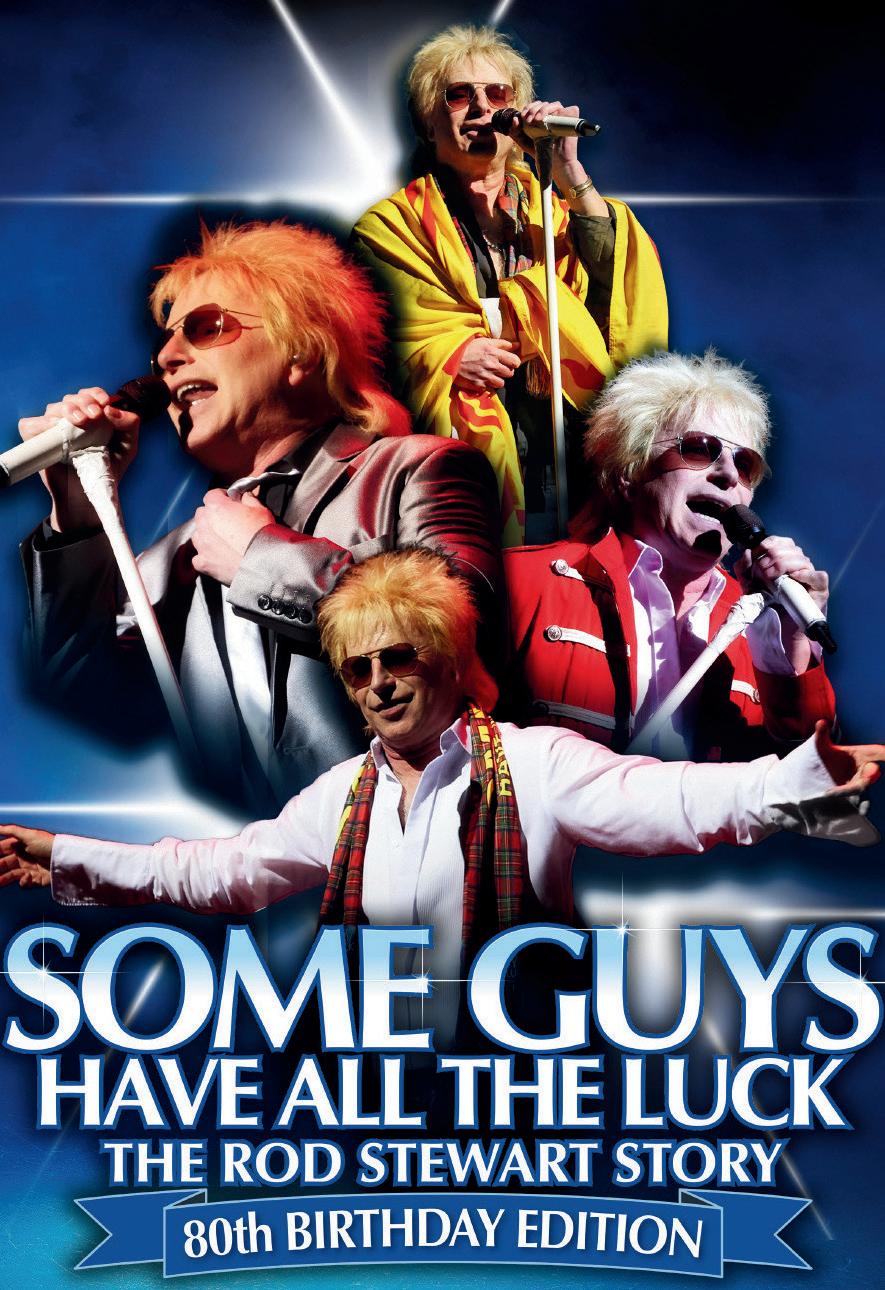





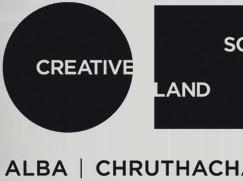















With Trump re-entering The White House, these are, as Marcel Lucont drolly intimates, uncertain, anxious times. So it makes sense for us to look more fondly towards Europe once again. Interestingly, for all of his disdainful distaste for eBooks (wielding, as always, his well-thumbed moleskin notebook of verse), this latest show from Alexis Dubus’ Gallic poet alter-ego is a compelling blend of good old-fashioned gossip-mongering facilitated by modern technology.
In vino veritas, prior to the show beginning, a QR code link invites audience members to share their worst day at work, overseas experience and amorous encounter. Something about the dark, intimate confines of a comedy club and the receptiveness of Lucont encourages people to confess, with the intermittently appalled and intrigued Frenchman periodically bringing up these ‘whines’, playfully teasing more details out of the submitters.
Dubus has been touring this show for a while now, but in a further contemporary twist, he has just begun recording and editing the highlights for release as a podcast. So established is he as Lucont now, so at one with his dryly superior but observant persona, that he easily takes on requests for his best-known poems and nonchalantly ad-libs supercilious insults around whatever the crowd gives him; his barefoot casualness, pausing to sip from his glass, enhances the relaxed atmosphere.
However, Whine List only lives and breathes with the quality of the anecdotes it elicits from enthusiastic but amateur storytellers. And unsurprisingly, they’re of mixed vintage. So Lucont shrewdly also shares some of the choicest confessions he’s already received on tour. Not everything provokes uproarious laughter, but you suspect that offerings about getting trapped overnight on Alcatraz and fleeing a swingers party in the Faroe Islands will make the podcast cut. (Jay Richardson) n Reviewed at The Stand, Glasgow.



the atre eht• a er •
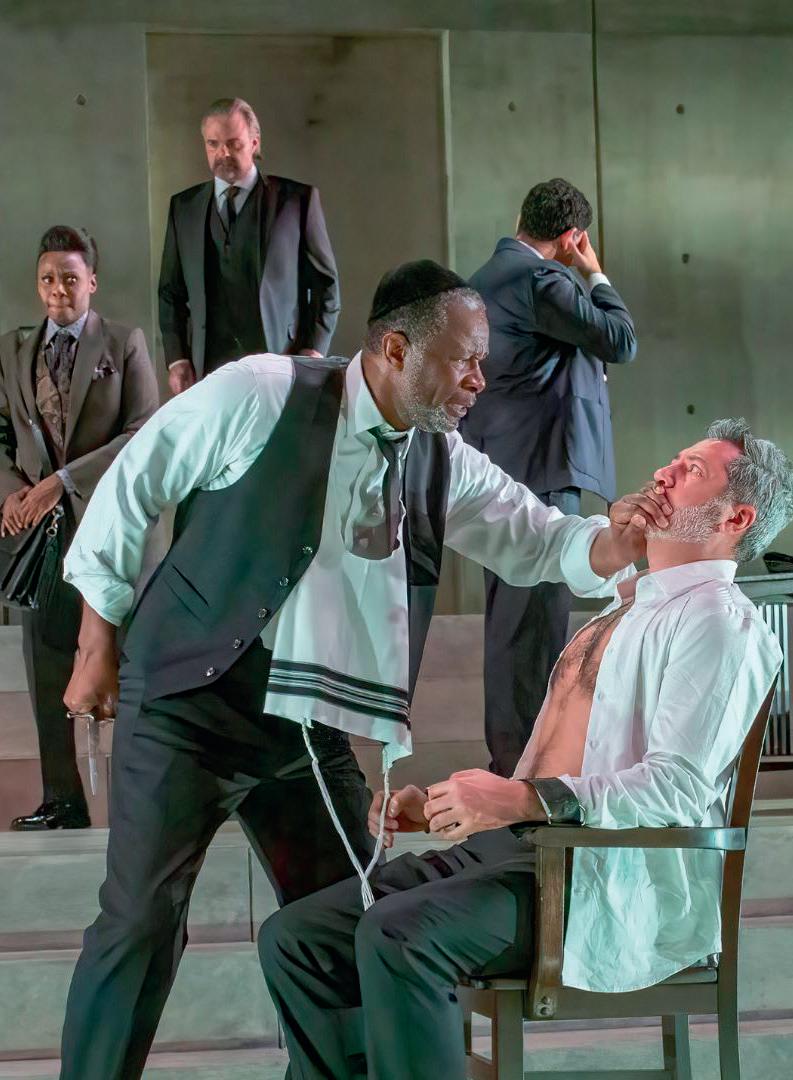






Long, grey and imposing, the flight of stairs dominating the Lyceum stage in this production has almost as much to say as Shakespeare’s text. Blurring the line between performance area and auditorium, the steps pour down from backstage into the front row. Where does Edinburgh end and Venice begin? Can we see where reality stops and fiction starts? If we were in any doubt that the antisemitism, intolerance, misogyny, discrimination and injustice inherent in this centuries-old play is as prevalent now as it was in 1598, those stairs serve as a reminder.
Director Arin Arbus has set her production in an ‘American city in the near future’, but really, she could have picked anytime, anywhere, human mistrust of difference being what it is. But the USA it is, and the USA it most certainly feels like, not just because it’s performed by New York-based company Theatre For A New Audience. Shakespeare’s language feels juicy and reborn delivered via their American tongues, while the exercise gear, sharp suits, cops with walkie-talkies and holstered guns, and news from foreign lands delivered by mobile phones all scream Big Apple.
Which not only feels timely, given recent events across the Atlantic, but perhaps goes some way towards making the language a touch more accessible. Not to diminish our esteemed tradition of Shakespearean actors, but we’re all so used to hearing American accents in our living room that this production is perhaps a little less alien to newcomers. It’s also performed by a strong cast who light up the stage with characterisation that feels rooted in reality, despite the outlandish content: a suitor opening the correct box to determine who Portia will marry, Shylock demanding a literal ‘pound of flesh’ in place of an unpaid debt. And the astute diverse casting gives this already multi-layered political text even more potency. (Kelly Apter) n Lyceum Theatre, Edinburgh, until Saturday 15 February.

CSelected to represent Scotland at the 18th Venice Architecture Biennale, A Fragile Correspondence makes its UK debut at V&A Dundee. Examining language, community and equilibrium, Jennifer McLaren praises the fresh discoveries at this exhibition’s every turn
ommissioned by the Scotland + Venice partnership and curated by a team consisting of the Architecture Fringe, -ism magazine, and /other (a collective of POC architecture graduates and creatives), A Fragile Correspondence examines three differing Scottish landscapes and creative responses to them by architects, artists and writers, all seeking new ways of working in connection with the land. Their subjects range from the forests around Loch Ness to the post-industrial remains of the Ravenscraig steelworks in North Lanarkshire, and the Orkney archipelago.
The theme of language plays a significant role, with a ‘Lexicon’ section dedicated to the sharing of words and phrases by visitors. A wooden tabletop which exhibition-goers were encouraged to write on in Venice now forms part of the display. Meanwhile, new words and phrases have already been shared: the Dutch word ‘gunnen’ (from Italian ‘passeggiata’) and in Scots ‘bosie’.
‘Language is powerful, and shapes how we understand the world around us,’ reads the wall in the first room. Moving into the studies of the Abriachan and Strathnairn forest communities near Inverness, an idea of ‘extraction’ is introduced, versus the Gaelic ‘cothromachadh’ which means to find equilibrium.
The Highland Clearances displaced communities in the 18th and 19th centuries with deforestation following in its wake for the purposes of industry and war. Mairi McFadyen’s audio recording ‘Abriachan Forest’ explores its ongoing story, while
Dele Adeyemo’s ‘A Dance Of The Pines’ (pictured) considers the impact of human activity on the ancient Caledonian Forest. Turning to the Scottish lowlands and a site once home to the former steelworks at Ravenscraig, the term ‘erase’ is introduced along with the Scots ‘saunt’, which means to vanish, especially in a sudden or mysterious manner. Films and recordings highlight the steelwork’s once-productive past and what it meant to the community.
Meanwhile, Frank McElhinney and Hamshya Rajkumar look at how 200 species of flora and funga have come to inhabit the site since its closure in 1992. Their ‘Extraction’ proves a striking intervention among the images and films. These silver birch saplings were gathered from Ravenscraig and arranged in two clusters: six, the atomic number of carbon and 26, that of iron. Steel is formed when iron and carbon combine.
Finally, Orkney’s diversity is celebrated, from the clay earth deposited during the last Ice Age to the variegated soils discovered at different sites across the archipelago. The words ‘fragment’ and ‘adapt’ are explored along with its remote and splintered geographical character. This well-considered exhibition has complex themes running throughout and the open nature of the correspondence means it can, and will, evolve each time a new visitor enters its space.
A Fragile Correspondence, V&A Dundee, until Sunday 25 May.



Lyle Lovett came to Celtic Connections a changed man, with the unexpected joys of late fatherhood on his lips. His seven-year-old twins have even ‘co-written’ some of his newest material, leading to arguably the one song in this delightful set which didn’t land. Hearing musicians of the calibre of Stuart Duncan and Jeff White harmonising on ‘It’s A Naked Party’ was a touch uncomfortable. Otherwise, they aced the bluegrass blend and country call-and-response tradition with such natural ease that the Royal Concert Hall auditorium was transported to some 1940s radio broadcast in the Deep South or back to the old country on a cover of The Chieftains’ ‘Don’t Let Your Deal Go Down’.
Lovett is not just an understated master of the old-timey style, he’s a gruff yet vulnerable romantic troubadour, evoking both Tom Waits and Randy Newman on gnarled ballads ‘Nobody Knows Me’ and ‘Are We Dancing’, while deploying his vocal-fry register on the bluesy strut of ‘She’s No Lady’. The pert western swing of ‘Cowboy Man’ and reflective ‘If I Had A Boat’ sounded 40 years young. ‘We’re not old, we’re experienced,’ he deadpanned. Such is Lovett’s mischievous drollery that even the most halting anecdote had charm. But his dapper band also shared the limelight with veteran session bassist Leland Sklar attracting his own fanbase, while a deft virtuoso piano solo by Jim Cox was received with rapt attention onstage as much as off. A communal chemistry made this gig sheer pleasure with Lovett’s low-key charisma making it an occasion.
(Fiona Shepherd)
n Reviewed at Royal Concert Hall, Glasgow, as part of Celtic Connections.





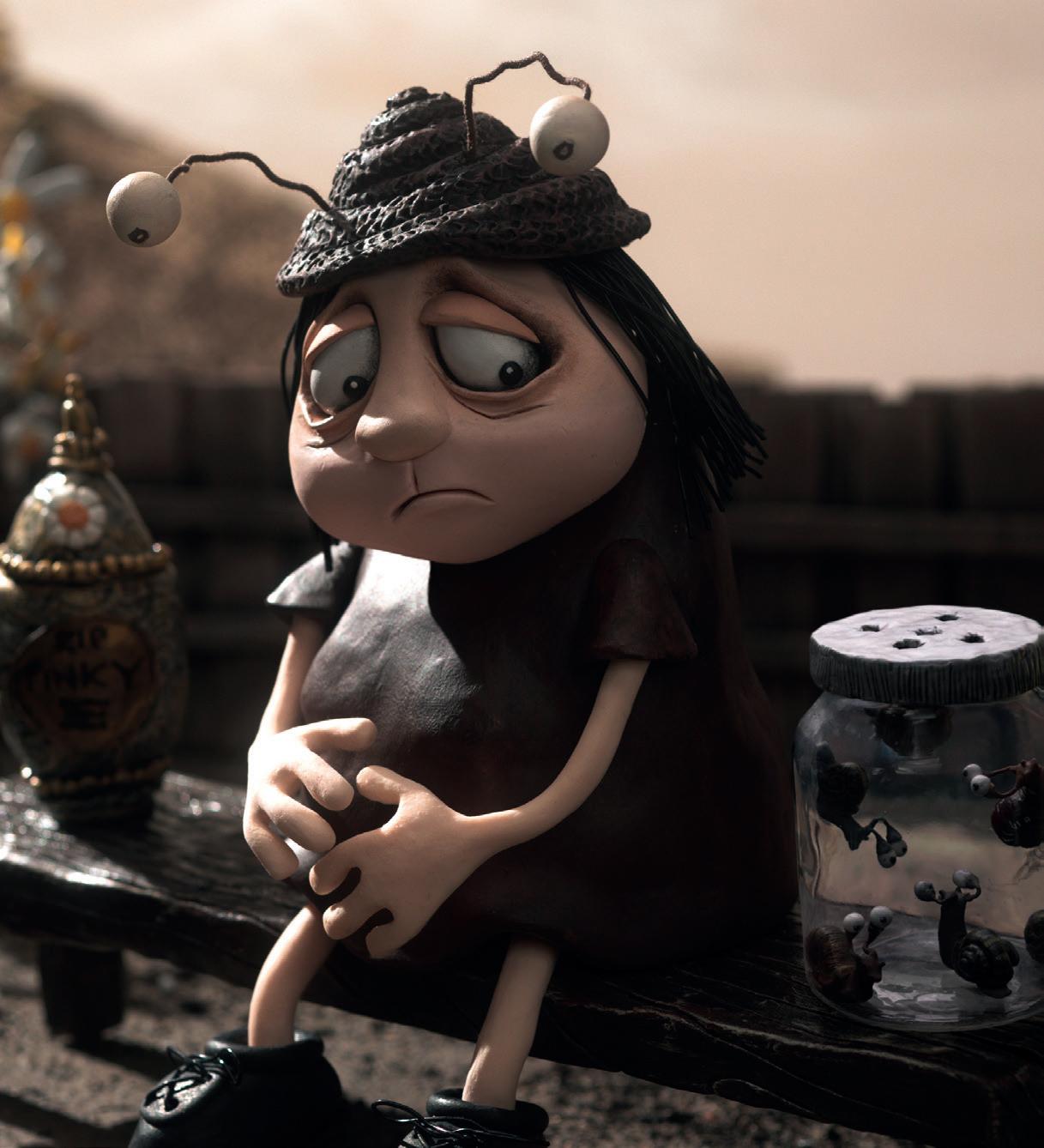







With its sad-sack protagonist and far-from-child-friendly content, Memoir Of A Snail might have little in common with cutesy Pixar fare but it manages to be no less charming in its own tragicomic, adorably imperfect way. This Australian stop-motion animation is the second feature from the unmistakable Adam Elliot (director of 2009’s Mary And Max and 2003 Academy Award-winning short Harvie Krumpet) and was the worthy winner of Best Film at last year’s London Film Festival.
Rendered characterfully in clay and narrated with gentle poignancy by Succession’s Sarah Snook, Memoir Of A Snail tells the story of luckless gastropod obsessive Grace Pudel (voiced first by Charlotte Belsey, later by Snook). Grace grows up in 1970s Melbourne with her twin brother Gilbert (Mason Litsos then Kodi Smit-McPhee) and their paraplegic, former juggler father (Dominique Pinon), before tragedy strikes and Grace finds herself bouncing from one disastrous life event to another. Jacki Weaver provides the voice of Grace’s inspiring elderly pal Pinky, while Eric Bana is a magistrate with an unfortunate penchant for public masturbation.
Developed over eight years and containing biographical detail from Elliot’s own life, the film is enriched by its relationship with reality. It has clearly been made with an abundance of love, featuring saggy-eyed, affectionately grotesque creations whose distinctive look ties them to Elliot’s previous work.
On paper, many of the events are quite grim but Memoir Of A Snail is just as often hilariously funny, with an irresistibly inappropriate shtick. Brightened by a warmth and affection for lonely and stigmatised souls, the film retains a subdued streak of optimism. Despite its commitment to showing just how shit life can be, it never loses hope that no matter what’s thrown at you, things can, and hopefully will, get better.
(Emma Simmonds)
n In cinemas from Friday 14 February.

If you fancy getting out and about this month, there’s plenty culture to sample such as a pair of YouTubers growing up, a scary toy going on a murderous rampage, and an updated 20th-century theatre classic
ART
SCOTT MYLES
It's ‘last chance to see’ terrain for this multimedia exhibition by Glasgow-based Myles. Head In A Bell features a sculpture comprising donations from synthesiser manufacturers across different countries.
n Gallery Of Modern Art, Glasgow, until Sunday 23 February.
COMEDY
DAN & PHIL
Messrs Howell and Lester are marking 15 years of collaborations from their first YouTube video to this globe-trotting tour, Terrible Influence. Their online stats will make your head spin.
n King’s Theatre, Glasgow, Monday 3 & Tuesday 4 February.
FILM
SEPTEMBER 5
The tragic events at 1972’s Munich Olympics have been retold in various ways, this time it’s from the perspective of ABC sports broadcasters who covered the hostage situation. Peter Sarsgaard, Leonie Benesch and Ben Chaplin co-star.
n In cinemas from Thursday 6 February.

Starring Elijah Wood, Tatiana Maslany and Theo James, this cheeky affair is based on a Stephen King short story where a vintage toy may be behind a series of inexplicable yet horrible deaths.
n In cinemas from Friday 21 February.
KIDS
FUN FOR LITTLE ONES
An event for toddlers and babies, this is a tribute show based on the global phenomenon of ‘Ms Rachel’. Head off on a magical adventure with Monty The Puppet and his pals.
n Pavilion Theatre, Glasgow, Tuesday 18 February.
SCOTTISH ENSEMBLE
The innovative classical group create a link between puppetry and music in cahoots with Blind Summit. Among the pieces being performed are Arnold Schoenberg’s ‘Transfigured Night’ and Philip Glass’ ‘Symphony No 3’.
n Traverse Theatre, Edinburgh, Thursday 13 February; Royal Concert Hall, Glasgow, Saturday 15 February.
BLUE VIOLET
Alt-indie duo Sarah McGrigor and Sam Gotley have just released their new album, Faux Animaux, and are now getting out on tour with their haunting electronica that’s ideal for fans of St Vincent, Bowie, Anna Calvi and Twin Peaks
n Sneaky Pete’s, Edinburgh, Wednesday 5 February; King Tut’s, Glasgow, Thursday 6 February.
THEATRE
A VIEW FROM THE BRIDGE
Arthur Miller’s classic is directed by the Tron’s Jemima Levick and brings a modern touch to this 1950s-written story of deep rooted and dangerously illicit desire.
n Tron Theatre, Glasgow, Friday 21 February–Saturday 15 March.
HEAVEN
A bona fide hit from the 2023 Edinburgh Fringe, this Fishamble two-hander returns to the capital with its tale of a long-term married couple at something of a crossroads in their lives.
n Traverse Theatre, Edinburgh, Tuesday 25 February–Saturday 1 March.







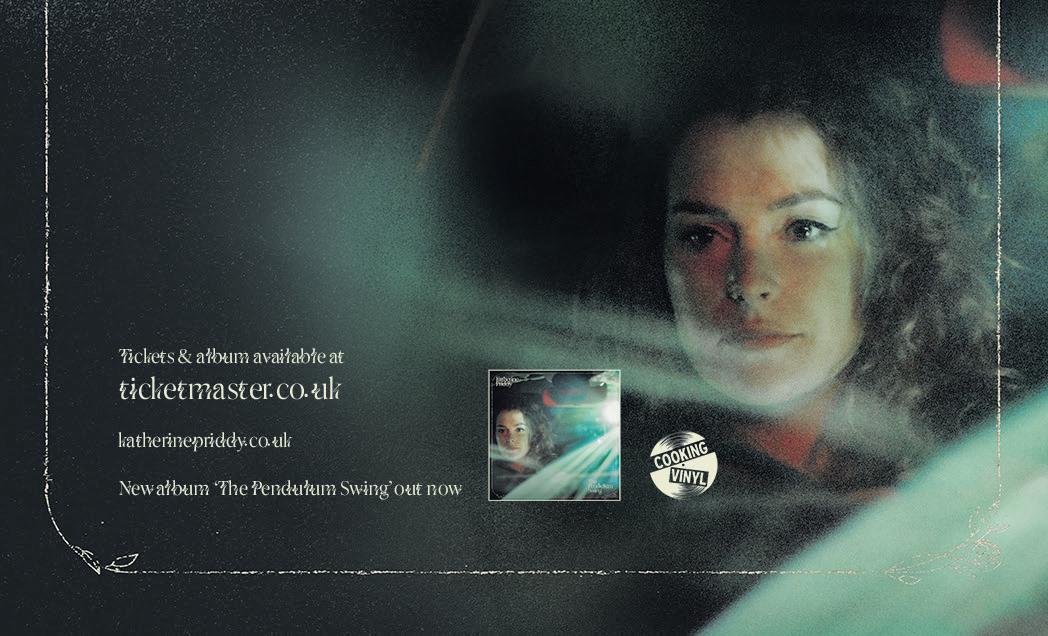
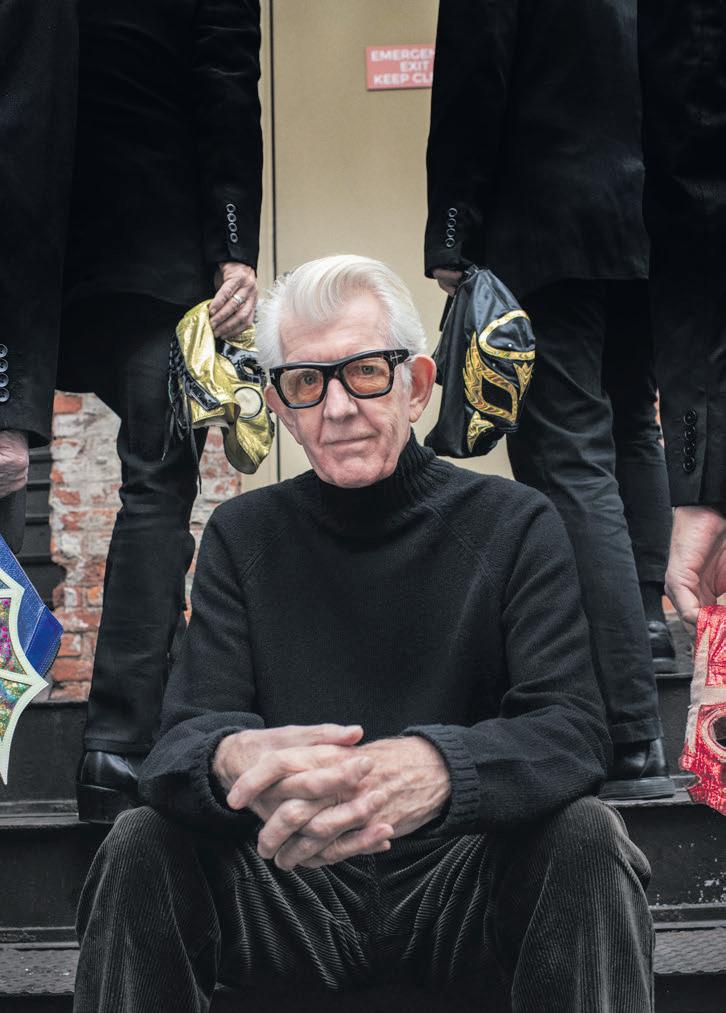
















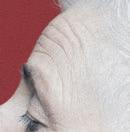



































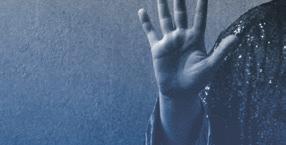

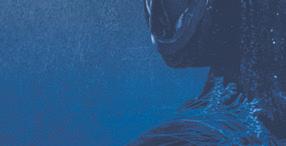

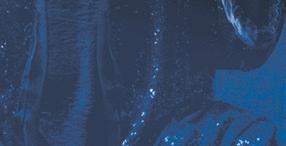







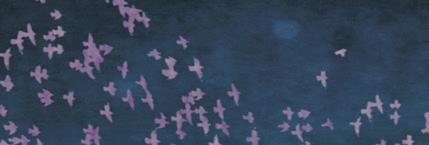
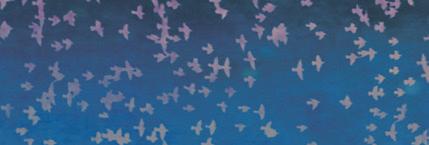
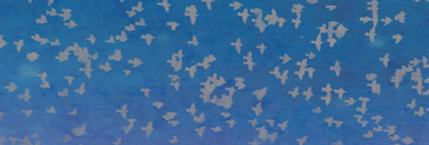
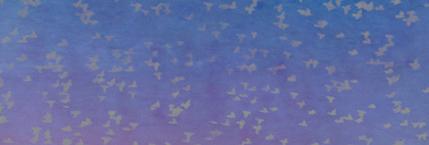
























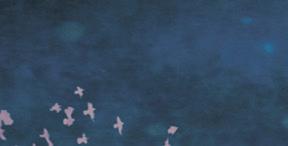


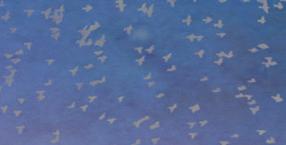


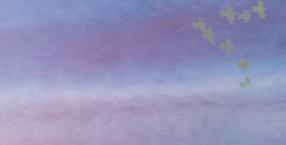

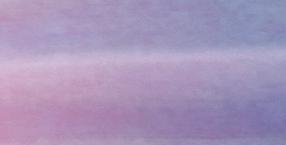

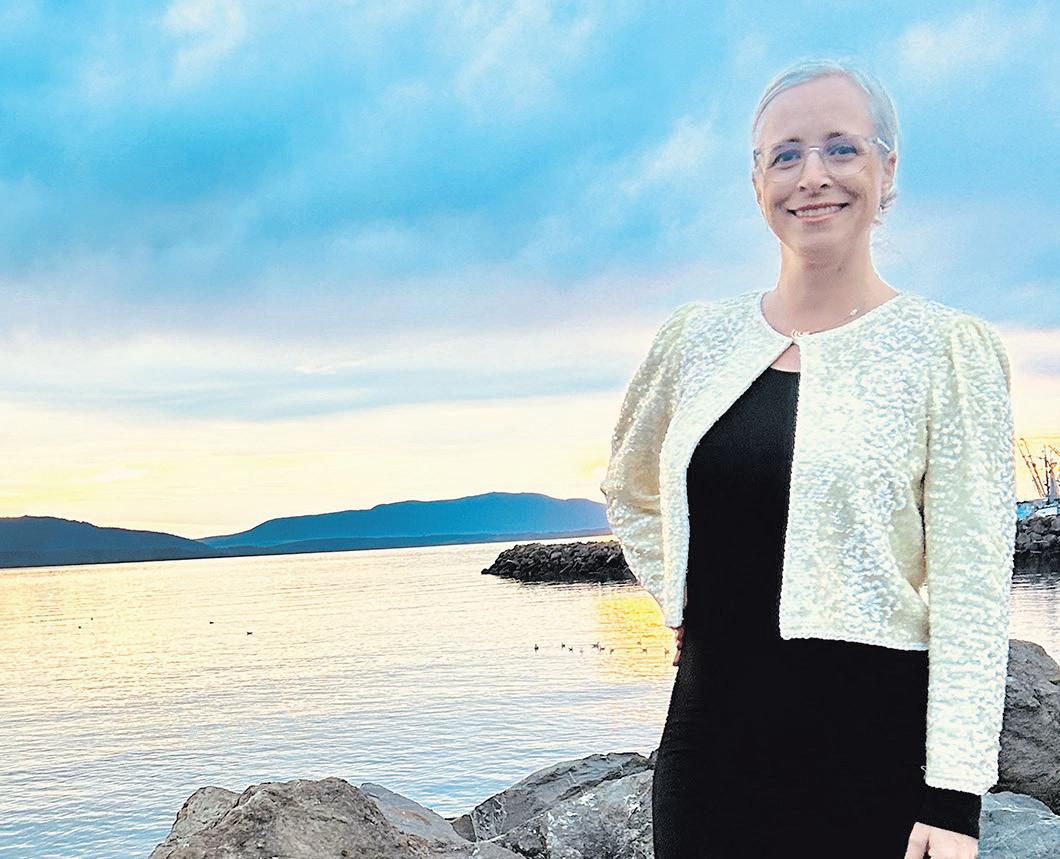


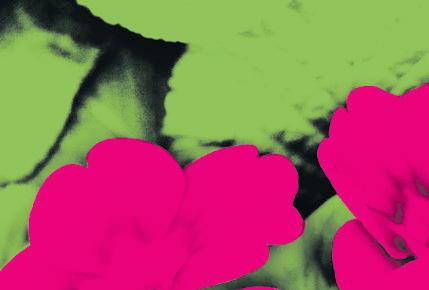

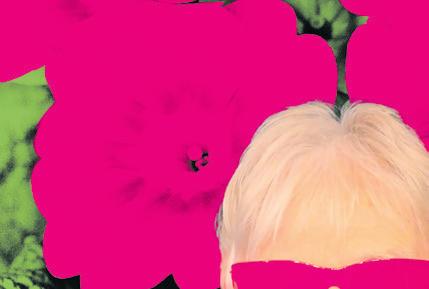



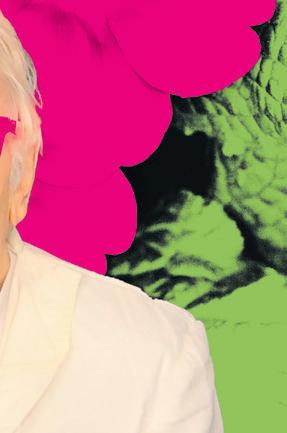
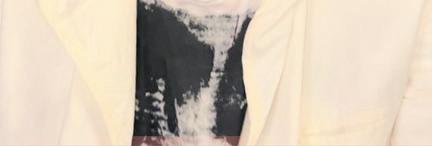


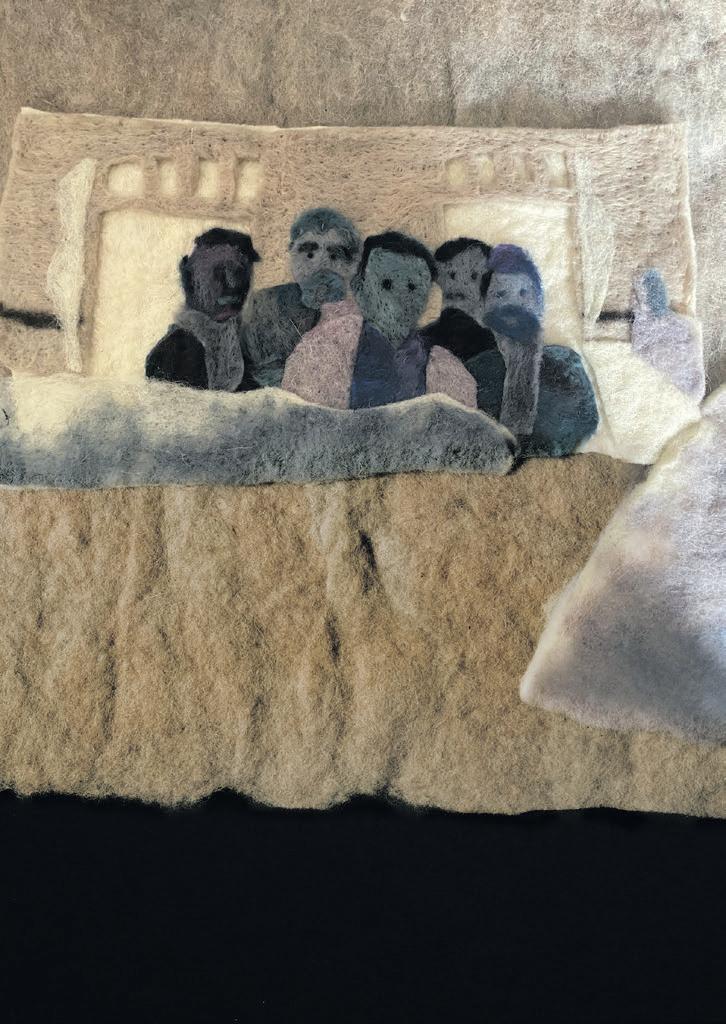



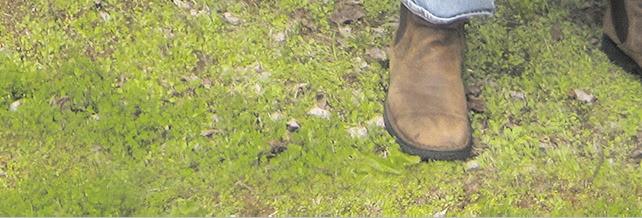




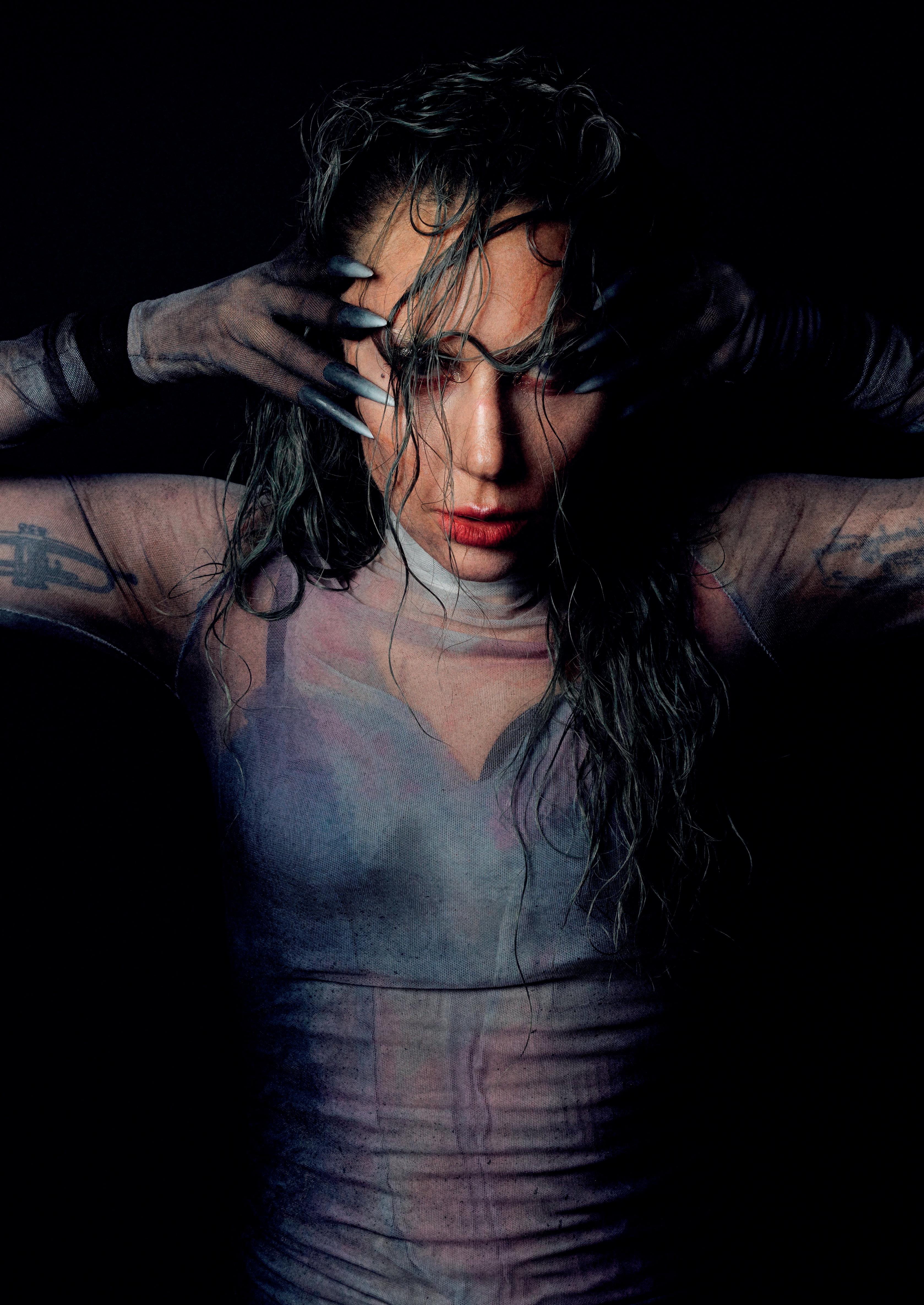
By the time you read this, the new Lady Gaga album might be out. Or it might not. It might be called LG7 or that could ultimately have wound up being a working title. There are some musical artists who don’t need to play by the old rules of press and publicity where mere mortal music critics know well in advance when a new ‘record’ is on the way. Yep, Abel Makkonen Tesfaye, we’re looking at you. And we’re also looking at you, Stefani Joanne Angelina Germanotta. Still, it would be pretty churlish not to be mainly in awe of such emboldened screw-you attitudes in not playing ‘the game’. Touché Gaga. (Brian Donaldson) n Released by someone on some date possibly soon. Or maybe it’s out now. We’ll see.


Coping with raising kids, reckoning with the Highland Clearances and celebrating wise women are just some of the themes being tackled by Scotland’s indie games designers. Tanya Floaker tells Lucy Ribchester how parenting and friendship inspired their latest project
Think tabletop games and you’ll probably conjure up an image of Monopoly Risk or Catan, seizing assets and building worlds. If you’re a roleplay gamer your mind might go to Dungeons & Dragons or fantasy lands. But for Edinburgh games maker Tanya Floaker, the inspiration for their latest creation was found closer to home.



‘It came from parenting, being a mum and seeing all the wonderful mums around me,’ Floaker says over Zoom. ‘I think we’ve all had shared experiences, reaching out to others around us, who you just have these really poignant moments with. Sometimes it’s joyous and fun, and you’re seeing your kids in this amazing spot, and it’s just beautiful. And sometimes you walk over and you can see that someone’s not in a good way, and they’re having a really tough day.’
Floaker’s newest game Mum Chums is designed to replicate both types of experience, playing out the highs and lows of parenting in a safe environment, where challenging situations can be shared and talked through. Floaker is mum to a seven-year-old, but is keen to stress that despite the game’s title it was created with all carers in mind. ‘You can be playing a dad or a grandparent or a kinship carer; anyone in a care role. It’s those moments and the connection with other parents that sparked the creativity for this game.’

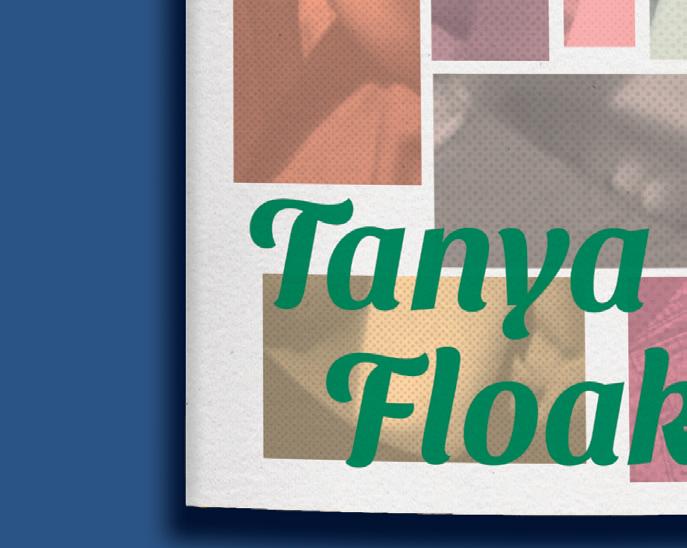

After choosing a character, players enact scenarios based on prompts from the game’s book. While Floaker didn’t want these to be ‘mawkish’ or fetishise tragedy, they also didn’t want the game to shy away from confronting the tough realities of parenting. ‘It could be something like a looming court date, trouble with the neighbours, or that you’re estranged from the family in some way. It could just be you think your parenting is really shit and you’re struggling with that.’ The players explore the situation and think about how to respond. ‘And while it isn’t the same as actually living an experience, it can, I think, help foster some empathy.’
Mum Chums is one of a slew of new Scottish games with tougher subjects in mind. ‘In Scotland we’ve got a really good crop of game designers doing things that aren’t your standard “let’s fight a dragon”,’ says Floaker. ‘Aleksandra Brokman created Wise Women, a game of Slavic witchcraft and folklore; Wraithlands by Leckie contains a fantastical commentary on the Highland Clearances; and Malcom Craig’s Cold City Hot War deals with the trust you put in one another.’ n Mum Chums launches on Kickstarter, Saturday 1 February.



a smubl • a lbums •




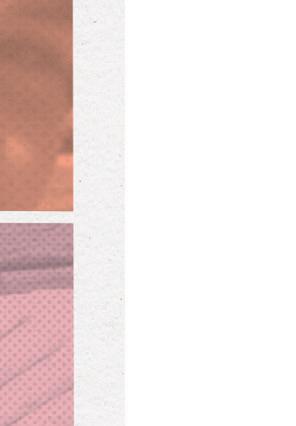



It’s time to take another alphabet-themed paddle through the great lakes of album history. We now give E a thorough going-over
If William S Burroughs made psychedelic indie rock, it might sound like Spirit Of The Beehive’s 2021 outing Entertainment, Death, a cut-up experiment layering restless guitars with a shifting landscape of sonic abundance. Refusing to adhere to genre limitations, it veers minute-by-minute from glitchcore to found sound to synth-pop and everything in between. What could be indulgent is instead tightly strung, as wild in its ambition as it is accessible to a general audience.
Striking a more forbidding path in American experimentalism is Earth’s 73-minute masterpiece Earth 2 (1993). An impressionistic squall of gnarling guitars and distortion, the three songs comprising this ambient metal gem evoke primitivism in its most inchoate form, like our universe being sucked backwards into the gnashing jaws of the Big Bang. ‘Teeth Of Lions Rule The Divine’ is the stand-out track, scraping listeners across the hot coals of its fuzzy chords for 27 minutes before chewing them up on a wave of unanchorable feedback. (Kevin Fullerton)
n Other E listens: Electric Ladyland by The Jimi Hendrix Experience (1968), Eggsistentialism by The Lovely Eggs (2024), Entertainment! by Gang Of Four (1979).







QOur column celebrating new music to watch continues with the dark disco-flecked vibes of duo Quad90. Fiona Shepherd hears about sweet harmonies, music dynasties and the virtues of versatility
uad90 might sound like some long-lost early 90s rave outfit (white jumpsuits and medical masks de rigueur) but is actually the name (meaningless but cool they say) chosen by singers Amelia Lironi and Naomi Mackay for a band which moves to more of a disco beat. ‘Chic are a really big influence for us,’ says Lironi. ‘But it’s not all happy disco songs. Our music also has a darker undertone.’
That hint of post-punk flintiness can be heard all the way through their catalogue to date, from serene shoulder shimmy debut single ‘Le Blank’ right through to the blithe ‘Sentimental Sunday’, infused with the soulful breeziness of early 80s Glasgow outfits such as Sunset Gun and The French Impressionists.
With their unison vocals in that Chic style, Lironi and Mackay blend beautifully. Both have been singing since childhood, Mackay in choirs and Lironi performing backing vocals over the years for her parents’ various musical exploits. Mum is Katy Lironi of The Secret Goldfish and dad is Douglas MacIntyre, who currently records as Port Sulphur but has played with the likes of Love And Money and Jazzateers, runs the much-loved Frets concert series in Lironi’s native Strathaven, and helms the coolly curated Creeping Bent records.
Much as Lironi appreciates her musical background (Clare Grogan is her aunt, and dad even plays in her band), she found her own path while studying music performance at Busby’s Riverside Music College, where she first met Mackay. The pair discovered
their simpatico vocal blend when they were put into a college band together. ‘One day you would be working with someone on jazz, the next you were with someone who wanted to do heavy rock, so you had to be quite versatile,’ recalls Lironi. ‘It pushed you out of your comfort zone but you could make it your own. Because we were around so many different styles of music, it’s hard to stick to one thing. Quad90 is quite different again. Because we were friends before, it’s a good foundation. When we sing together our voices sync into one and we do that on purpose so it sounds really smooth and whole, and then we can play about with different harmonies.’
In the past couple of years, the duo have released a steady stream of singles on the ever industrious Last Night From Glasgow label; calling-card ‘Le Blank’ was chosen by 6Music presenters Deb Grant and Tom Ravenscroft as one of their singles of the year. Quad90 have also just played their most high-profile gig to date, supporting BMX Bandits at Celtic Connections, and in September will release their eponymous debut album which they’ve worked on with honorary band member Samuel Joseph Smith at the analogue wonderland that is Green Door Studio in Glasgow’s West End. ‘The songs have their cool wee individual twists,’ says Lironi, but she does promise that, true to their roots, at least one track is ‘very disco.’
Quad90’s new single Sentimental Sunday is released by Last Night From Glasgow on Friday 21 February.
In this column, we ask a telly person to share their viewing habits and favourite small-screen memories. This month, we hear from Sorcha Groundsell, star of groundbreaking Outer Hebrides murder-mystery An T-Eilean (The Island)
What’s your first memory of watching TV? Blackadder was a constant in my house growing up, so much that I’m not even sure when I first became aware of it. Hugh Laurie’s delivery of ‘anti-distinctly-minty-monetarism’ is still one of the best line readings I’ve ever seen.
Which programme that’s no longer on screen would you love to see return? Treme: the most incredible combination of great writing, great acting, an impactful story (the struggles of a post-Katrina New Orleans) and just irresistible music. Criminally under-rated in my opinion.
You’re a primetime chat-show host: what’s your ideal line-up of three guests? This is a tough one to narrow down but I’d say Joan Baez, David Attenborough and Sam Shepard (before his death): three people who have added tangible value to the world and who’d certainly make for an interesting group.
Which sitcom have you laughed at the most? It’s not really a sitcom but Veep never fails to make me laugh out loud. Armando Iannucci is a genius and Julia Louis-Dreyfus is equal parts hilarious and terrifying. The jokes hit hard because they are so brilliantly insightful.
When was the last time you felt scared while watching TV? Watching the news every night.
What’s the best TV theme tune ever? The West Wing: makes you want to stand up and clap every episode.
What was the last show you binge-watched? Battlestar Galactica: bonkers title but a brilliant piece of TV and shockingly ahead of its time. Underneath the sci-fi, it asks serious and complex questions about the human experience, and the acting is phenomenal.
Who is your all-time favourite fictional TV character? I have basically spent my life trying to become Barbara from The Good Life. She’s funny, selfeffacing and wears great dungarees.
An T-Eilean (The Island) is available on BBC iPlayer.













In 2018, Czech developer Warhorse Studios released the ludicrously detailed medieval RPG Kingdom Come: Deliverance. Over the years, the game has racked up more than eight million sales, yet it remains something of a cult title. Set in 15th-century Bohemia, it featured enormous player freedom and complex roleplaying elements together with challenging environmental systems such as hunger, equipment degradation and spoiling food. Its recreation of medieval combat was similarly involved, and featured some of the most beautiful and realistic forestry in gaming. It was also, and still remains, incredibly buggy.
The game’s long-awaited sequel continues the story of Henry and his journey to fight the army of Holy Roman Emperor Sigismund. It takes place in a map twice as big as its forebear, featuring the expansive landscape of Bohemian Paradise (now a protected natural reserve) and the city of Kutná Hora which, at the time, was the second largest city to Prague.
This sequel comes to a newer generation of hardware which will hopefully alleviate some of the original game’s issues, particularly its long load times. It could be the perfect stop-gap for gamers champing at the bit to explore the verdant landscapes of The Witcher IV. (Murray Robertson) n Released on PC, PS5 and Xbox Series X/S, Tuesday 4 February.
Whether you’re a bookworm or not, Jane Austen is a household name; her elder sister Cassandra, maybe not so much. Playing the lesser-known sibling in a new drama, rising star Synnøve Karlsen tells Rachel Morrell about bringing this sidelined figure out of the shadows
Known for hit shows such as Netflix’s Bodies and BBC’s Clique, Glasgow-born Synnøve Karlsen’s next small-screen role is in the story of a woman behind a vast literary legacy. Historical miniseries
Miss Austen is an adaptation of the bestselling novel of the same name by Gill Hornby, centred around Cassandra, sister of the more famous Jane. Having played Clarice Orsini, a 15th-century noblewoman caught up in political skullduggery in Medici, Karlsen is no stranger to the past.
‘One of the reasons I wanted to be an actor is because I love reading about specific people’s stories within the context of history and trying to embody that, learning about tiny intricacies of a time or stories about chimney sweeps,’ says Karlsen. ‘Especially for Miss Austen, I found little details so informative for the character, alongside Andrea’s brilliant writing.’ Andrea Gibb (who adapted Andrew O’Hagan’s Mayflies for the BBC in 2022 to acclaim) has teamed up with director Aisling Walsh to create a portrayal of the close bond between the sisters, who called themselves ‘the formidables’, at a particularly restrictive time for women.
Playing young Cassandra (with Keeley Hawes as the character in later years) alongside a strong cast including Jessica Hynes and Rose Leslie, Karlsen had to discover the essence of the girl who would later become a pivotal figure in the middle of a burning literary mystery. ‘What happens when she’s young informs her older self, but not the other way round,’ says Karlsen. ‘So the role was a bit more intuitive, just matching idiosyncrasies. We didn’t try too hard to be in sync with every idea and every concept because you change so much over a lifetime.’
And the Austen sisters do create change, both throughout their lives and in literary history. Although many of the letters written by Jane to her sister play a significant role in understanding more about the famous author, a large portion were infamously burned by Cassandra, decades after Jane’s death. Delving into Cassandra’s young mindset, Karlsen has engaged with new aspects of her character through Hornby’s narrative lens. History may have painted an imperfect picture of ‘the other Austen sister’, denying Cassandra of some of her finer qualities, but these are uncovered in the four-part drama.
‘Cassandra sees Jane for who she is and is fascinated by her,’ notes Karlsen who will be back on small screens later this year in the next season of Apple TV+’s sci-fi series Foundation. ‘When they’re younger, they’re just going through life together, but with a unique closeness. It becomes the driving force of Cassandra’s life to be that support for Jane. It’s like that quote “behind every great man stands a great woman”. [Jane] Austen was the first of her kind, in terms of a great female author, and Cassandra was that great woman who was standing behind her. Without that love and unconditional belief, I don’t think that Jane would have been able to have been so successful.’
Miss Austen begins on BBC One, Sunday 2 February, with all episodes available on BBC iPlayer.
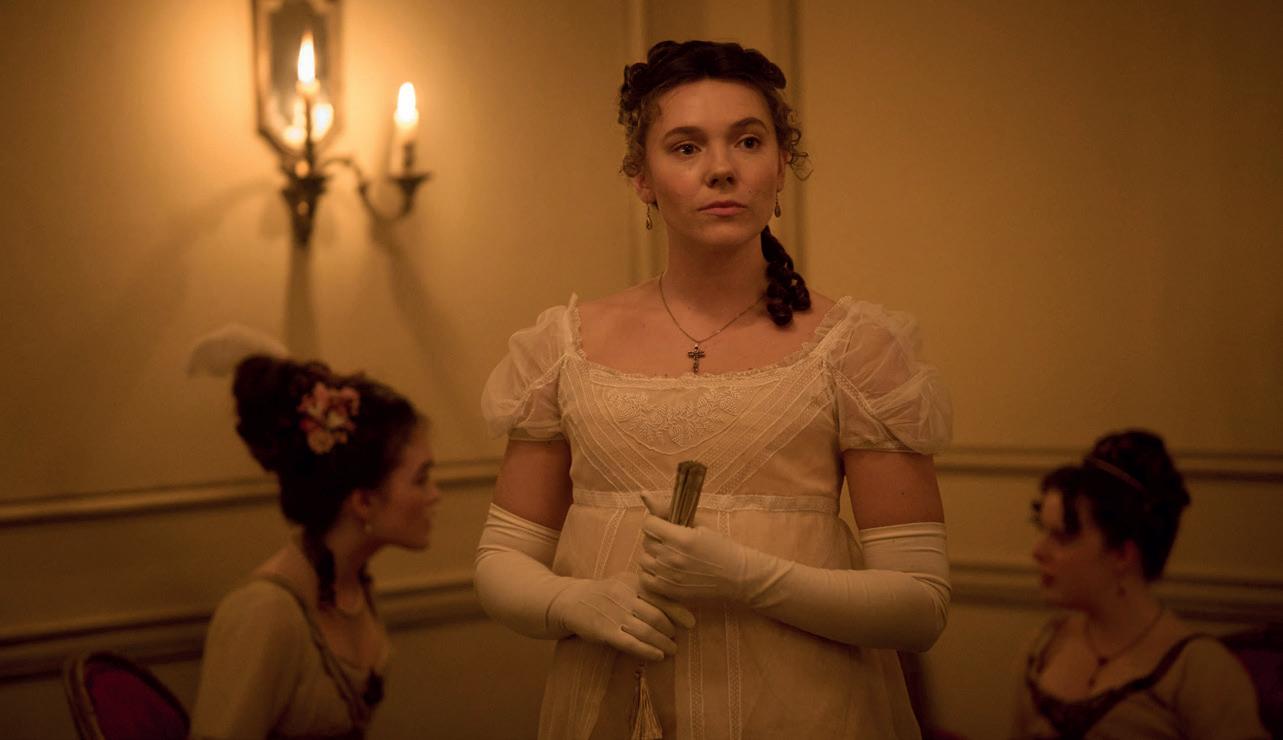
















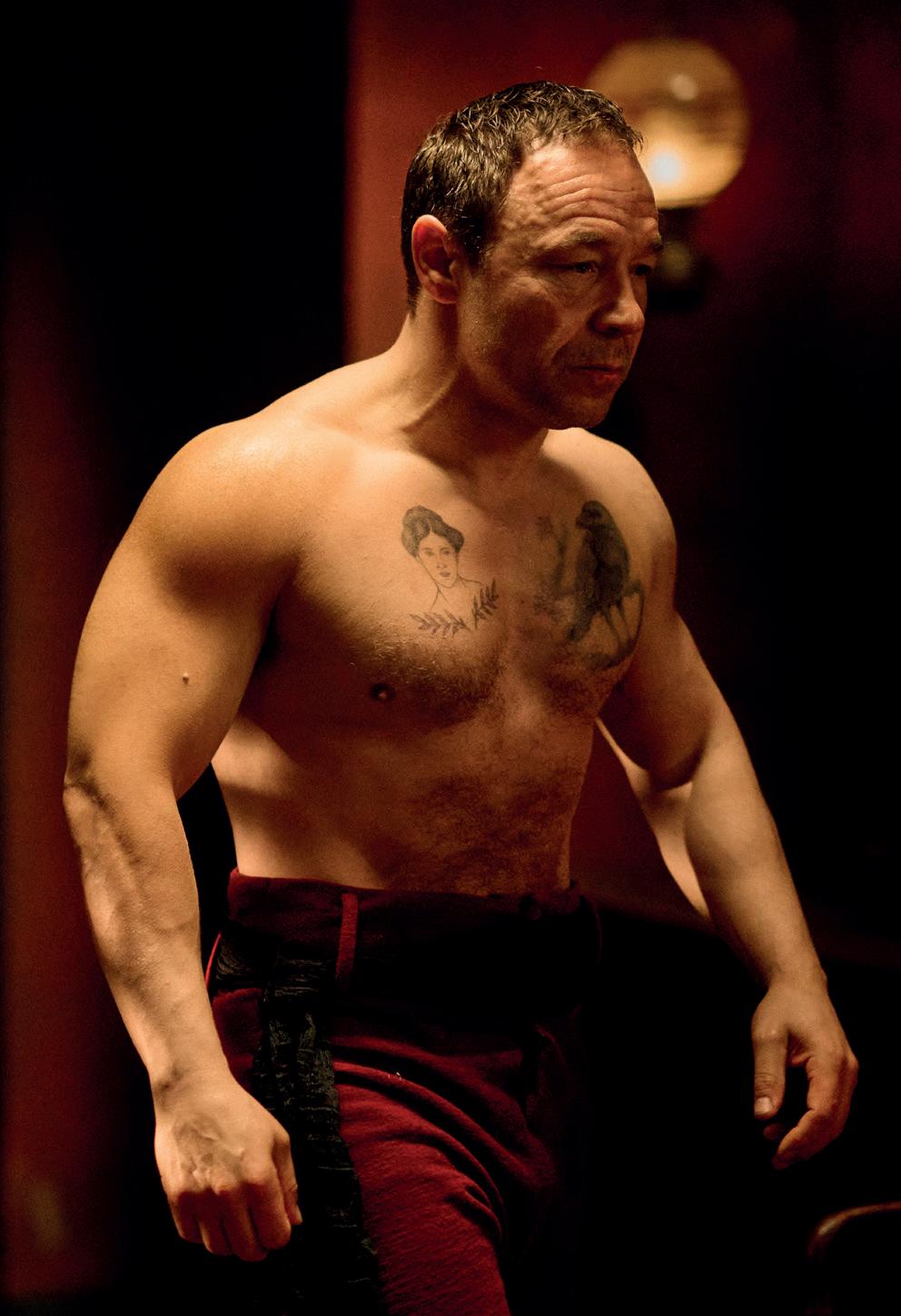

Ditching the dockyards of post-war Birmingham for the no-less brutal East End of London in the 1880s, A Thousand Blows is the latest gripping piece from acclaimed screenwriter Steven Knight, creator of Peaky Blinders. This gritty drama features Malachi Kirby and Francis Lovehall as two friends from Jamaica, Hezekiah Moscow and Alec Munroe, who find themselves entangled in London’s bare-knuckle boxing scene and the notorious Forty Elephants, an all-female crime syndicate.
But the work’s beating force beneath a chiselled physique is Stephen Graham, as the ruthless Sugar Goodson, self-proclaimed emperor of East End boxing. Graham, already a surefire sign of quality thanks to recent roles in Boiling Point and Code 404, reunites with Knight for this hardhitting, sweaty drama. Graham’s versatility, seen in everything from Line Of Duty to Matilda, and his championing of working-class writers with the co-creation of the Grass Routes writing competition to support socioeconomically disadvantaged writers, has solidified his status (without fanfare) as a national treasure.









A Thousand Blows boasts a compelling cast, including new talents like Ziggy Heath and established actors such as Jason Tobin and The Crown’s Erin Doherty, who are already on the upward trajectory of emerging talent. Looking to duke it out among other major releases, this series is poised to add some heft to Disney’s belt, hoping to match stable heavyweights Shōgun or The Bear. Certainly, A Thousand Blows looks promising, a historically rich storytelling experience that satisfies viewers’ brutish appetites and, even better, gives us more from Doherty and Graham. (Dominic Corr) n Starts on Disney+, Friday 21 February.
In this column, we ask a pod person about the ’casts that mean a lot to them. This month it’s Simon Barber, one half of the Sodajerker team (alongside Brian O’Connor) who interview the great and good of the music world for their On Songwriting podcast. Among recent interviewees are The Edge, Joan As Police Woman, and Brittany Howard. Here, Barber chats about a little-known horror flick and a guy from Dudley called Tony
Which podcast educates you? Richard Dawkins’ The Poetry Of Reality covers a diverse range of topics from biology and evolution to religion and much more besides. I can’t say I agree with him on every topic, but because of the variety of friends and foes he encounters, the podcast always sparks a lively philosophical debate.
Which podcast makes you laugh? Conan O’Brien Needs A Friend is my go-to comedy podcast. He’s just such a naturally funny person, and more than that, he’s able to be funny with all kinds of people. He finds the tone and brings out the best in his guests, and his interactions with co-hosts are often brilliant too.
Which podcast makes you sad or angry? As a podcaster myself it can be demotivating when podcasts don’t put the listener first and devote large amounts of time to meandering pub chat, or endless ad reads, or lack of care with interview preparation and editing. Those are the only occasions you’ll find me swearing at a podcast.
Which podcast is your guilty pleasure? I don’t really believe in the concept of a guilty pleasure. If I like something, I’ll listen to it guilt-free! However, I did devour the entire first season of In The Shadows Of The Neon Maniacs, a podcast by filmmaker Stephen Scarlata exploring the relatively unknown 1986 horror film Neon Maniacs in more detail that anybody would ever need about that movie.
Who currently doesn’t have a podcast but totally should? I once knew a bloke from Dudley called Tony who had more great stories than anyone I’ve ever met. He told me he had a friend who discovered a car buried in his back garden, so he got rid of the soil and simply drove it out. Each episode under five minutes. It could run forever, just like that car.
Pitch us a new podcast idea in exactly 24 words Tales Of Tony takes the listener into the world of a master raconteur. Barely believable bite-sized stories from one of the Black Country’s best.
Sodajerker On Songwriting episodes available at sodajerker.com; see much more of this Q&A at list.co.uk









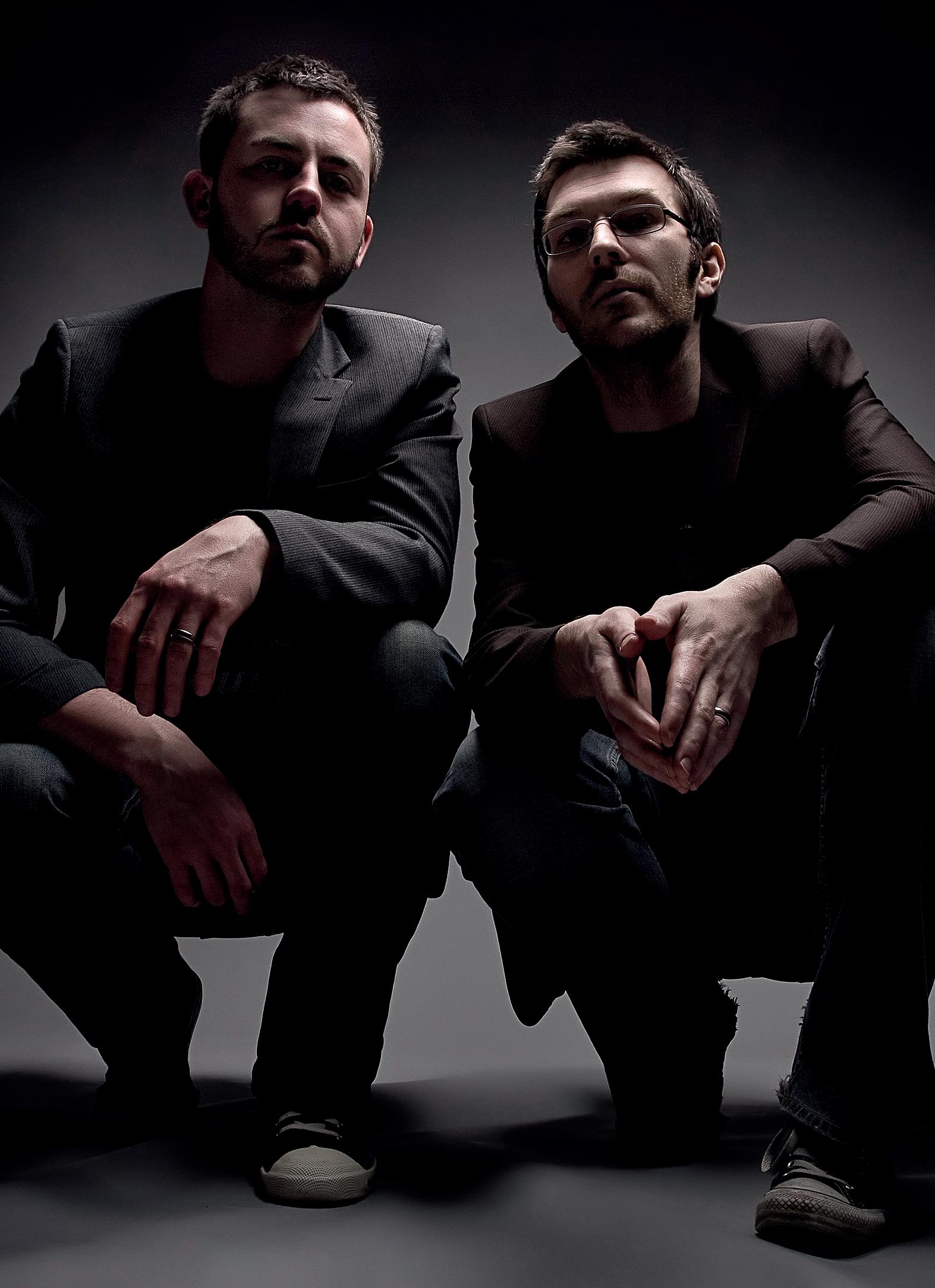
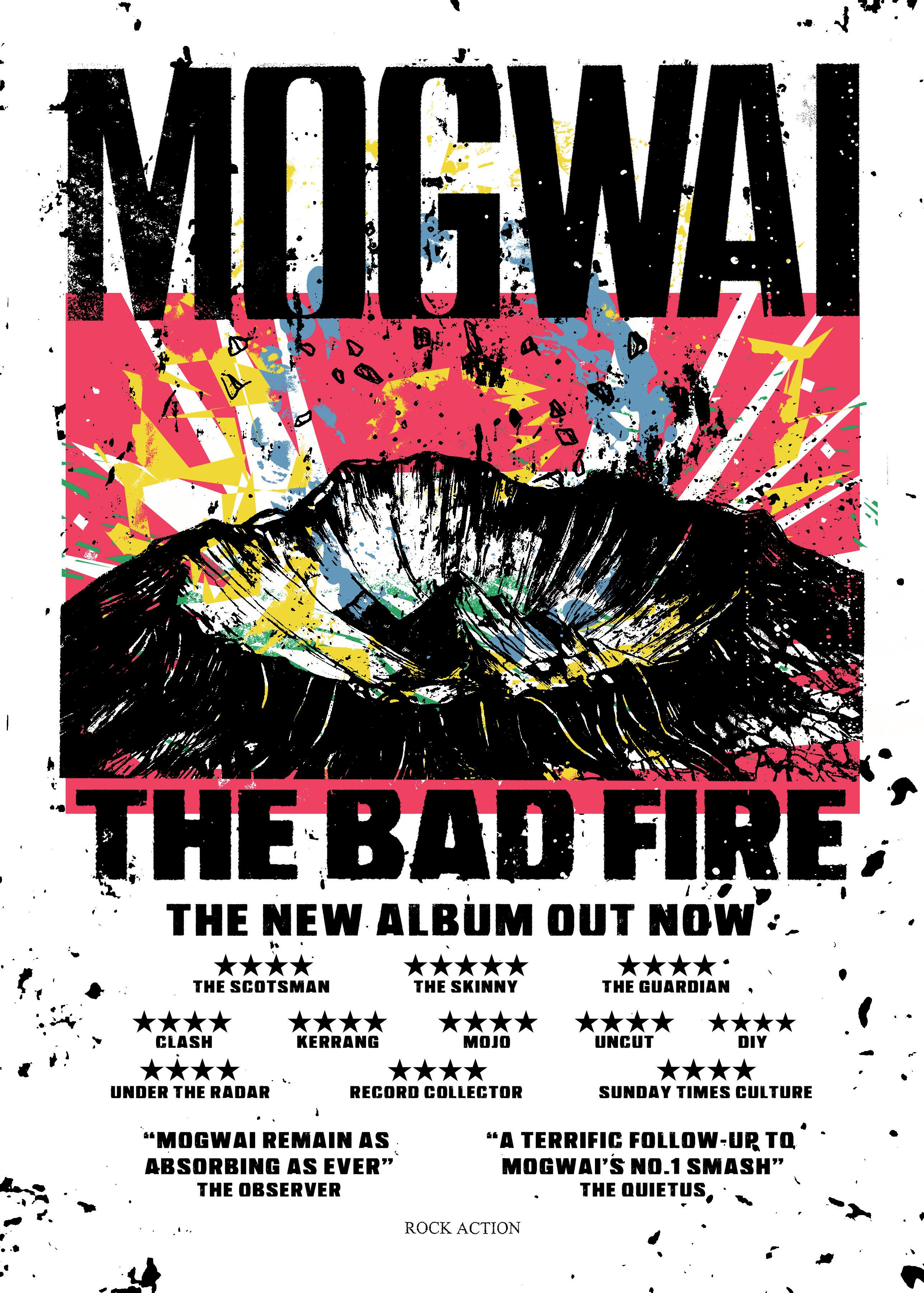
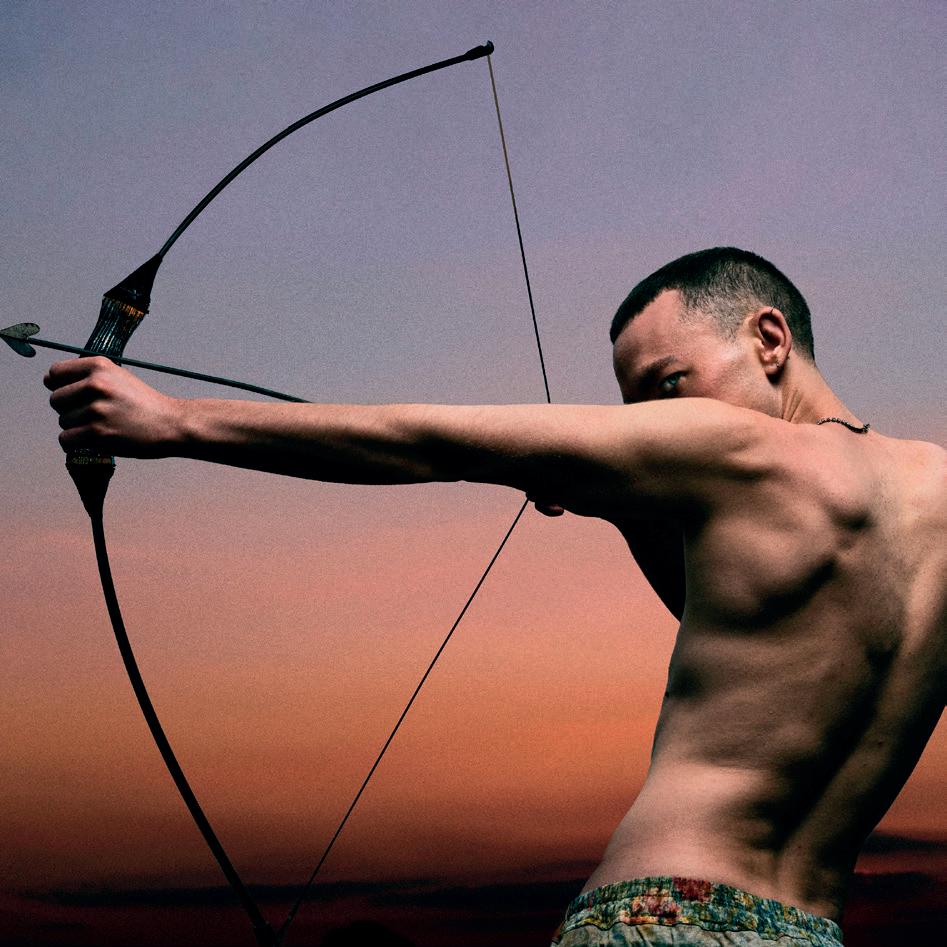
Finally shedding the Years & Years mantle, Olly Alexander launches his solo career proper with the sinuous synths and sexuality of Polari. Things look bright musically, but Claire Sawers wonders whether he’s been fully forgiven for last year’s disastrous Eurovision campaign
Now aged 34, it’s basically a slur to still be calling Olly Alexander a twink. He never really liked the word in the first place, finding it a bit reductive, but he got slapped with it nevertheless, given he rose to fame around the same time as other svelte and youthful white boys with queer appeal, such as Troye Sivan and Timothée Chalamet. Scoring his first UK number one with ‘King’ while fronting the synthpop band Years & Years back in 2015, Alexander has been seriously bothering the pop charts ever since.
After two dance-pop Years & Years albums (Communion went straight to number one in the UK charts and Palo Santo made the top ten), he parted company with his bandmates and put out Night Call by himself, confusingly still under the Years & Years moniker. Polari is his first solo album in his own name, and the power-pop vibes are strong.
Certain Years & Years tropes remain: we find more thirsty-coy love songs and hopelessly devoted anthems of lust, all dripping with sensuality and the unapologetic confidence of a proudly out man. But the production from collaborator Danny L Harle pings things up to a higher level. A radio-friendly level with commercial appeal for sure, but you can definitely imagine certain tracks helping queer dancefloors light up too.
The album title track, named after the underground-gonemainstream slang of the queer community, feels like a late 80s throwback. There are elements here of the cocky swagger that made Whitney Houston first fancy Bobby Brown onstage, or the tough beats of Janet Jackson’s Rhythm Nation. ‘Cupid’s Bow’ is like the young cruiser’s update on Adamski’s 1990 banger ‘Killer’, now with added wrestling boys in the video.
The glistening, thumping synths of Swedish pop-icon Robyn come to mind in ‘Archangel’ or ‘Miss You So Much’ and there are many sprinkles of the sugary, catchy-pop appeal of Kylie Minogue too. Alexander gained more fans after they watched his beautifully impish, vulnerable portrayal of aspiring actor Ritchie Tozer in Channel 4’s It’s A Sin and that sexual confidence and wink-wink humour still beams out of Polari, where the entendres are doubling. Prepare to blush at the meaningful pause in ‘Make Me A Man’, where he sings ‘won’t you fill this hole . . . in my heart.’
Not all Alexander’s fans will be following him with this album, however. His refusal to boycott 2024 Eurovision lost him huge chunks of his queer fanbase; he represented the UK with Pet Shop Boys-echoing track ‘Dizzy’ but scored zero points in the public vote, possibly due to his limp stance on Israel’s participation in that contest. His careerism may be a turn off, but if a pop distillation of queer desire is what you seek, Olly Alexander’s arrow doesn’t miss.
Polari is released by Polydor on Friday 7 February.

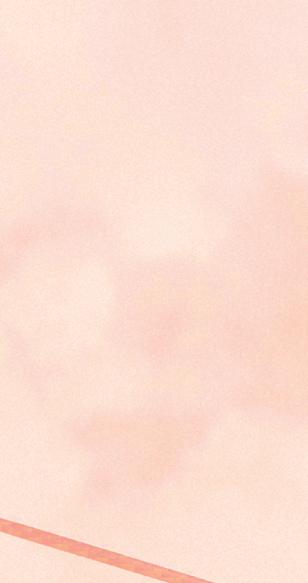

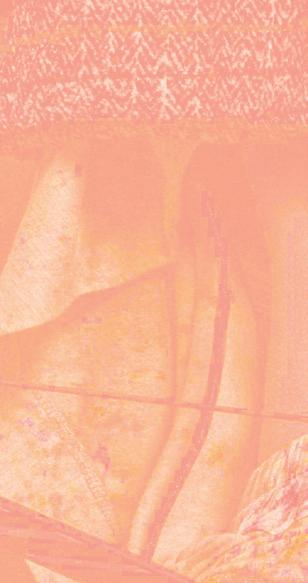

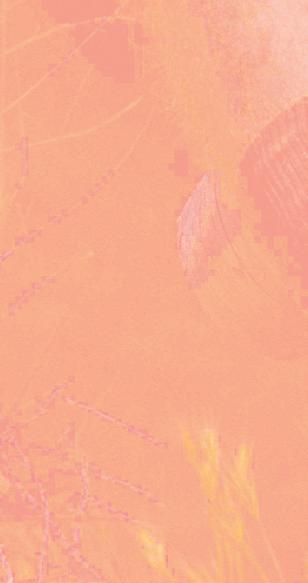

Garrett Carr’s first venture into adult fiction is a charming tribute to the harbour town that raised him. Set in rural Donegal in the 1970s and 80s, The Boy From The Sea is a quiet meditation on how family, community and industry intertwine around the bountiful but perilous Atlantic. Centred on fisherman Ambrose Bonnar and his wife Christine, the story begins when they rescue a neglected baby (Brendan) on their local beach. As Brendan grows up, so do tensions between him and his brother Declan who is desperate for his father’s validation and sees his adopted sibling as a constant rival. Their estranged relationship acts as the novel’s core conflict, tensions rising and falling as the young brothers find their place in the world.
Meanwhile, Christine and Ambrose, as well as Christine’s father and sister Phyllis, find fleeting purpose in performing their duties: Ambrose at sea, Christine raising the children, and Phyllis caring for their elderly dad. Domestic spaces often play host to the book’s most profound moments, with a beautiful section honing in on Ambrose and Christine exchanging stories about their bodily scars.
But Carr’s biggest strength lies in capturing the fishbowl quality of smalltown life. The book’s third-person narrator is a personified collective; the many eyes peeking through neighbours’ curtains or peering over a pint at The Ship Inn. Through this lens, the author observes cutting judgement and soul-saving tenderness shown by tight-knit communities and the speed at which one can turn into the other. (Megan Merino)
n Published on Thursday 6 February.
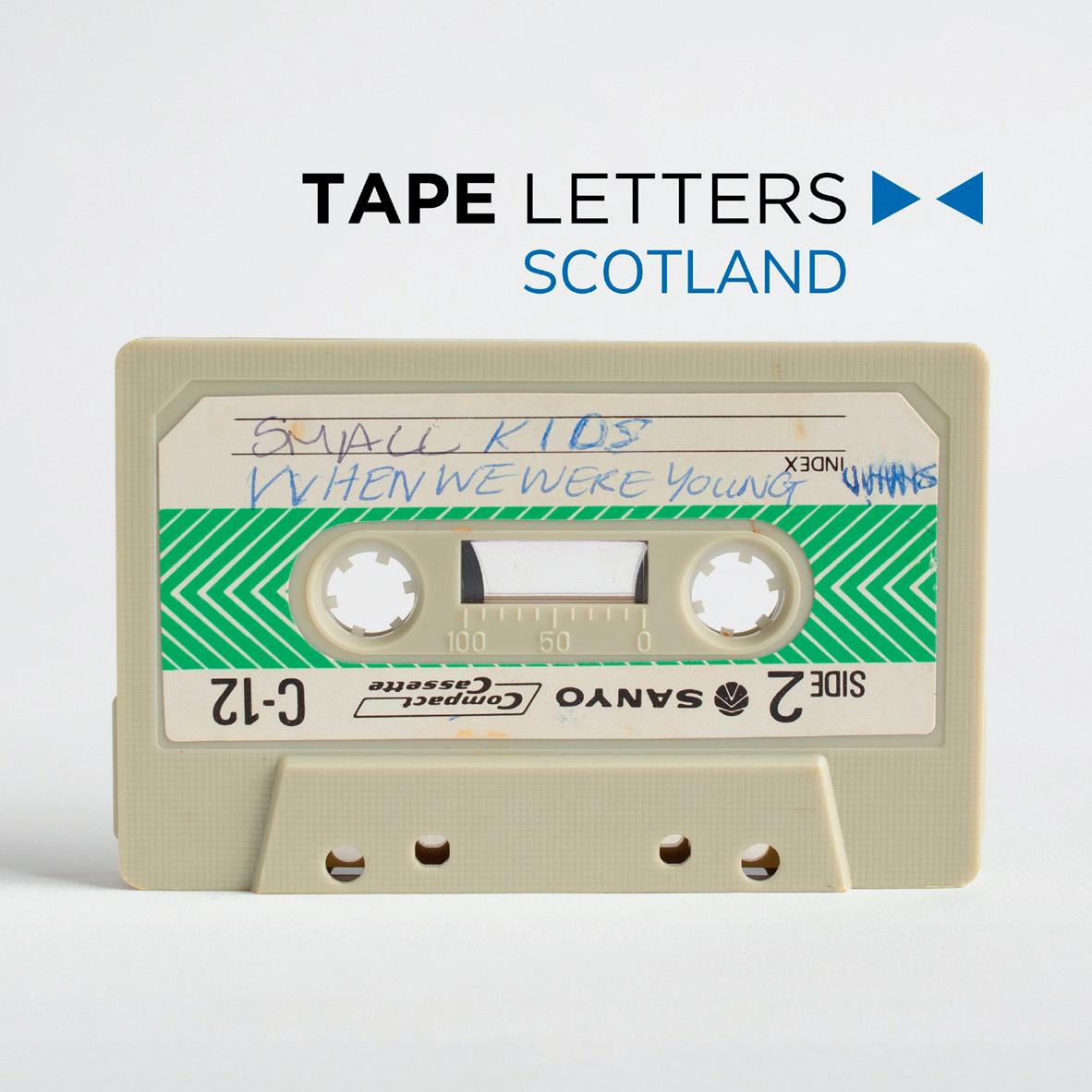







In an era where the face of a loved one is just a few taps away, it can be difficult to grasp the enormity of uprooting yourself and bidding farewell to home in a time when physical distances were not so easily bridged. But those who came before us were resourceful in their efforts to close those gaps.
The voice, with its distinct textures and idiosyncrasies, holds the uncanny power to conjure faraway worlds. For Pakistanis who migrated to the UK between the 1960s and 80s, recording and sending cassette tapes across continents became a means to stay connected. Like voicenotes of their time, these tapes carried stories, songs and sometimes even soundscapes of a city or a household, audio snapshots of life from across the world. Families waited months, even years, for a single tape to arrive. Long after the practice faded, these tapes were lovingly and carefully preserved, relics of cherished connection.
Tape Letters Scotland is an oral history of that period. Drawing directly from first-hand interviews and the informal conversations which were captured, this podcast weaves together a portrait of a displaced community. Wives and mothers speak of sisters whose faces they’ve forgotten; children recall sending newly rehearsed nursery rhymes; a grandmother clings desperately to a family she cannot see or touch, their memory alive only in the grainy sounds emanating from the tapes.
The podcast keeps it simple, staying true to the voices and stories of those who wish to reminisce, allowing raw emotion to work its magic. The narrative around immigrants has too often focused on survival and hardship, with more personal and everyday stories forgotten. Tape Letters Scotland is a laudable attempt at going deeper. Within these accounts lies a softer, more intimate truth: of the ways people fought to clutch a thread that led home. (Aashna Sharma)
n Episodes available now on tapeletters.com/podcast

They made for unlikely allies but when Brian Walden interviewed Margaret Thatcher on live television, sparks always flew. For this small-screen two-parter, Brian Donaldson believes that Steve Coogan and Harriet Walter bring these adversaries to life without over-indulging in predictable caricatures
After their trips across Europe sampling food and wine while slagging off each other’s spot-on impersonations, Rob Brydon is likely the Welshman most associated with Steve Coogan. But in truth, Coogan probably gravitates more towards Michael Sheen in terms of career trajectory given their uncanny ability to get into the skin and psyche of real-life individuals, whose names are piling up on their respective IMDb pages. Sheen is rightly renowned for his Brian Clough, David Frost and Chris Tarrant while Coogan’s takes on the diverse (to say the least) likes of Tony Wilson, Jimmy Savile and Stan Laurel are now the stuff of showbusiness legend.
And Coogan is back in the real world once more as he becomes Brian Walden, the 1980s finest political TV interviewer who excelled in the longform one-to-one which is anathema to today’s ‘pack-em-all-onto-one-short-sofa’ approach to TV interviewing.
Harriet Walter is arch and austere but with flickers of humour and (dare we say it) humanity in her portrayal of Margaret Thatcher, who we first see as mid-70s Leader Of The Opposition but whose rise (and ultimate demise) closely mirrors that of Walden’s. They first meet in an ITV studio for an edition of the Walden-fronted Weekend World (they don’t make political programme theme tunes like that anymore: Thatcher was clearly not enamoured with its raucous punky intro) and while coming from different ends of the party-political spectrum (Walden was Labour MP for Birmingham Ladywood between 1964 and 74 before pursuing the journalism and broadcasting that made his name), a mutual respect and friendship grew. He even began to pen ad hoc speeches for her.
As a means of keeping Walden slightly at arm’s length and to attempt to dilute his adversarial tendencies for their interviews, Thatcher appealed to his sense of being an outsider. He had felt the Labour Party was no longer the social-democratic unit he joined while she was having to force her way into stuffy conservative (with both a big and little ‘c’) structures that were stridently male-dominated. But more than that, she played heavily on the ‘common touch’ of being a greengrocer’s daughter.
This worked on Walden for a while, but soon, driven on a little by ratings and a lot by concerns over his own reputation, he finally cut loose and went for the jugular just when Thatcher was at her most vulnerable as the party turned against her in 1990. In this telling (brilliantly written by screen and stage writer of the moment, James Graham), she is stunned by what she views as a betrayal of their friendship. Through Coogan’s performance, you sense regret in Walden; but the will to succeed as an interrogator of those in power and a seeker for truth ultimately won out. Both Walter and Coogan triumph mainly through a refusal to overdo the impersonation and avoid caricature: Walden’s speech impediment is never exaggerated for effect and Thatcher’s weird vocal cadences aren’t laid on thick. For politicos who lived through that period, Brian & Maggie will be a blast. For everyone else, sitting down to experience Graham, Coogan and Walter at the top of their game is a superb start to the telly year.
Brian & Maggie is available at channel4.com
Hull four-piece Bdrmm, named for their roots as frontman Ryan Smith’s bedroom project, consider themselves musical (arguably also social) outliers but in recent years have found a welcoming home at Mogwai’s Rock Action imprint. New album Microtonic is their second for the label and third overall, and continues the slow march from their shoegaze beginnings into electronic territory. The use of effects and distortion has been pared back, if not excised entirely, and while they’re not quite losing it in dancefloor ecstasy, they are at least now staring outwards at a bleak reality which only confirms Smith’s anxiety-ridden worldview. If only he had some sort of cathartic channel for his angst . . .
He initially cedes vocal duties to Syd Minsky-Sargeant of fellow Yorkshire artists Working Men’s Club who intones over post-rock drones and electro judders on opening track ‘goit’. The industrial minimalism of ‘John On The Ceiling’ resolves into a lighter indie-synth canter but the wan Slowdivemeets-Sigur Rós balladry of ‘Infinity Peaking’ drags somewhat, as Smith wrestles with being good to himself. In contrast, the gothic electro-pop of ‘Snares’ is fitted with a joyous trance-inducing dancefloor coda.
The prowling post-punk of ‘In The Electric Field’, featuring rich guest vocals by Olivesque, goes all-out shoegaze indie rock in the style of their label bosses, while deep pulses and bell-like synths give way to a mountainous fuzz bassline and slash-and-burn guitars on the title track. Brass Eye fans will recognise the title ‘Clarkycat’ as a reference to a bogus drug in one of the show’s notorious sting sketches. The effects, as imagined here, including twinkling notes, ravey stabs and plangent indie guitar all cut across a brooding synth-pop soundscape beamed in from the early 80s. Not such a bad trip after all. (Fiona Shepherd) n Released on Friday 28 February.









The golden age of British comics is brought to life in this glorious rustle through their back pages by the matey double act of Mark Hibbett and John Dredge. Reviewing specific issues of classic titles on a fortnightly basis, they go from old-school DC Thomson stalwarts such as The Dandy, The Beano and The Topper, to the more anarchic IPC new wave embodied by Whoopee! and Krazy. This riot of wild artwork and puntastic characters (such as Frankie Stein and Sweeny Toddler) was akin to moving from music hall to punk, with lashings of junior-school surrealism thrown in.
The 12 editions so far take us from Jackpot to Cheeky Weekly, as we discover the class-based roots of many strips: in Class Wars, a posh private school and a scruffy comprehensive are merged. Umberto Eco gets a mention, as does Trevor Metcalfe’s superhero homage The Amazing Three which enjoyed a second life by way of Grant Morrison in 2000AD. The first David Bellamy impression heard in the wild for many a year is here, as are Proustian reminiscences of Emu puppets, all punctuated by Kenny Everett-style jingles and a chirpy bubblegum theme tune.
Hibbett and Dredge’s fanboy enthusiasm suggests they still play conkers while waiting for the newsagent to open. Though the comics themselves can now be seen on the podcast’s social-media pages, those scans may not have what the duo call the ‘whiff of Thatcher and punk venues’ of the paper versions. But it all makes for a bumper-size summer special of a show. (Neil Cooper)
n New episodes available every second Sunday at thefcfc.podbean.com

Buffalo-born saxophonist James Brandon Lewis has earned a strong reputation for his forthright, fearlessly explorative playing that has tangible roots in gospel music and shows an acute awareness of jazz history. These factors come to the fore on his 16th album, Apple Cores, which finds him working with drummer Chad Taylor and bassist-guitarist Josh Werner. Both are time-served partners of Lewis and whose input underlines the teamwork which produced a fascinating and consistently energised recording across two sessions.
Lewis’ inspiration here is two-fold: the work of poet and jazz theorist Amiri Baraka (the album takes its name from a column Baraka wrote for DownBeat in the 1960s) as well as the spirit and musical curiosity of trumpeter and free jazz/world music pioneer Don Cherry. The effervescent ‘Five Spots To Caravan’ charts the latter’s career from the famed Five Spot Café where Cherry partnered Ornette Coleman on his New York debut in 1959. Lewis’ clarion call-style initial announcement progresses into a throaty improvisation that’s equal parts uncompromisingly exploratory and reassuringly repetitive.
Taylor and Werner add groove and physicality, but over 11 tracks that vary superbly in pace and attack, they also lend atmosphere. Taylor’s mbira (or thumb piano) gives ‘Prince Eugene’ the air of an African marketplace while Werner’s bowed colourings and guitar soundscapes are as effective as his pumping pizzicato lines. Apple Cores is an album whose immediate impact is matched by gradually revealed subtleties that repay repeated listening. (Rob Adams)
n Released on Friday 7 February.
If you think that a Cambridge student becoming embroiled in a numerical conspiracy dating back to ninth-century Baghdad sounds like a lost Dan Brown novel, you’d be sorely mistaken. It’s actually the plot of Apple’s newest thriller, Prime Target. Mathematician Edward Brooks (Leo Woodall) is convinced that discovering a sequence in prime numbers could revolutionise human understanding of the world. But those around him wish to stifle that research, not least his supervisor Robert Mallinder (David Morrissey) who is only too aware of the tragic fate awaiting Edward if he insists on pursuing the subject further.
Even to the most mathematics-adverse viewer, this concept is ludicrous. Yet despite his character’s strict adherence to the socially inept, mathsprodigy archetype, there is something unshakeably endearing about Woodall’s performance. He’s the type of guy who brings ginger creams to a dinner party, proceeds to solve a maths problem on his host’s tablecloth, and then departs in a flurry of inspiration before dessert is served.
Fans of writer Steve Thompson’s Vienna Blood will know that his previous show’s appeal stemmed from its pacy action and fun period setting rather than groundbreaking writing. And there is a similar sense of escapist fantasy at play here. It’s got murder, mystery and mathematics: and that’s just the first episode. Number two loses some of the opener’s rollicking impetus, and yet it still breezes by at such an engaging pace that it’s hard not to at least begrudgingly enjoy what’s happening before our very eyes. The show’s complete self-seriousness is, ironically, what makes it work. Will it do for abstract mathematics what Indiana Jones did for archaeology? No. But, if you suspend your disbelief and just let the ridiculousness wash over you, Prime Target is a diverting romp and quite possibly the perfect remedy for those winter blues. (Eve Connor) n New episodes available on Wednesdays.

Alma’s Not Normal as featured in What’s Funny About (and bottom from left), Bartees Strange, Apple Cider Vinegar, Night Train To Odesa
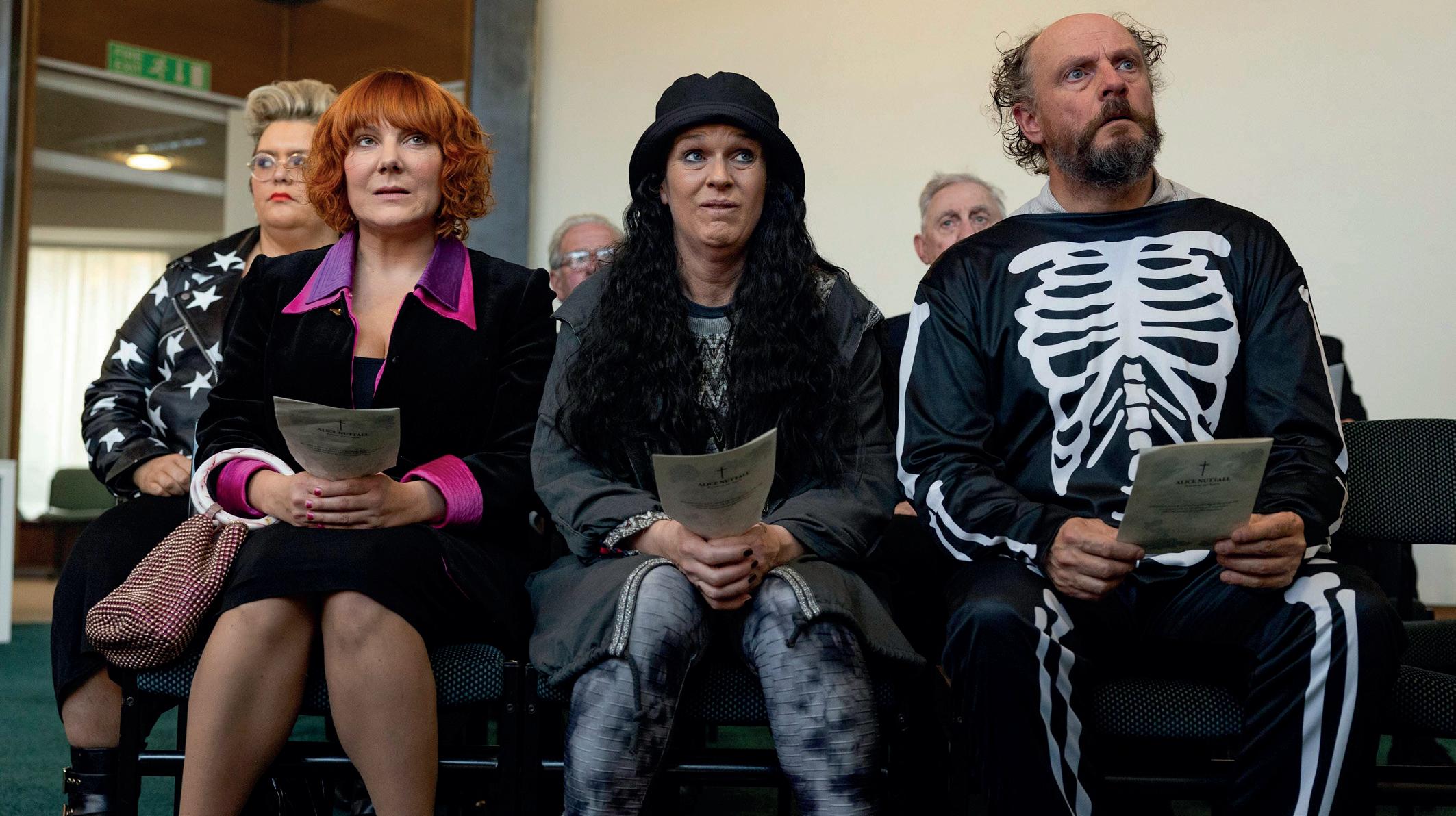
A packed month of things to do indoors or consume on your travels include a novel series haunted by a Scandic disaster, the return of an iconic building game, and a beloved comedy-drama coming to a close
ALBUMS
DOVES
While Jimi Goodwin is sitting out the band’s nationwide tour in order to continue his recovery towards better health, he’s still there on the Manchester outfit’s first record in five years, Constellations For The Lonely n EMI North, Friday 14 February.
BARTEES STRANGE
Raised on scary stories, both fictional and real, Strange distils it all into a new album, Horror, which also features splashes of the music he grew up on: Parliament, Fleetwood Mac and Teddy Pendergrass for three.
n 4AD, Friday 14 February.
BOOKS
JEN STOUT
Here comes the paperback edition of Night Train To Odesa, as the journalist and radio producer explores the ongoing conflict in Ukraine. The subtitle pretty much says it all: ‘Covering the human cost of Russia’s war’.
n Birlinn, Thursday 6 February.
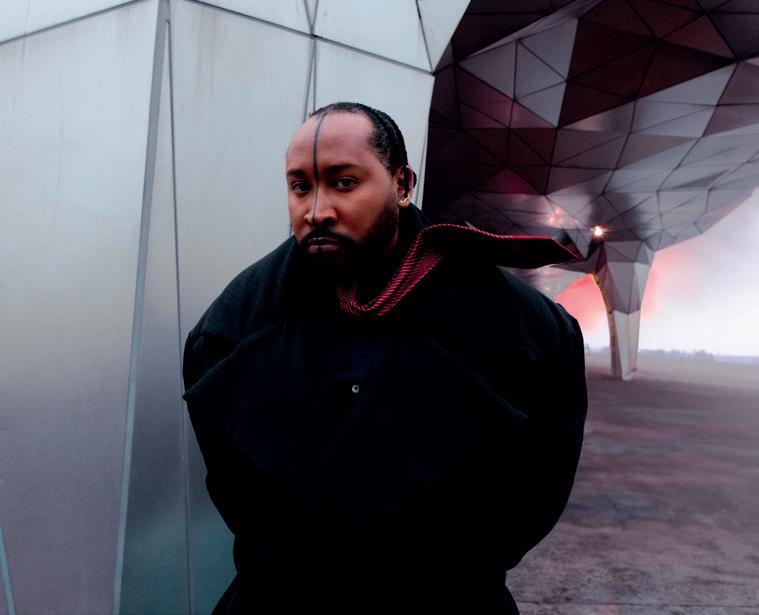
ASTA OLIVIA NORDENHOF
Money To Burn is the first in the Scandinavian Star series which considers how a tragic ferry accident still reverberates decades later. In this opener, the disaster looms large over a couple whose marriage is falling apart.
n Jonathan Cape, Thursday 6 February.
GAMES
SID MEIER’S CIVILISATION VII
Your chance to embody an illustrious leader, from traditional heads of state known for their militaristic might or political prowess to visionary figureheads who made everlasting impacts in philosophy, science and human rights.
n Firaxis Games, Tuesday 11 February.
PODCASTS
WHAT’S FUNNY ABOUT
This series from legendary producers Jon Plowman and Peter Fincham about British TV comedy triumphs continues with Yes Minister and Alma’s Not Normal while the final episode looks at the inside story of Comic Relief.
n BBC Sounds, new episodes on Saturdays.
Kaitlyn Dever continues her rise to superstardom with this role as Australian wellness influencer Belle Gibson who falsely claimed she had cured her own brain cancer. Incredible as it sounds, this wasn’t a podcast first.
n Netflix, Thursday 6 February.
BIG BOYS
The third and final series of Jack Rooke’s autobiographical comedy-drama is upon us with Jack (Dylan Llewellyn) and Danny (Jon Pointing) partaking in a final slice of deadlines, dissertations and desire. Camille Coduri, Izuka Hoyle and Katy Wix are all present and correct for this last hurrah.
n Channel 4, Sunday 9 February.
Here’s another show having its third go round although further life is expected beyond this latest set from Mike White. A Thailand-set season features Leslie Bibb, Jason Isaacs, Aimee Lou Wood and Carrie Coon.
n Sky Atlantic, Sunday 16 February.

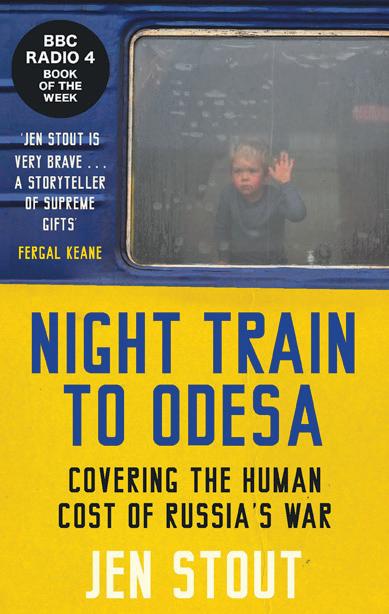
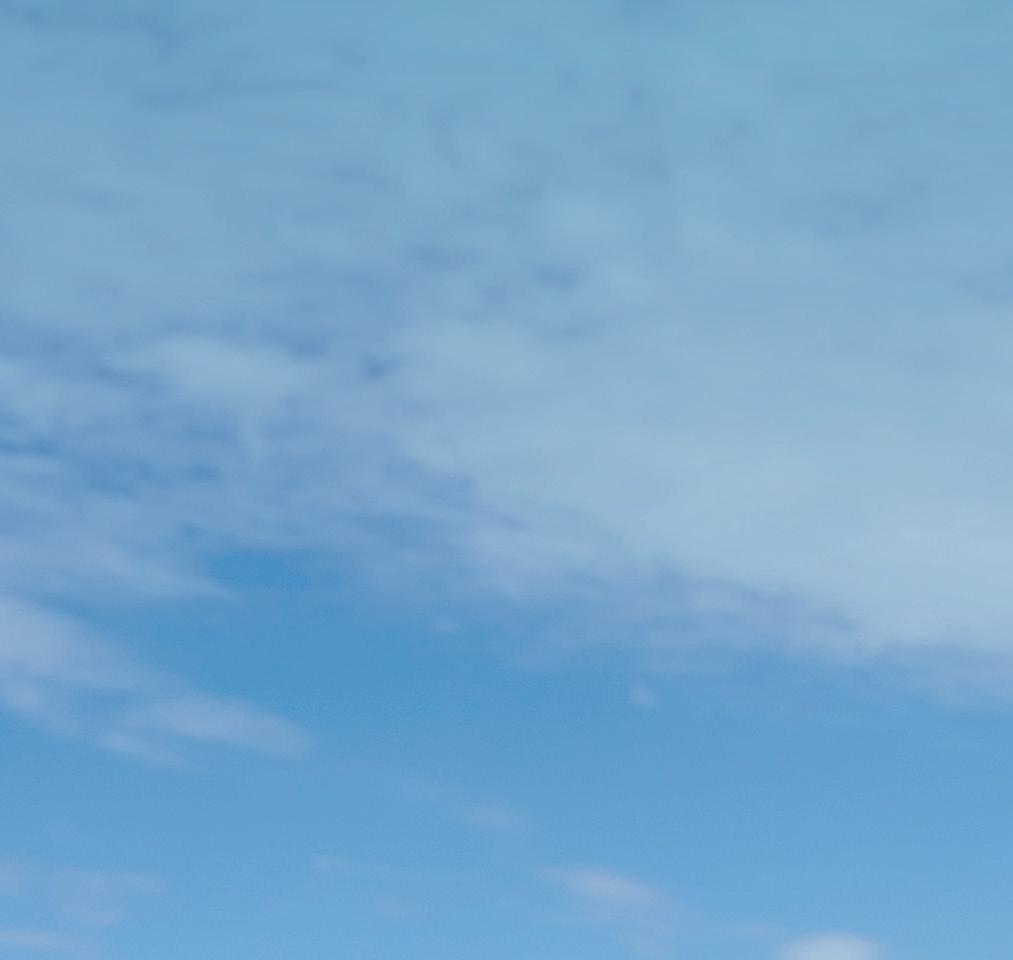
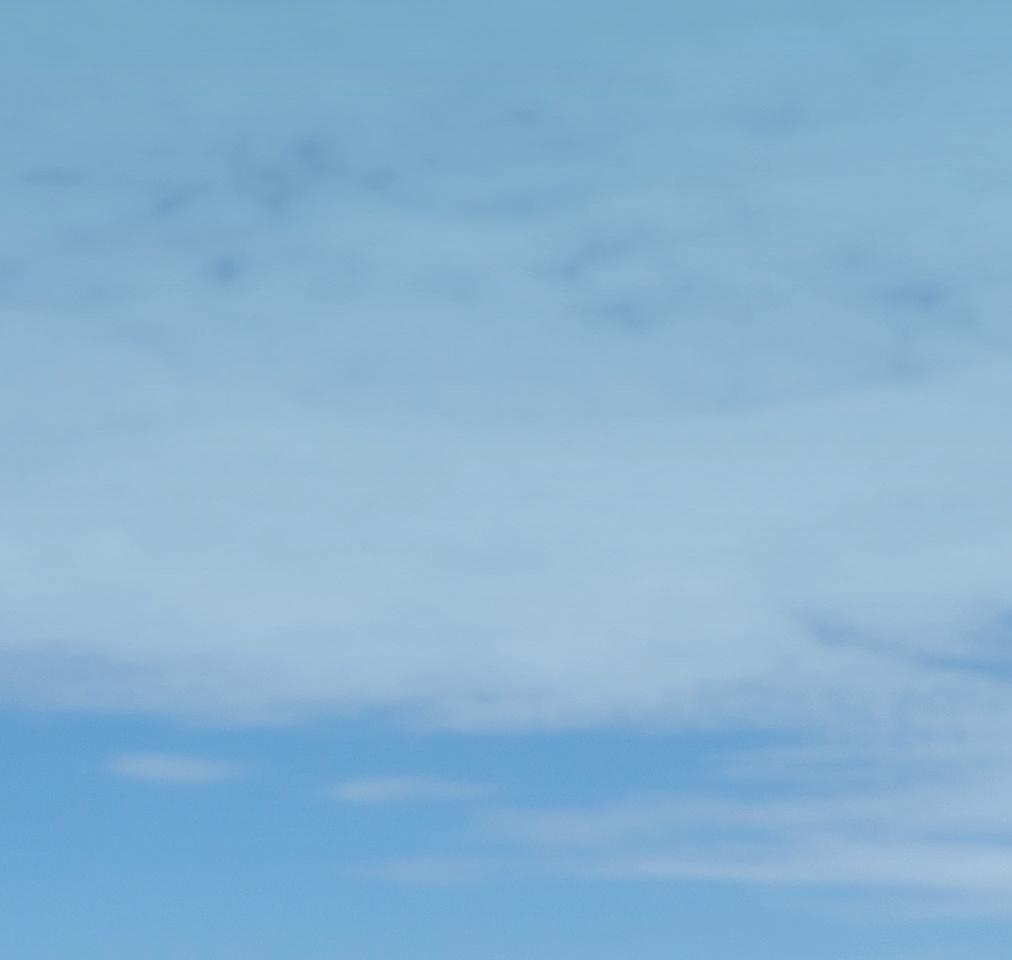




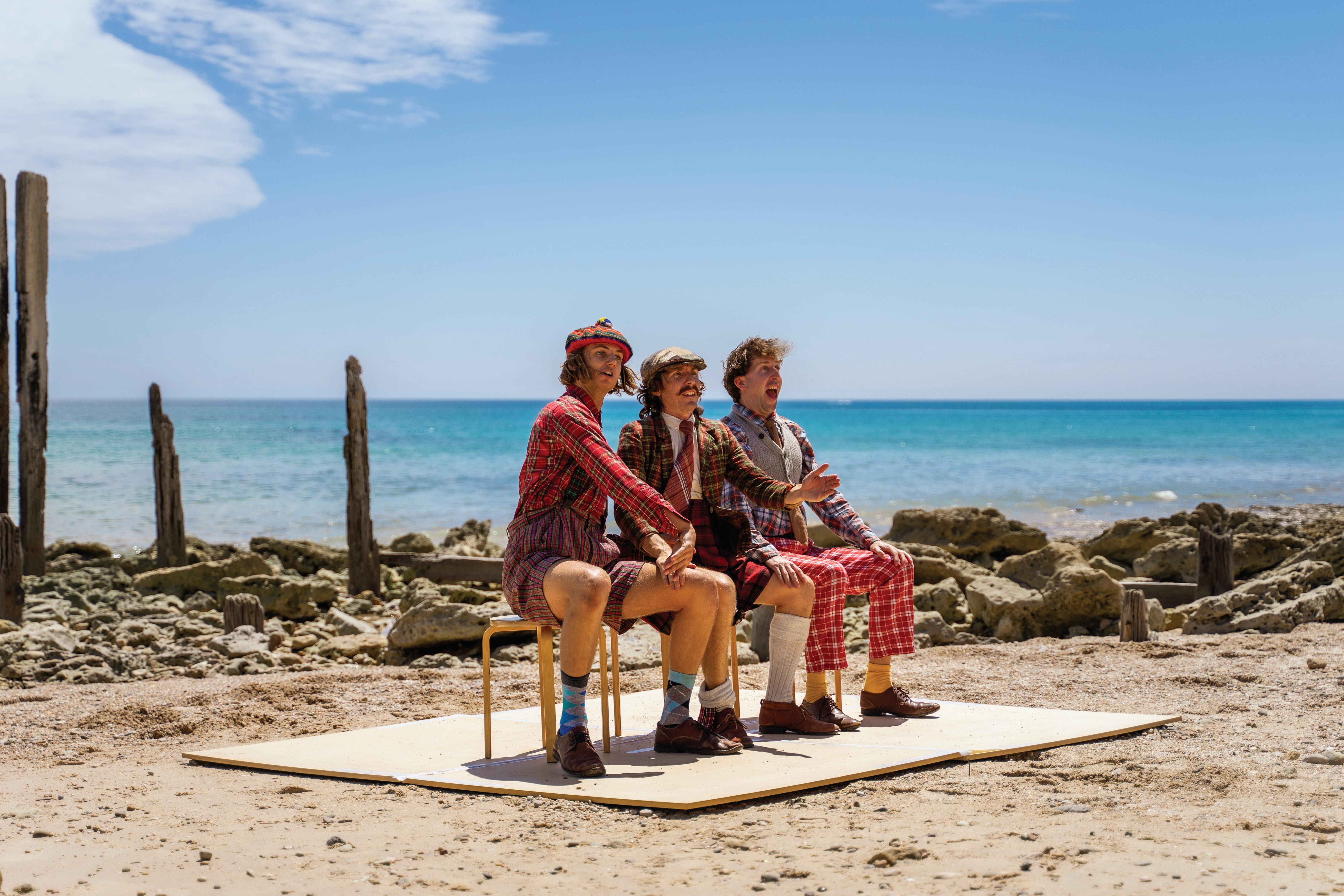


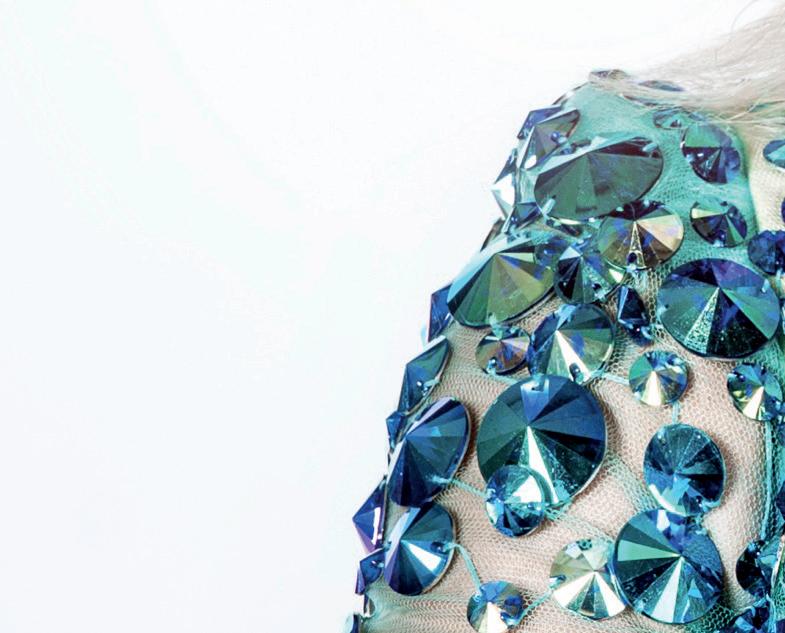

A veteran of the punk and new wave scene, Toyah records effervescent videos with her prog muso husband Robert Fripp and was a narrator on the original Teletubbies. While preparing to make a guest appearance in Edinburgh for an 80s-set musical, she takes on this Q&A to tell us about sofas, spiders, surfing, Shanghai, Strictly and security systems
Who would you like to see playing you in the movie about your life? Who do you think the casting people would choose? Jane Levy. She was in a movie called Don’t Breathe and is a street-sassy actress. I think casting directors would go for someone like Jenna Coleman or even Nell Hudson. Nell has a soft lisp and can play a large spectrum of women including punk culture.
What’s the punchline to your favourite joke? ‘He wears flip flips.’
If you were to return in a future life as an animal, what would it be? I have always found elephants majestic and hugely wise. For me all nature and animals are equal in importance to mankind, even though I was taught we are a superior species. I often doubt this. In this case, I’d choose a killer whale because it’s about the survival of the fittest. That’s a priority over being gentle and fluffy.
If you were playing in an escape room, name two other people (wellknown or otherwise) you’d recruit to help you get out? Jason Statham and Noel Fielding.
When was the last time you were mistaken for someone else and what were the circumstances? I was in a coffee shop in Inverness and a person in the queue thought I was their neighbour. They were standing next to a poster of me for the Belladrum Festival which I was about to play.
What’s the best cover version ever? ‘Nothing Compares 2 U’ by Sinéad O’Connor.
When were you most recently astonished by something? The overwhelming support I had from my fans on my time at Strictly Come Dancing.
Whose speaking voice soothes your ears? Neil Jones, my dancing partner on Strictly Come Dancing. I spent four weeks in a rehearsal room with Neil, seven hours a day, and his voice really grew on me. He talks with a slightly posher accent when he is with me, but I noticed he was more ‘London’ with his friends.
Tell us something you wish you had discovered sooner in life? To trust your own inner truth. We are all instinctively brilliant but never taught to listen to ourselves.
Describe your perfect Saturday evening? On stage at Glastonbury.
If you could relive any day of your life, which one would it be? The last day with my father. I would have calmed him down because he was upset about something, and it caused his fatal stroke.
What’s your earliest recollection of winning something? It was in Smash Hits magazine where I was named the world’s sexiest singer.
Did you have a nickname at school that you were ok with? And can you tell us a nickname you hated? All my nicknames were derogatory. My sister still calls me Slob. My brother called me Stick In The Mud. I’ve been called Hop Along and Maggot. But my lawyer calls me Goddess.
If you were to start a tribute act to a band or singer, who would it be in tribute to and what would it be called? Muse and I would call it Amused.
What tune do you find it impossible not to get up and dance to, whether in public or private? ‘Nutbush City Limits’ by the icon Tina Turner. I’ve danced to this all my life.
Which famous person would be your ideal holiday companion? I don’t know her personally, but it would be Goldie Hawn.
As an adult, what has a child said to you that made a powerful impact? Be happy.
By decree of your local council, you’ve been ordered to destroy one room in your house and all of its contents. Which room are you going to choose? I’d have to choose my bedroom, because I never sleep in bedrooms, I always sleep on sofas. I am an outdoors person and I will always sleep outdoors if I have the choice.
Tell us one thing about yourself that would surprise people? I am really terrified of spiders. I am dyslexic and I am short.
When did you last cry? I wish I could cry. Sometimes I am left so numb I can’t find tears. Crying is essential and this is the first time in decades when I cannot find tears.
What’s the most hi-tech item in your home? I am not a techy person but it would be the security system which is run by other people.
What’s a skill you’d love to learn but never got round to? Surfing. And I would love to go to college and learn languages, art, literature and social-media tech.
If you were selected as the next 007, where would you pick as your first luxury destination for espionage? Shanghai.
Toyah Willcox appears in Now That’s What I Call A Musical, Edinburgh Playhouse, Tuesday 25 February–Saturday 1 March.
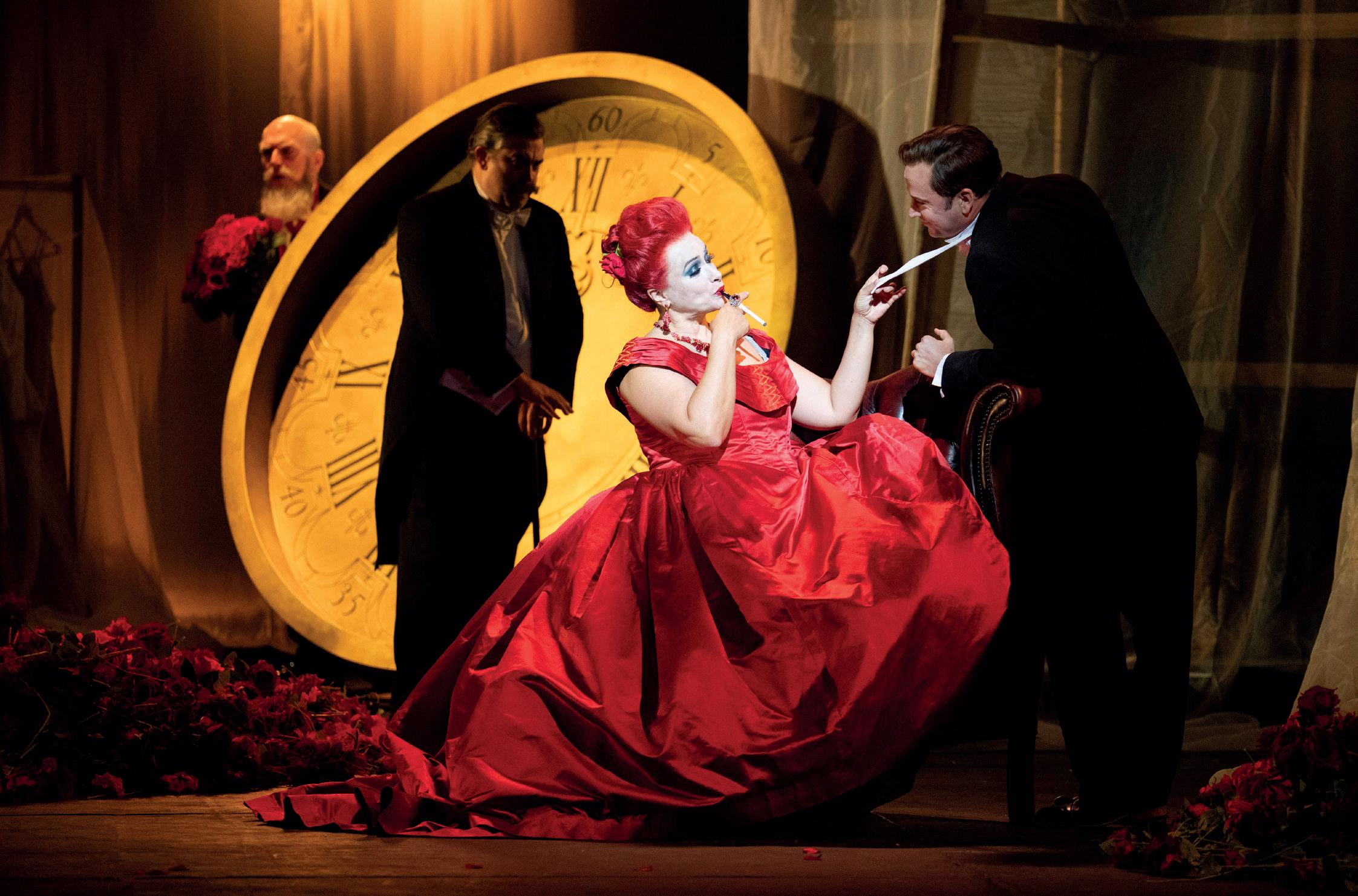


1 2 3
Janáček’s The Makropulos Affair gets the Scottish Opera treatment at Glasgow’s Theatre Royal (15, 19, 22 February) and Edinburgh’s Festival Theatre (27 February, 1 March) for a story about an enigmatic diva featuring matters of reality and fantasy, science versus nature, and life or death.
The annual celebration of animation, puppetry and visual theatre returns with another slice of Manipulate (12–15 February), including pieces from Groupwork and Shotput, plus films such as Glenn, The Great Nature Lover (pictured) and A Town Called Panic
Dubbed a spearhead of the trance revolution, Ben Hemsley is no longer known for his understated stylings. But Glasgow’s Sub Club (27 February) and Edinburgh’s Cabaret Voltaire (1 March) are part of a mini-UK tour entitled Intimacy in which the producer-DJ strips it all back.

